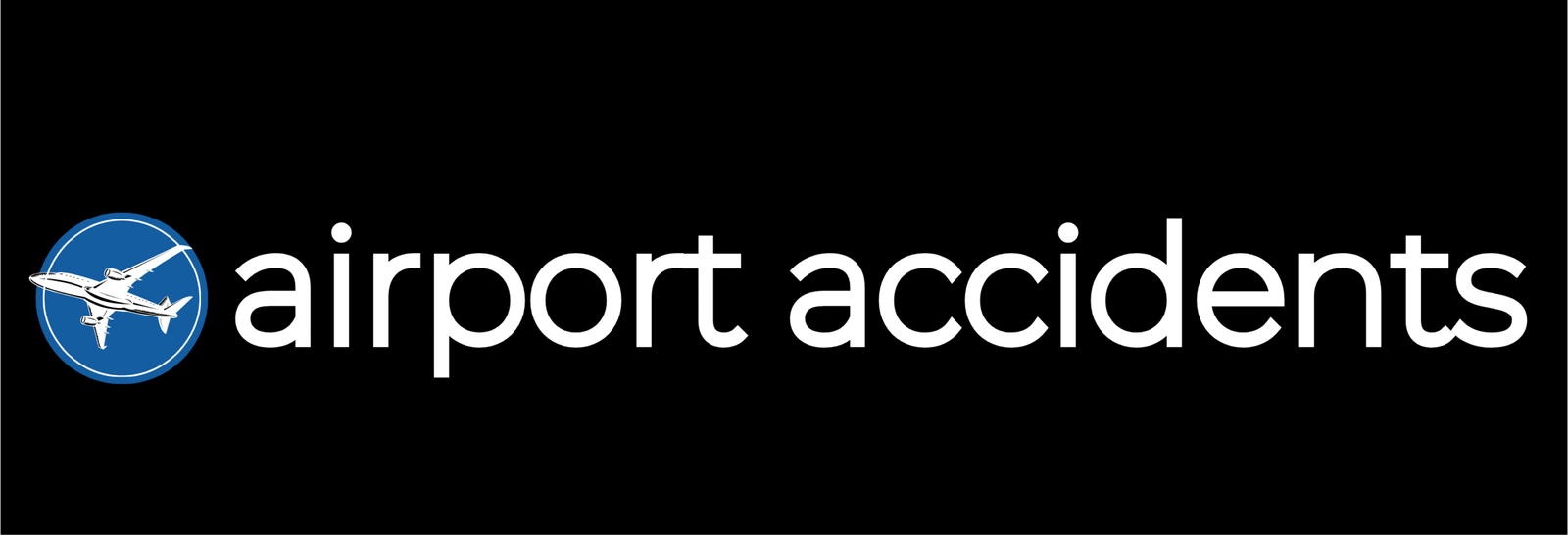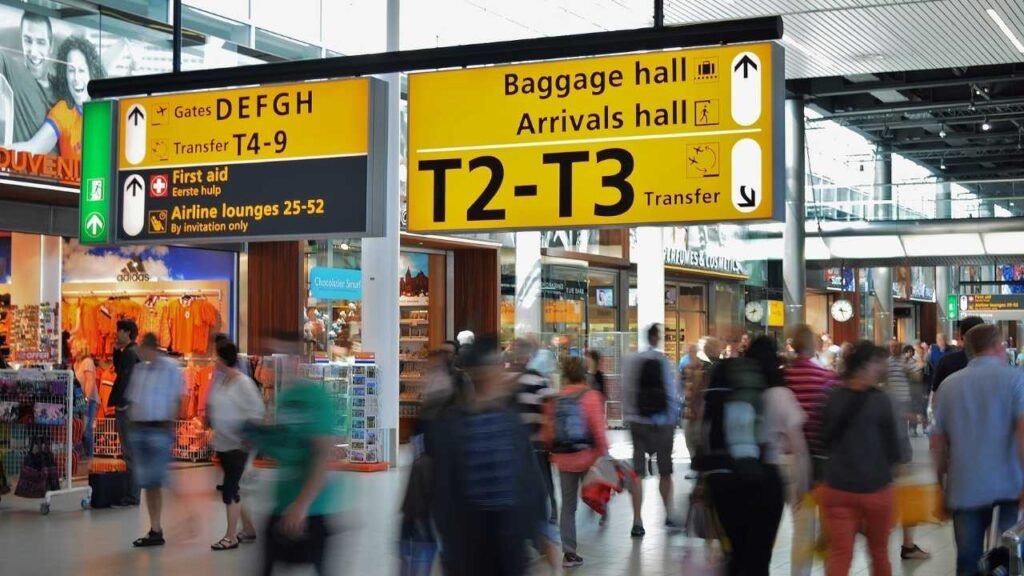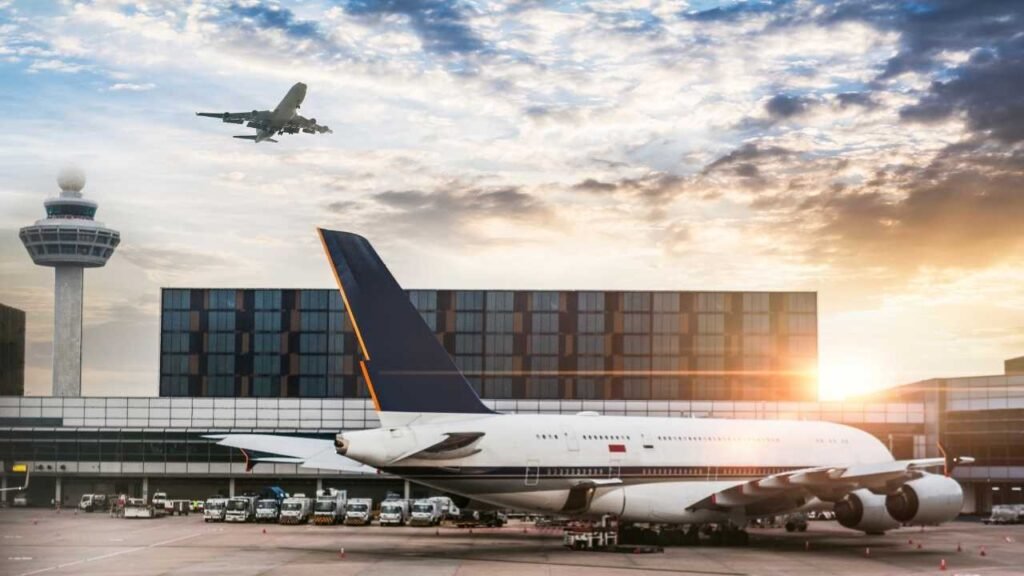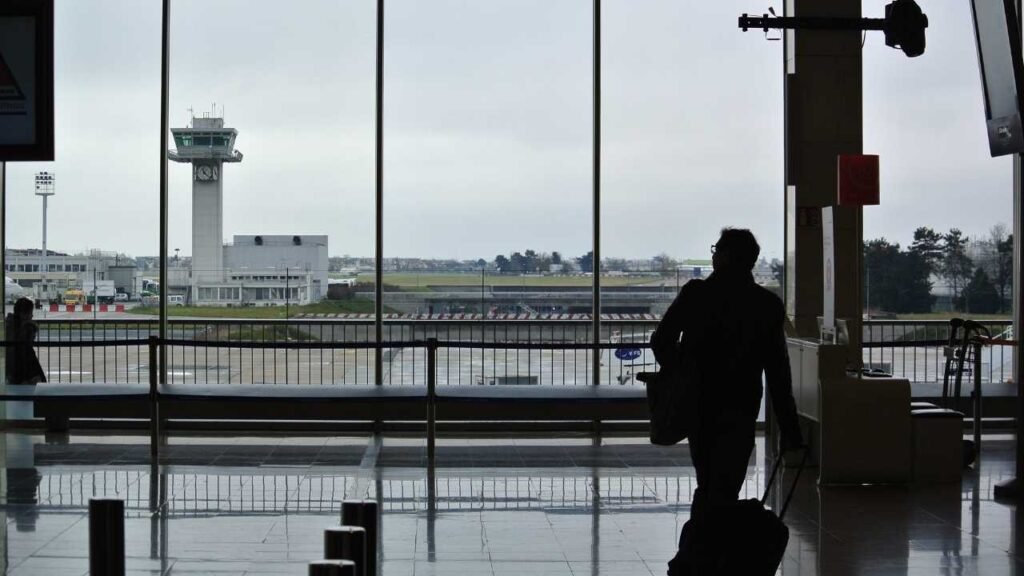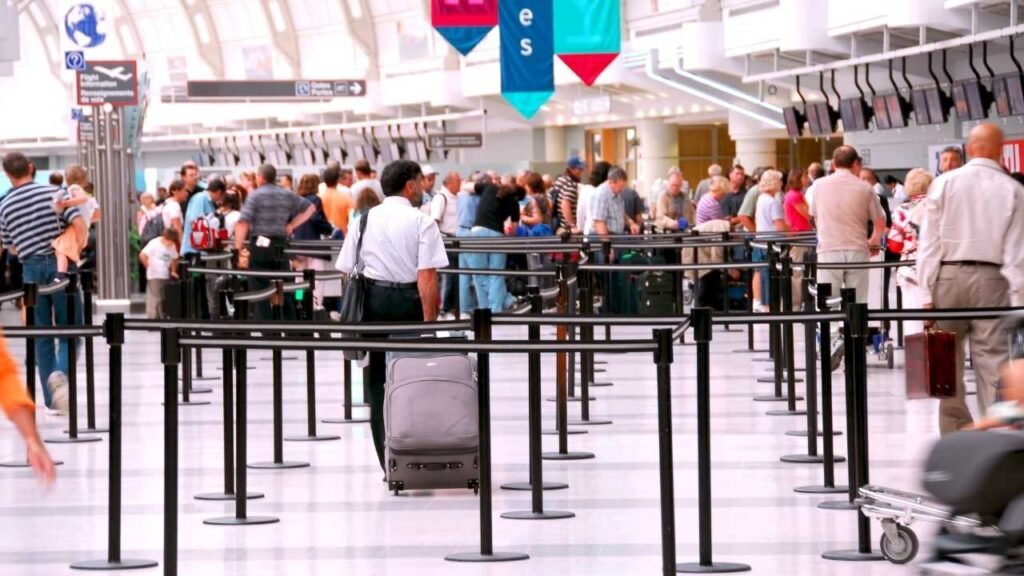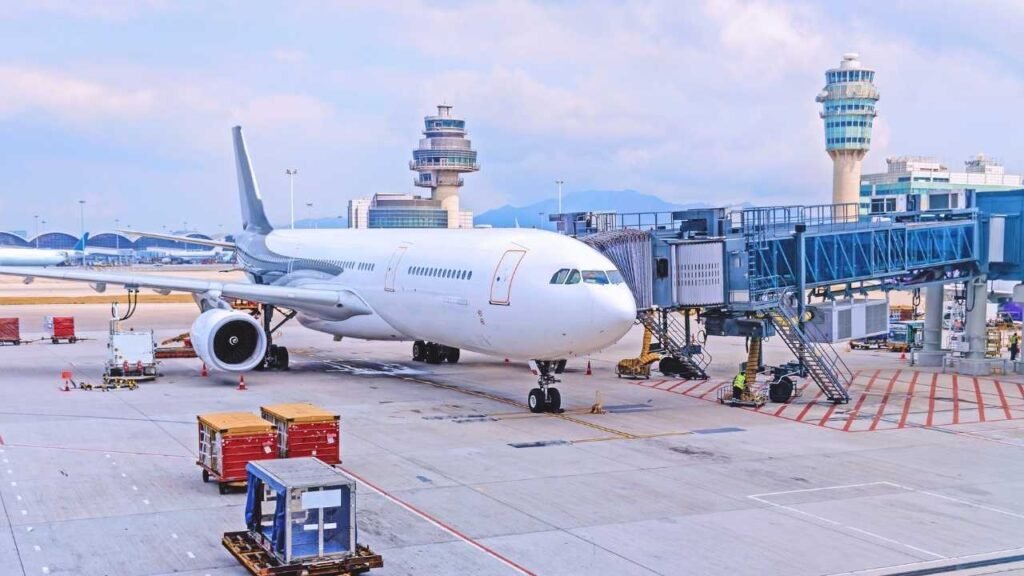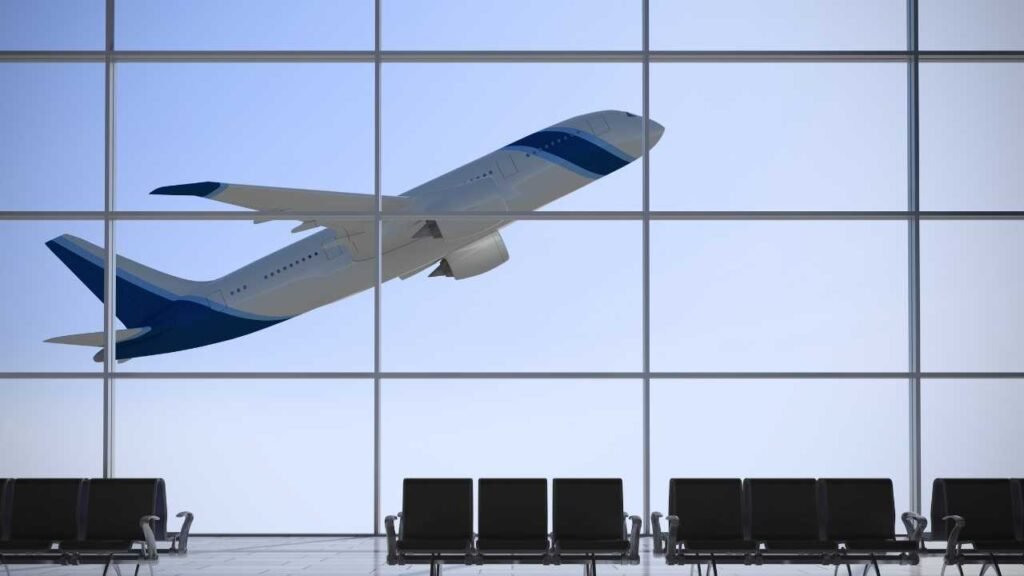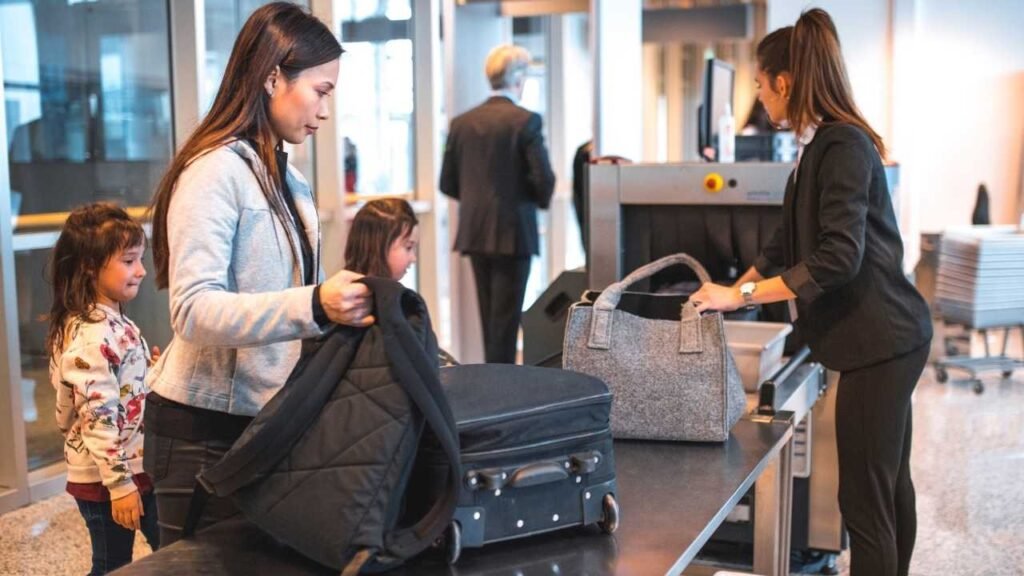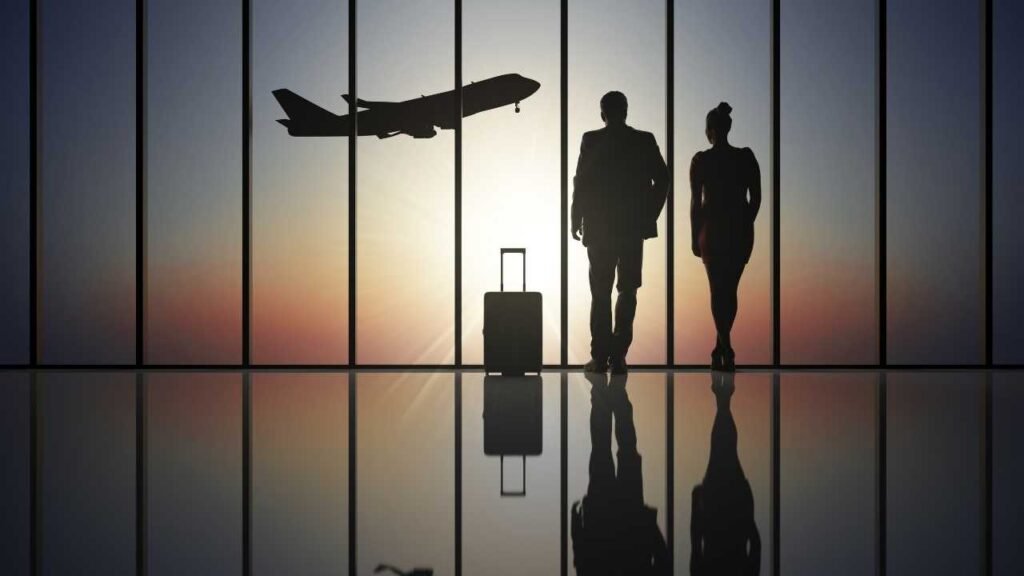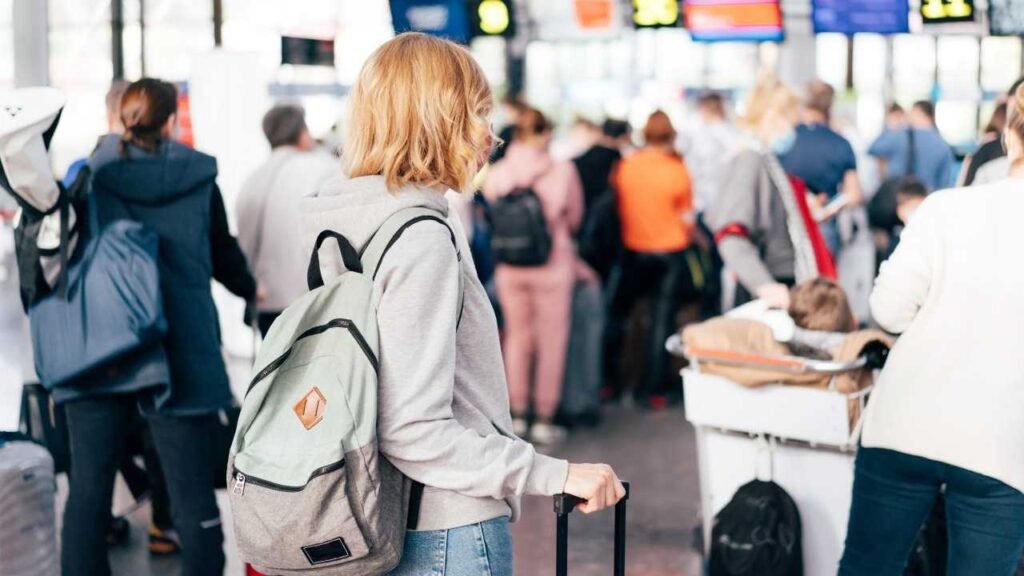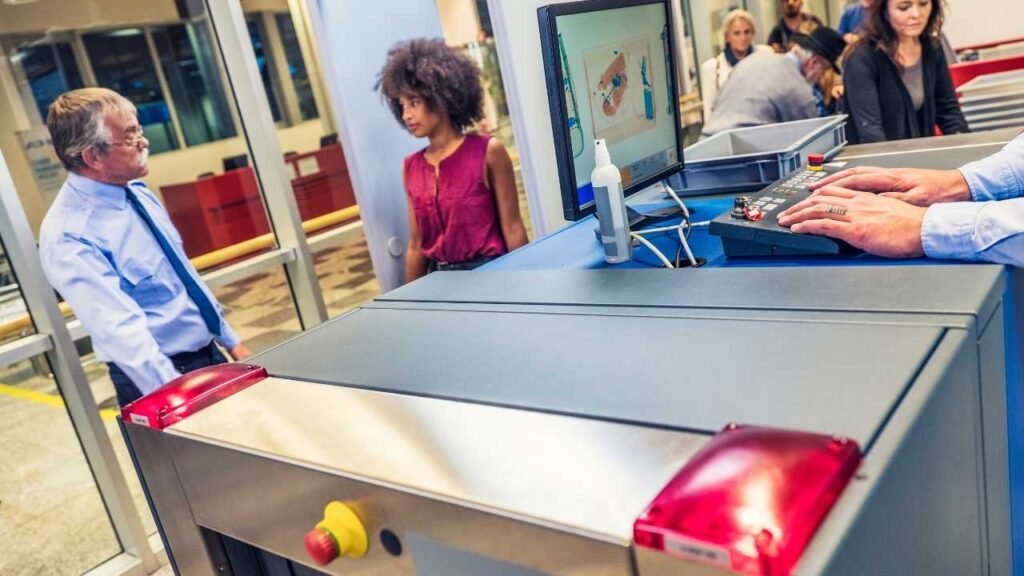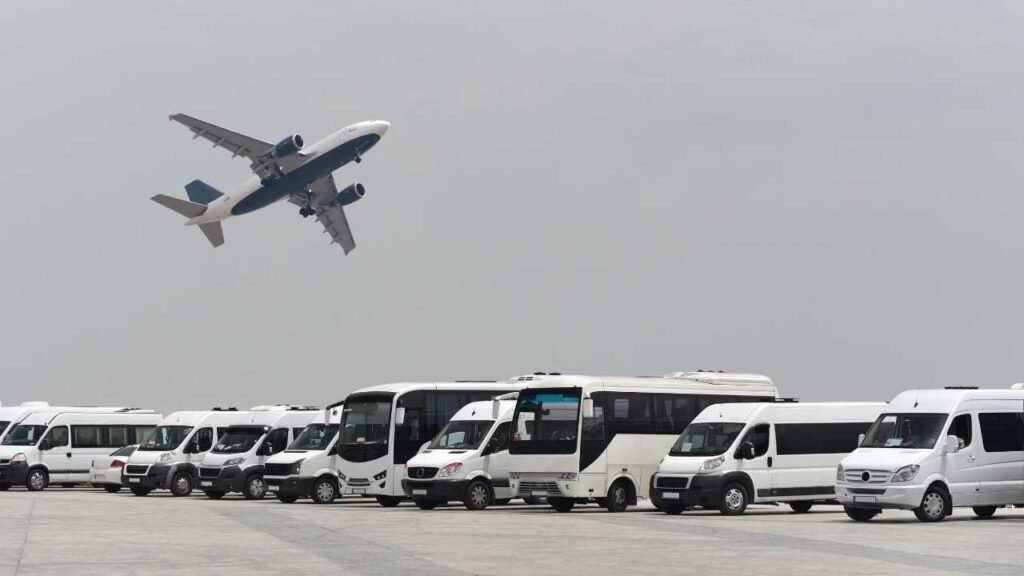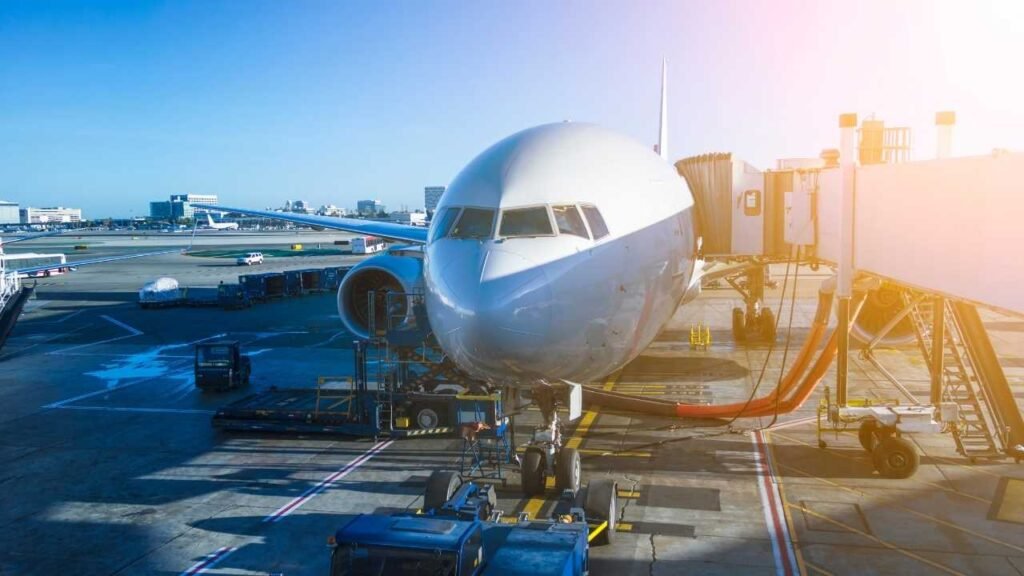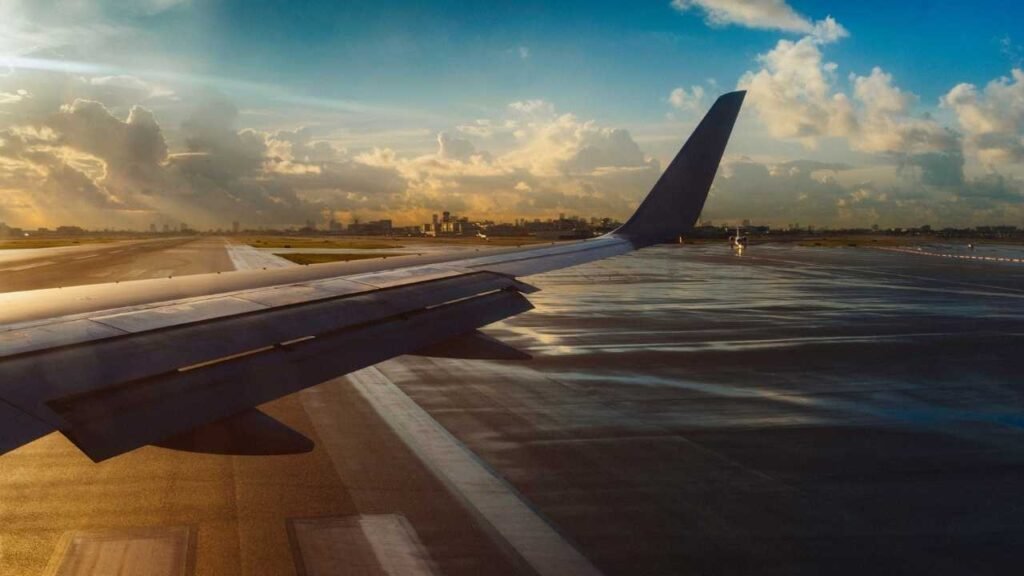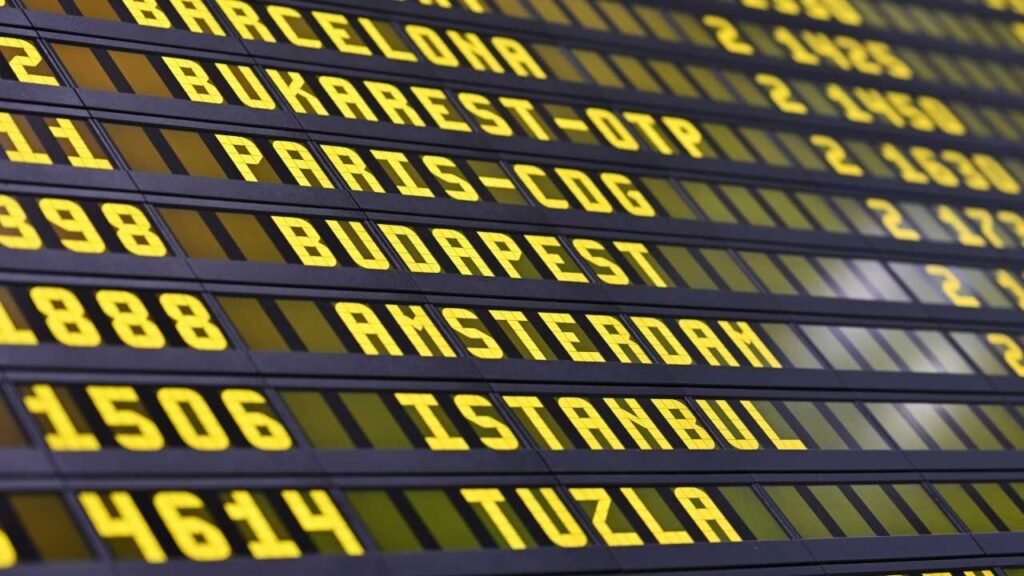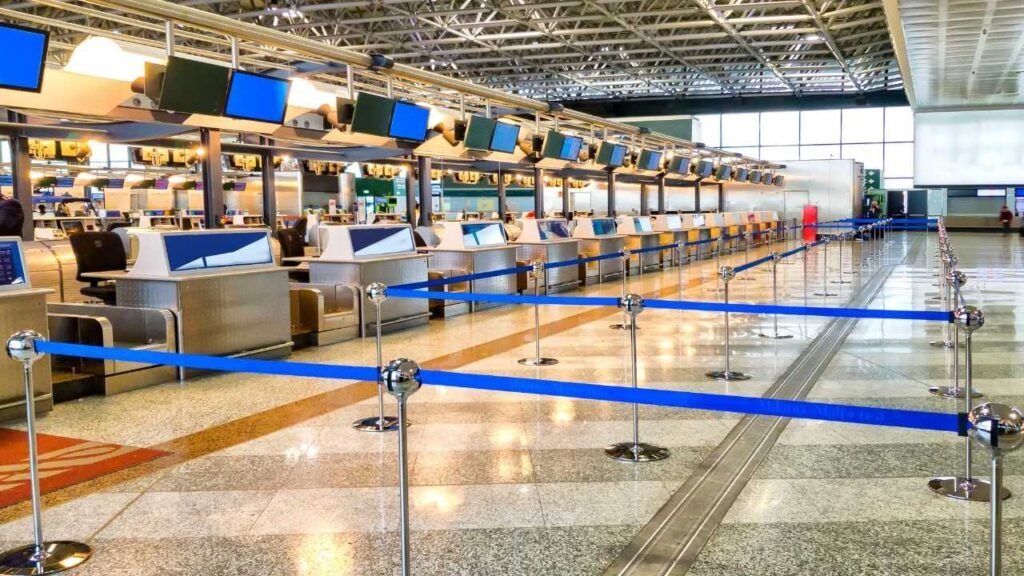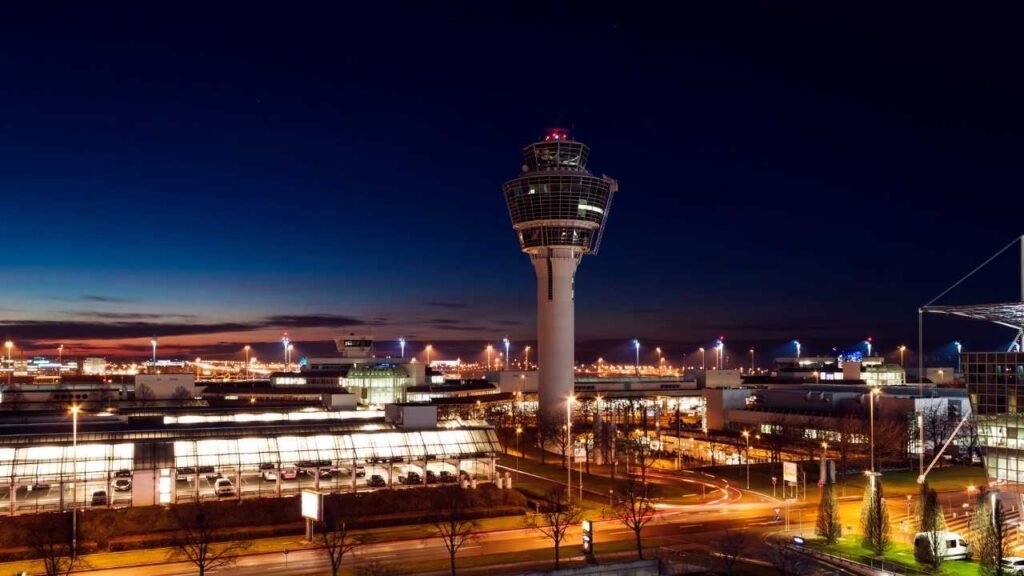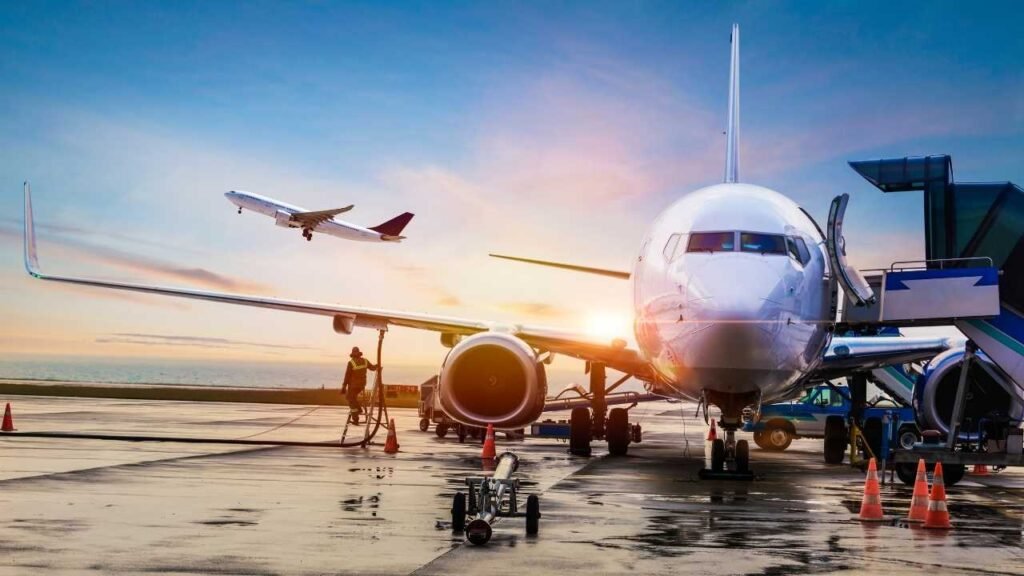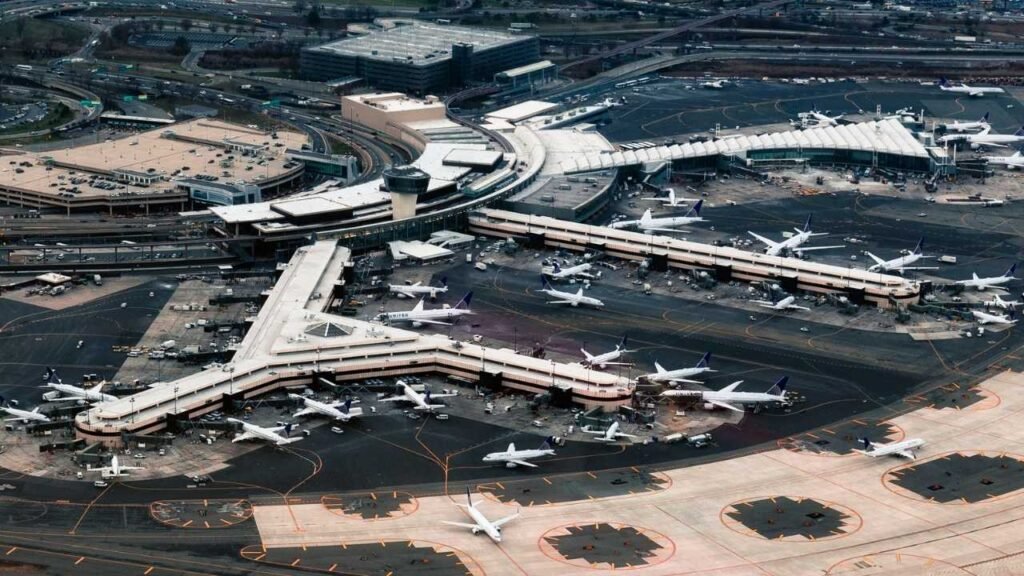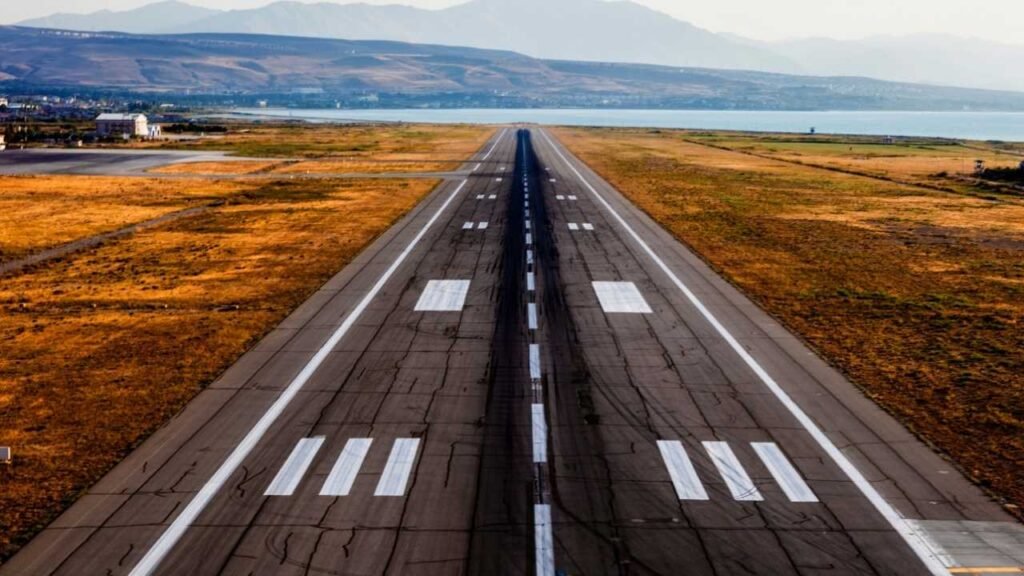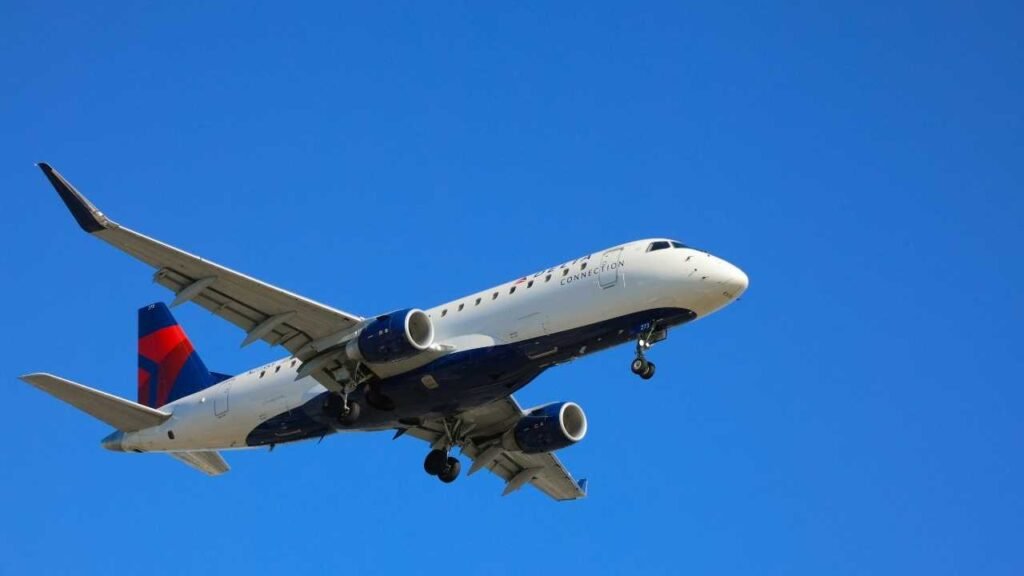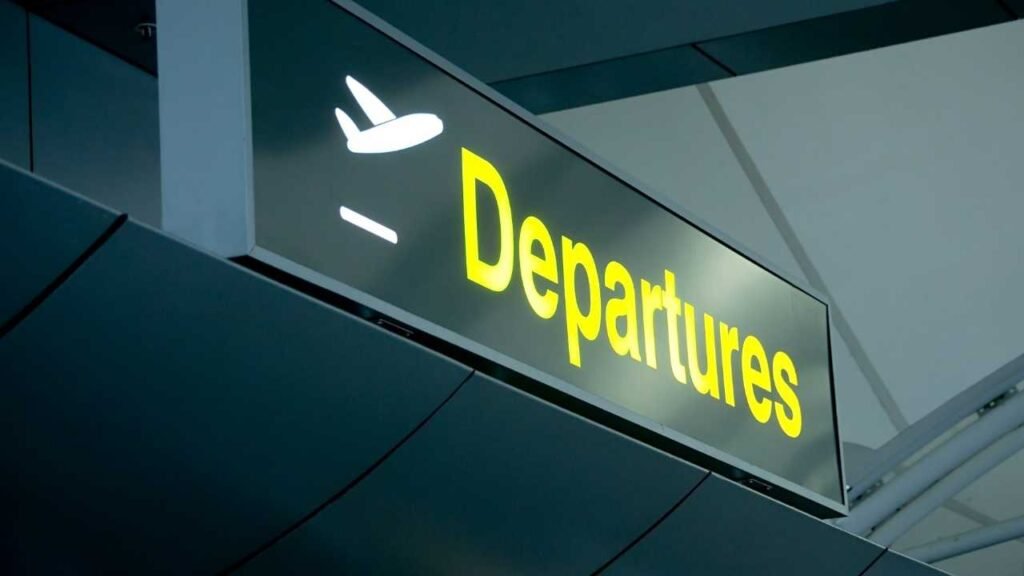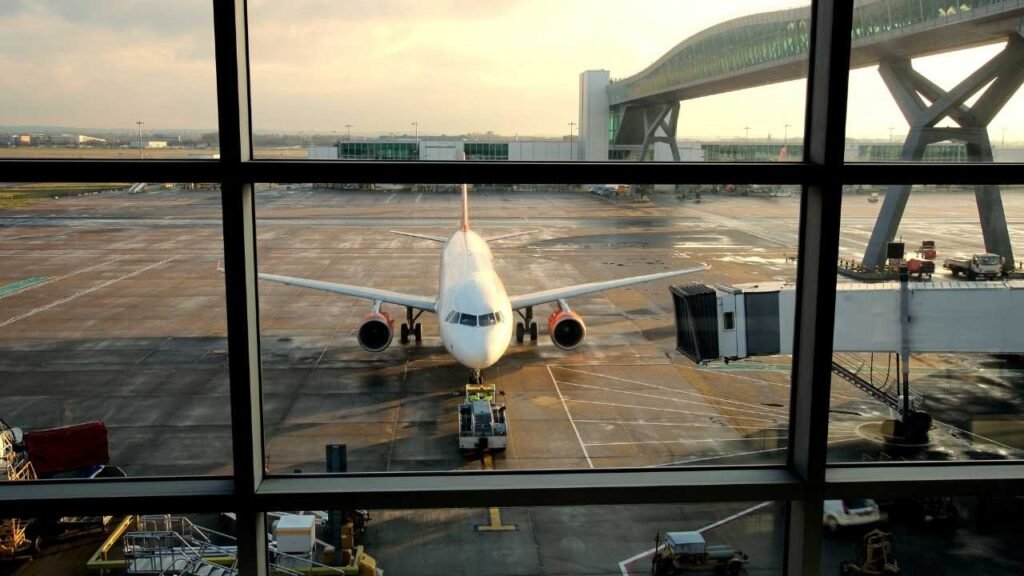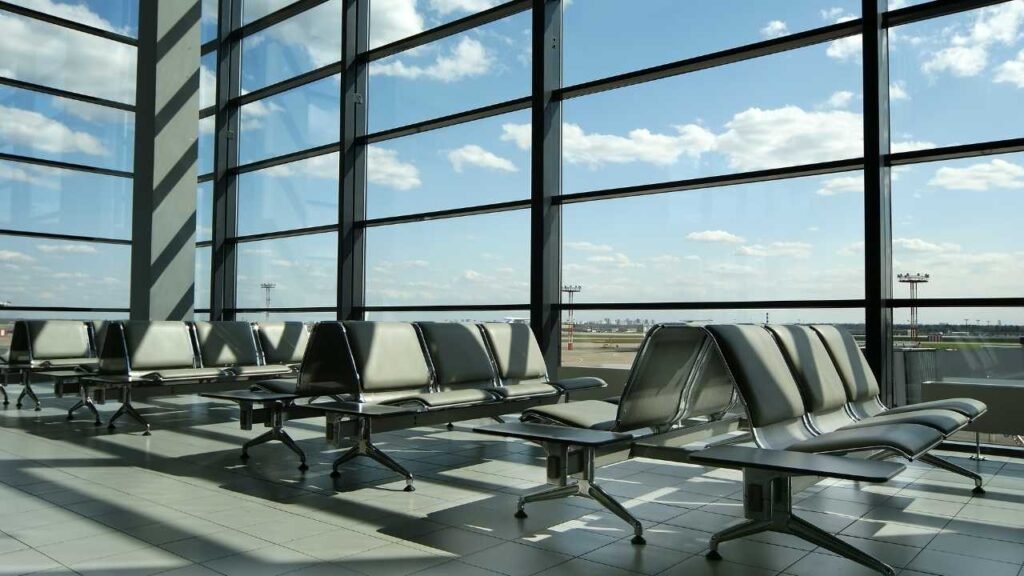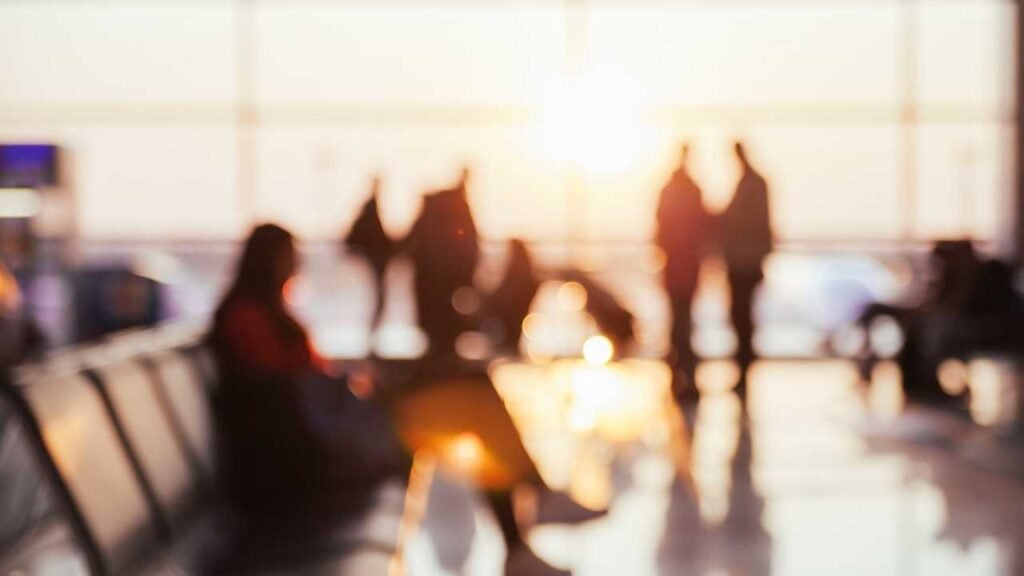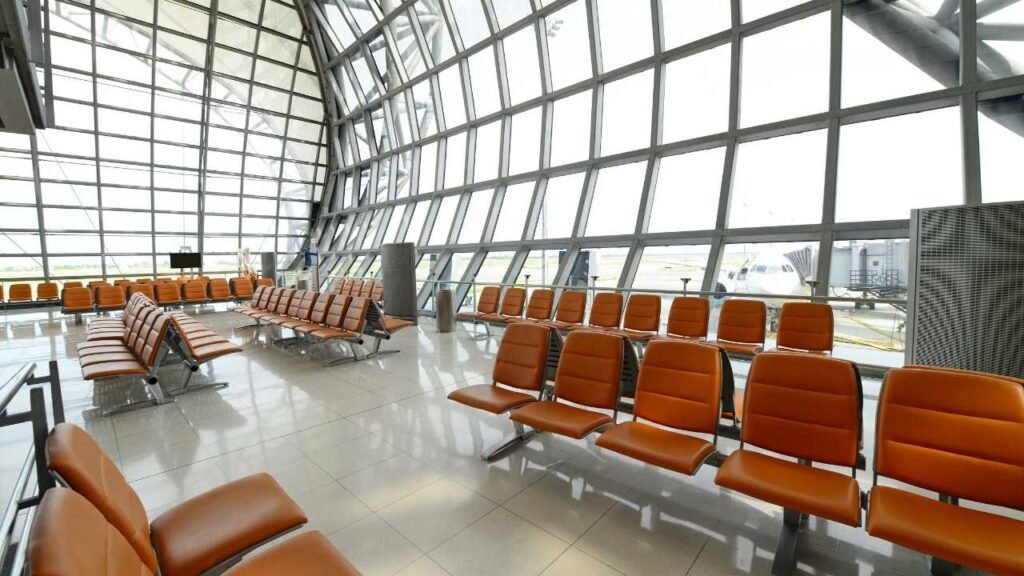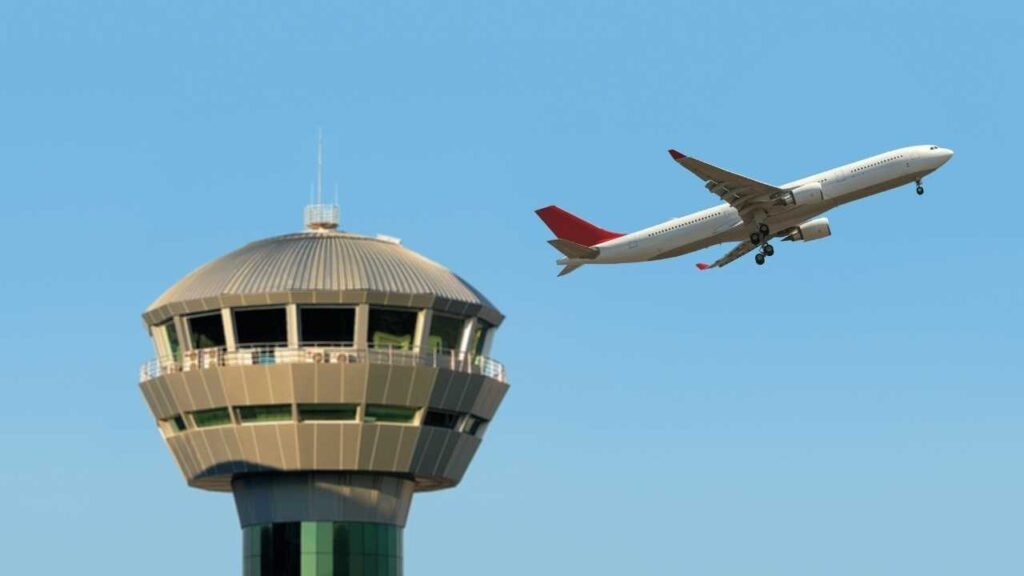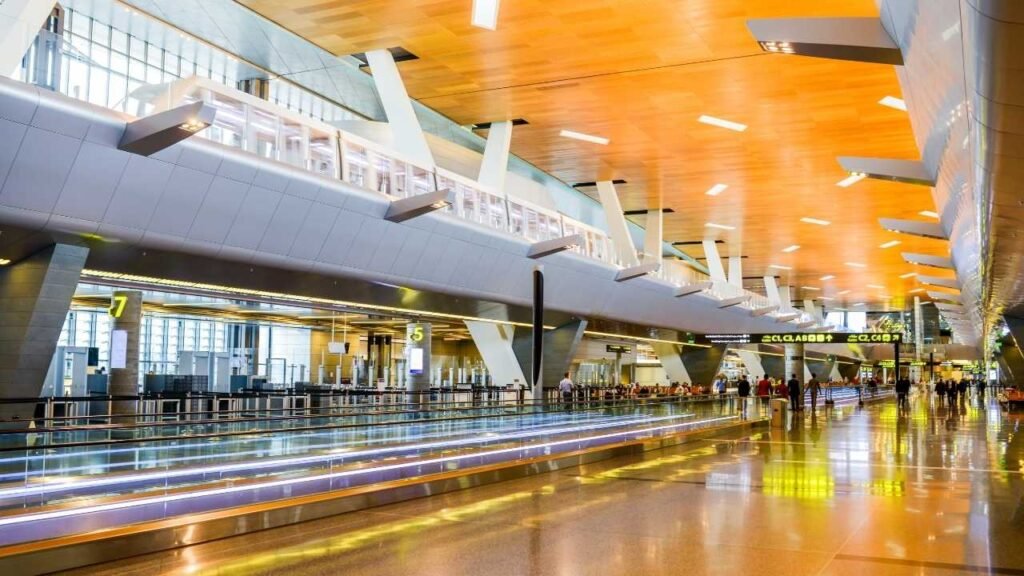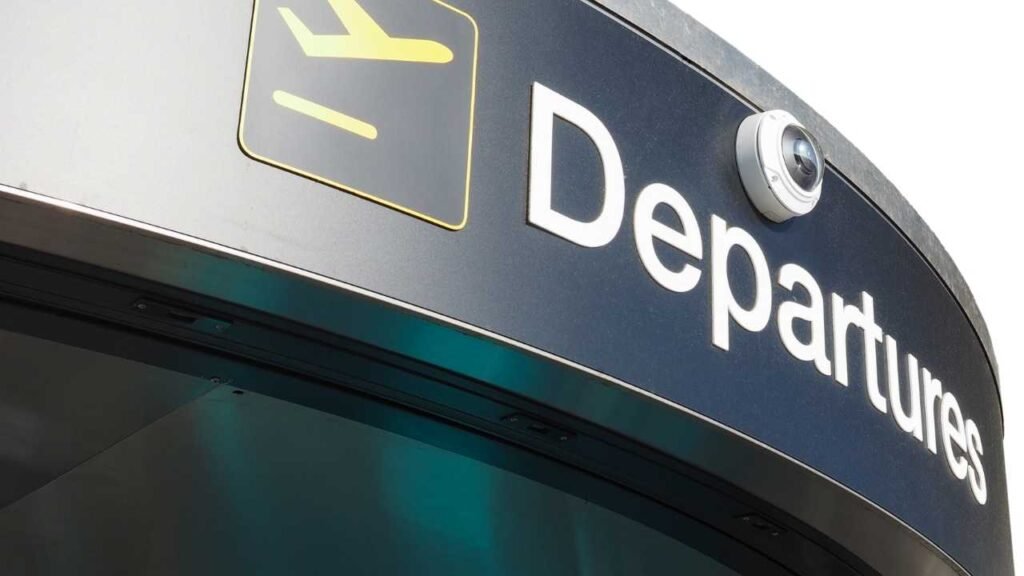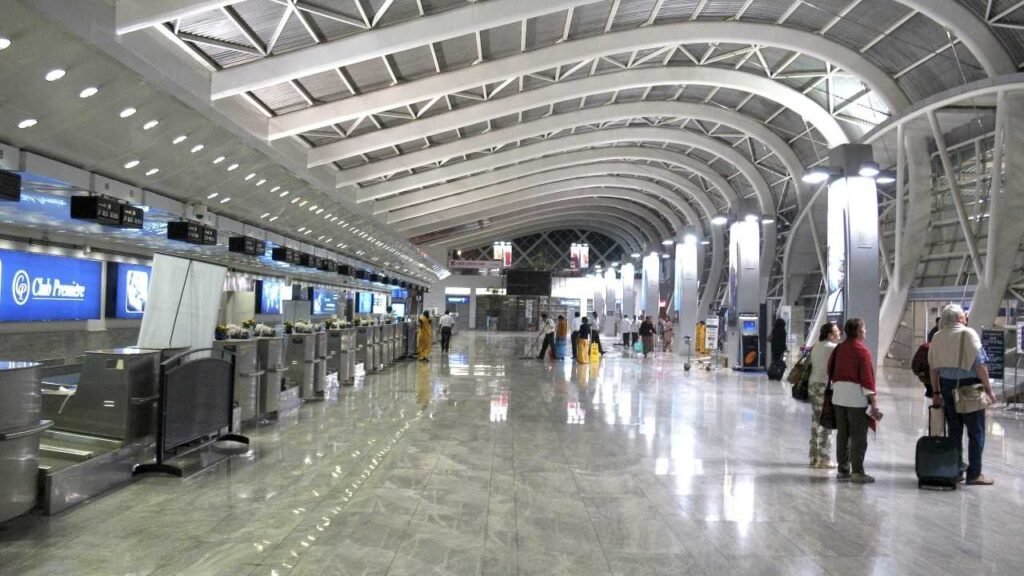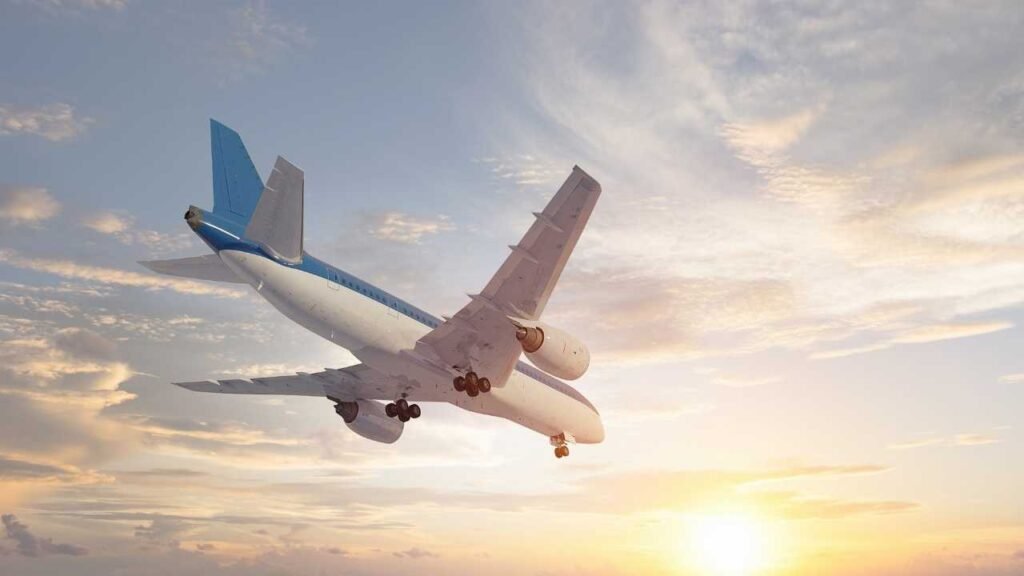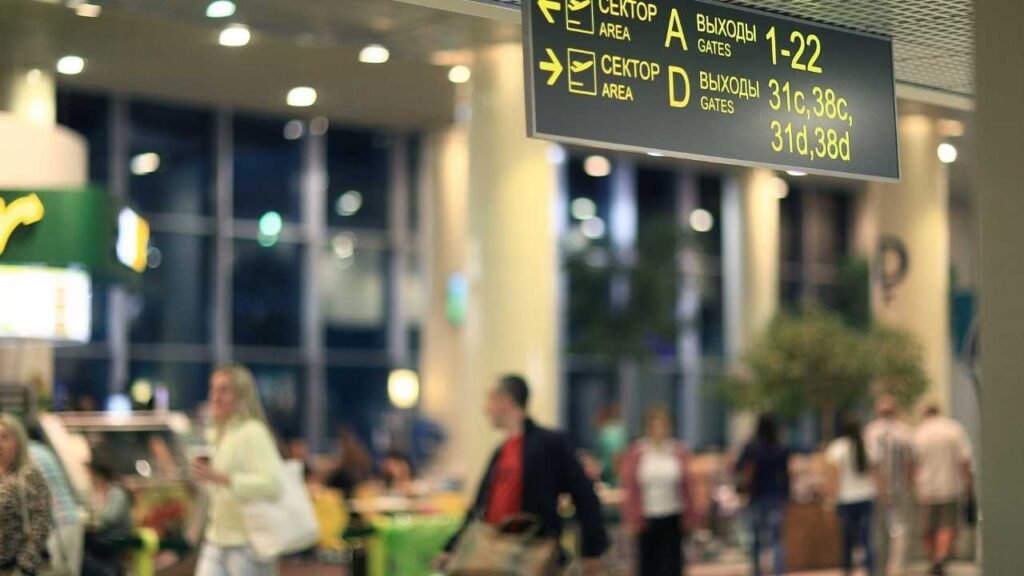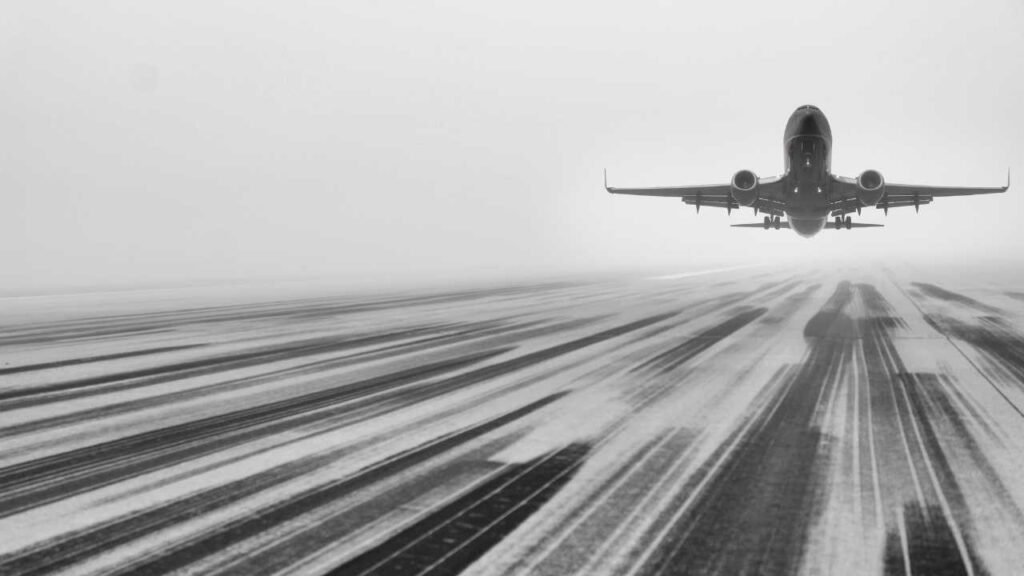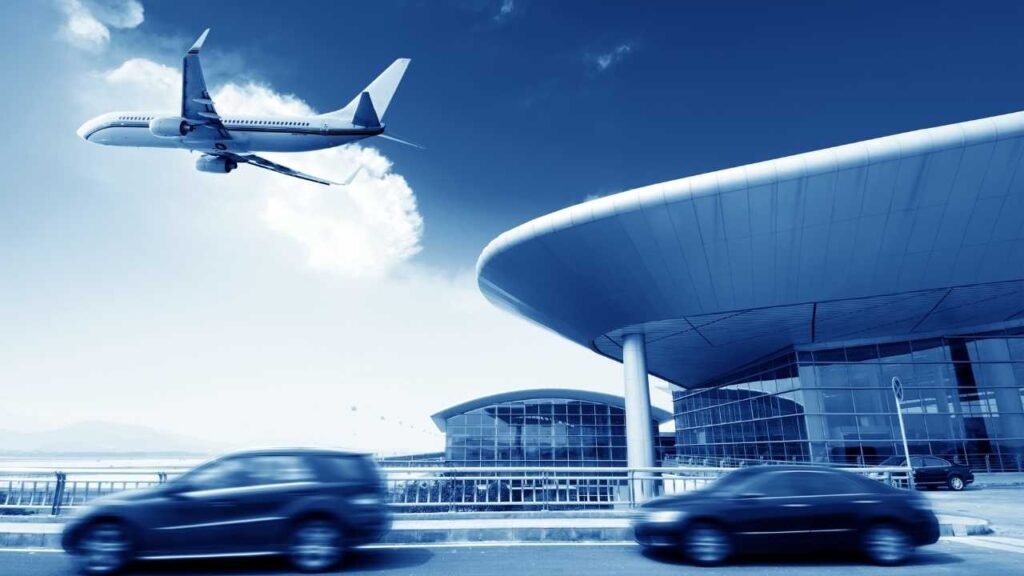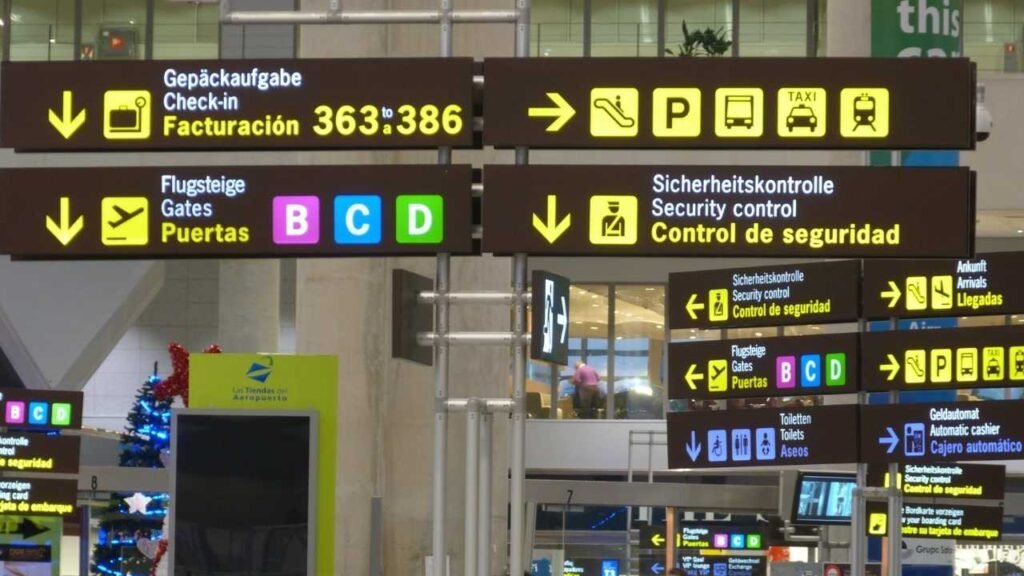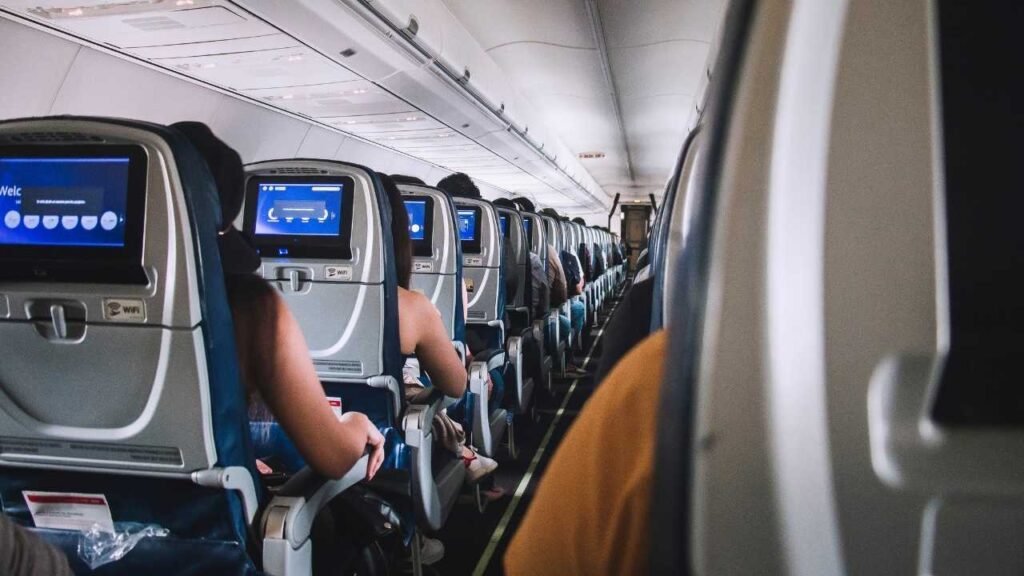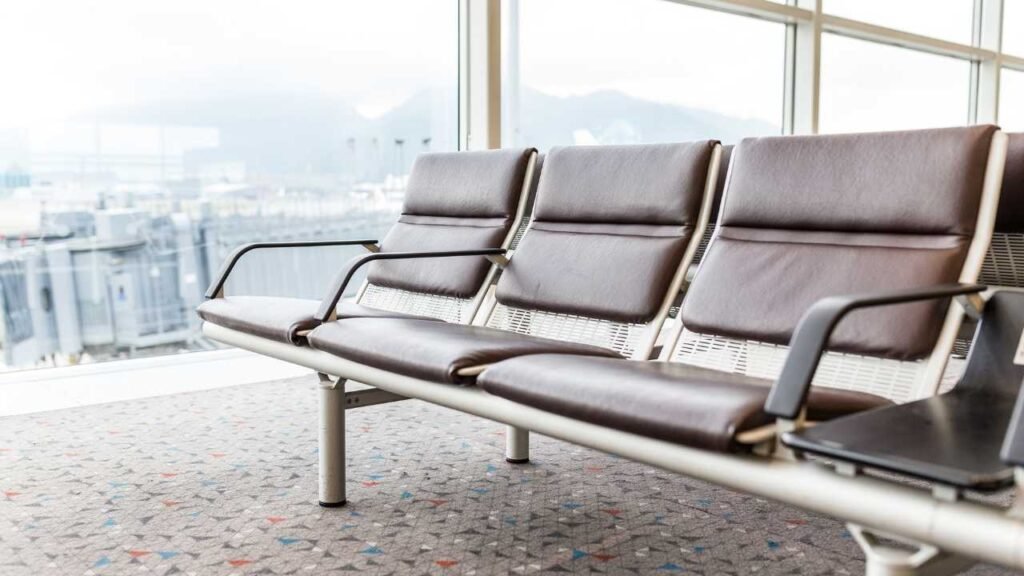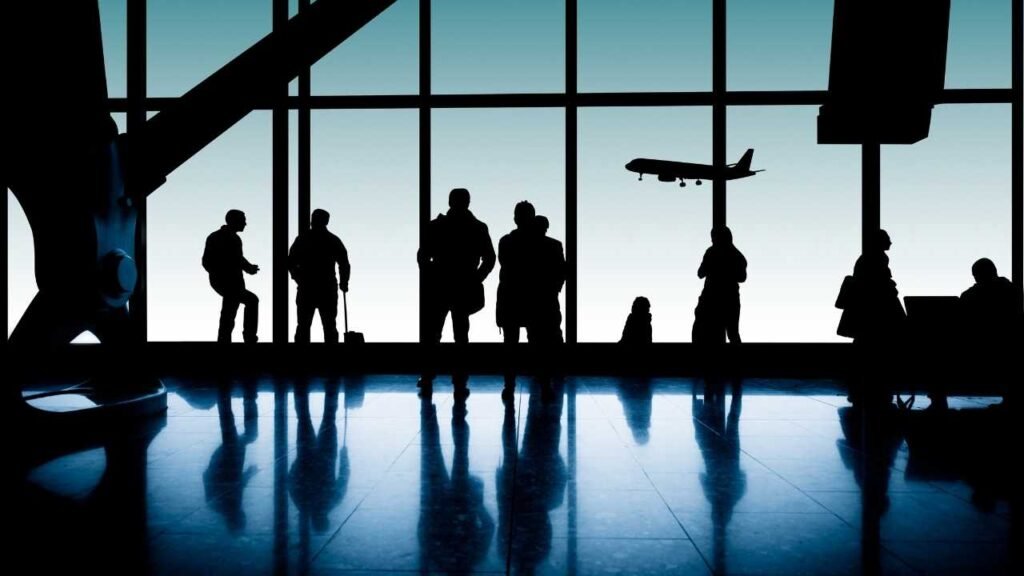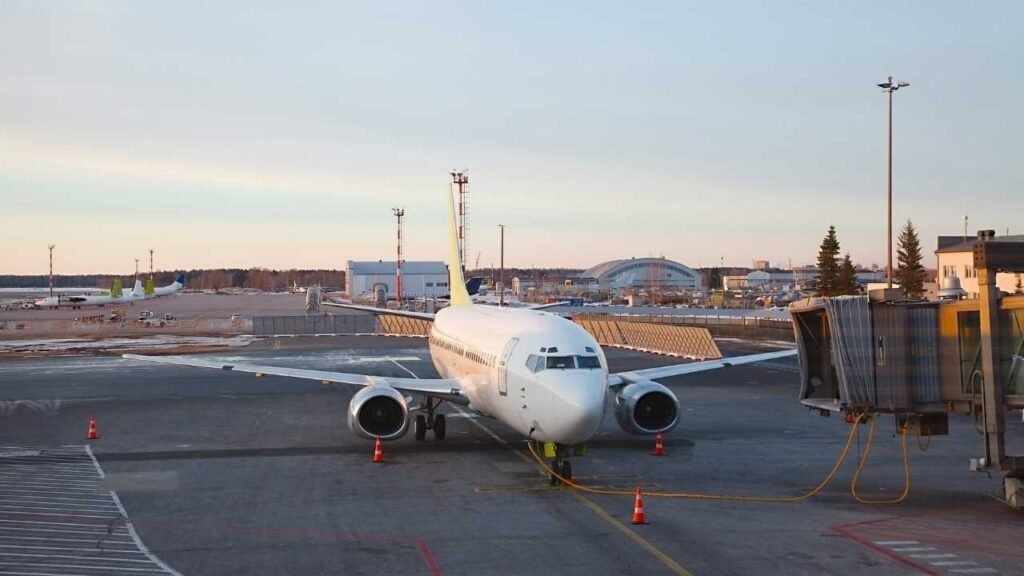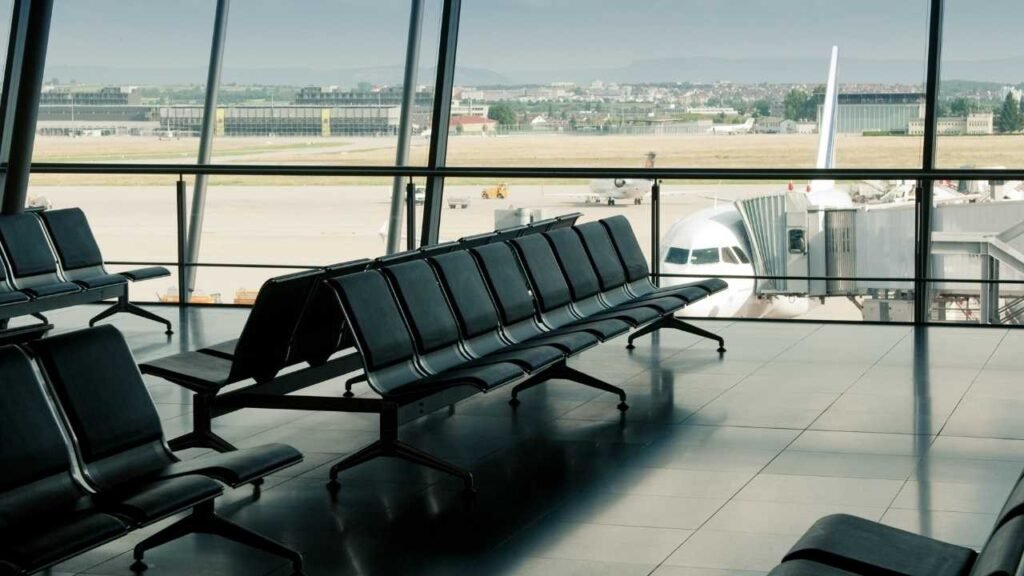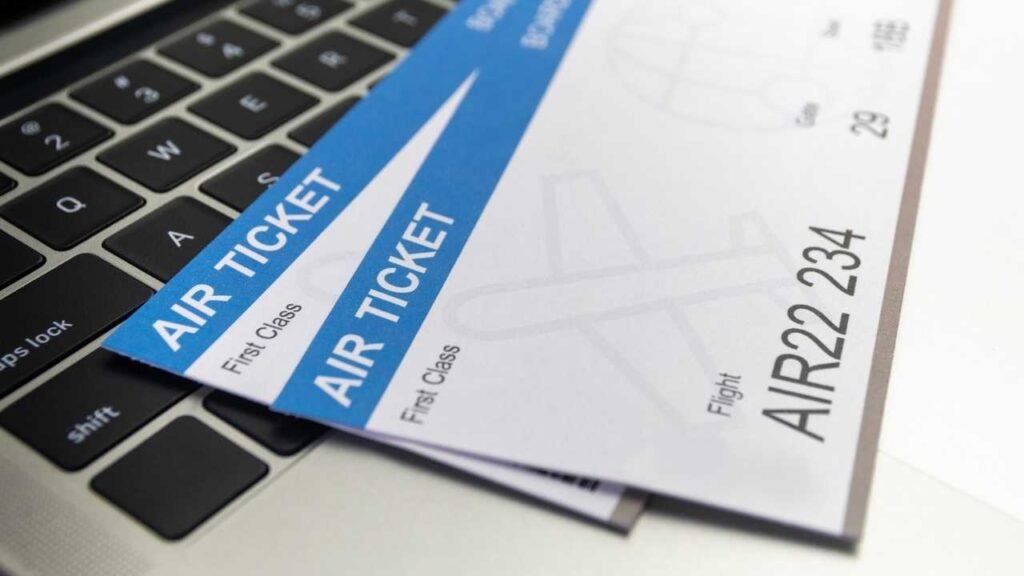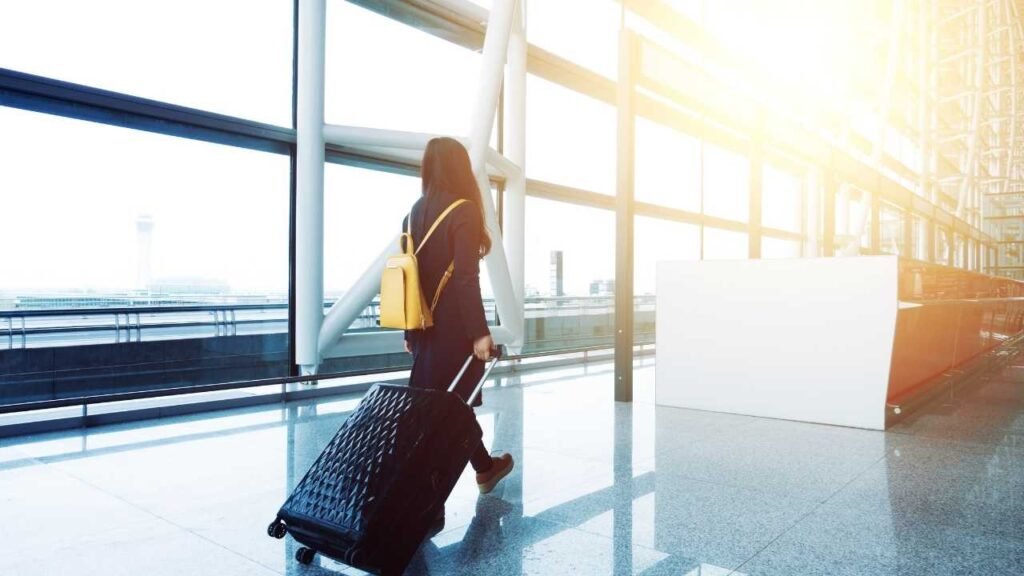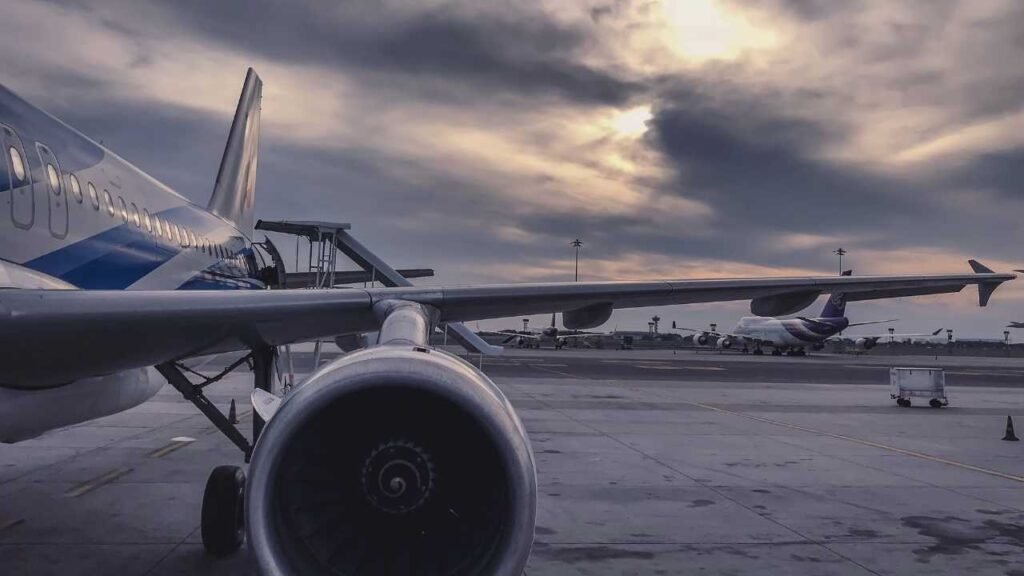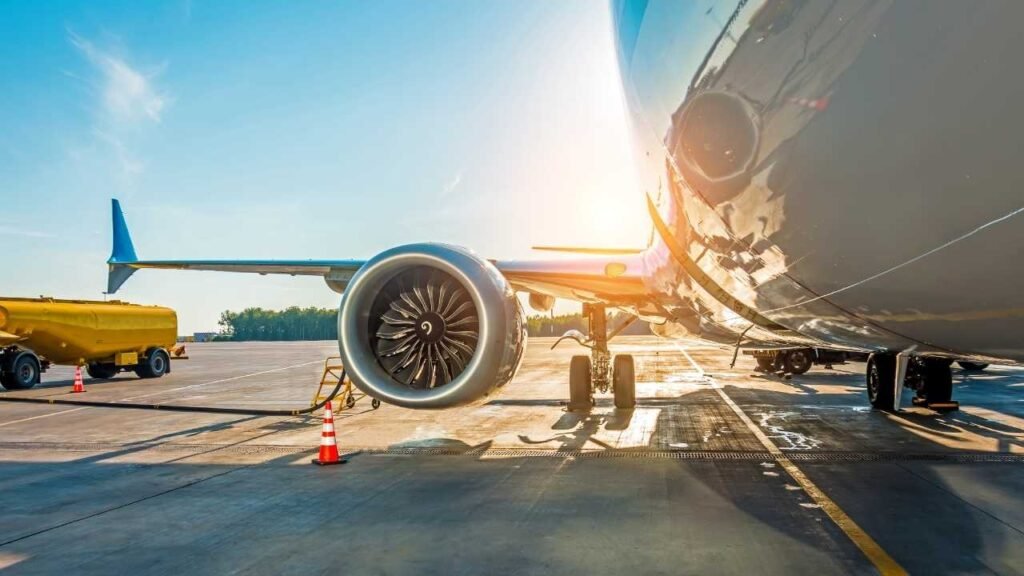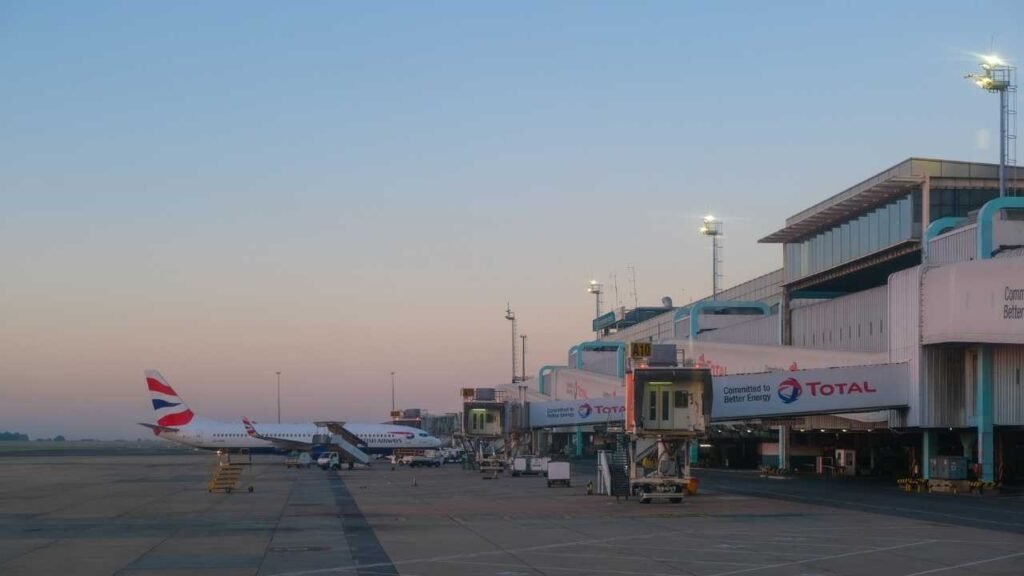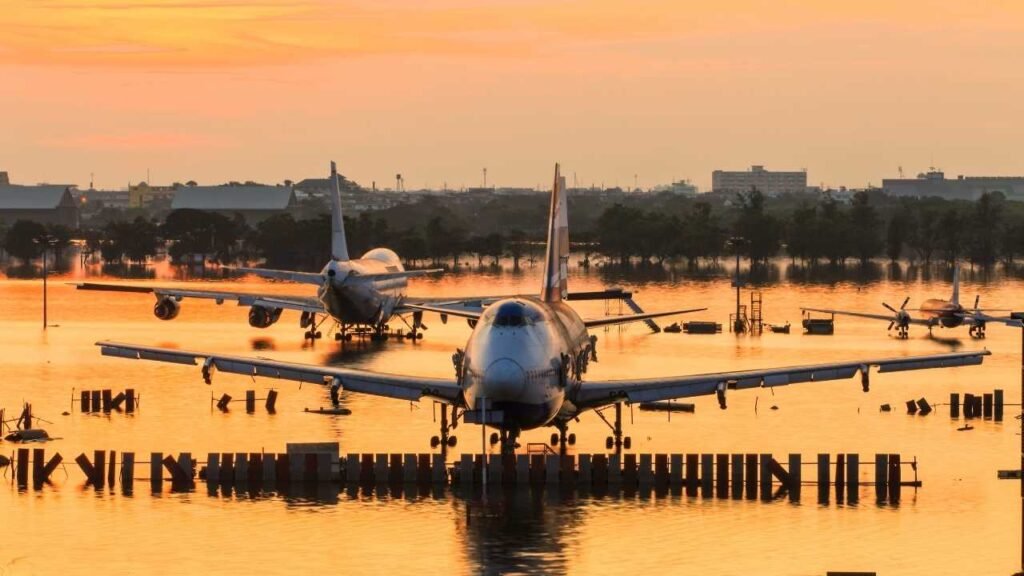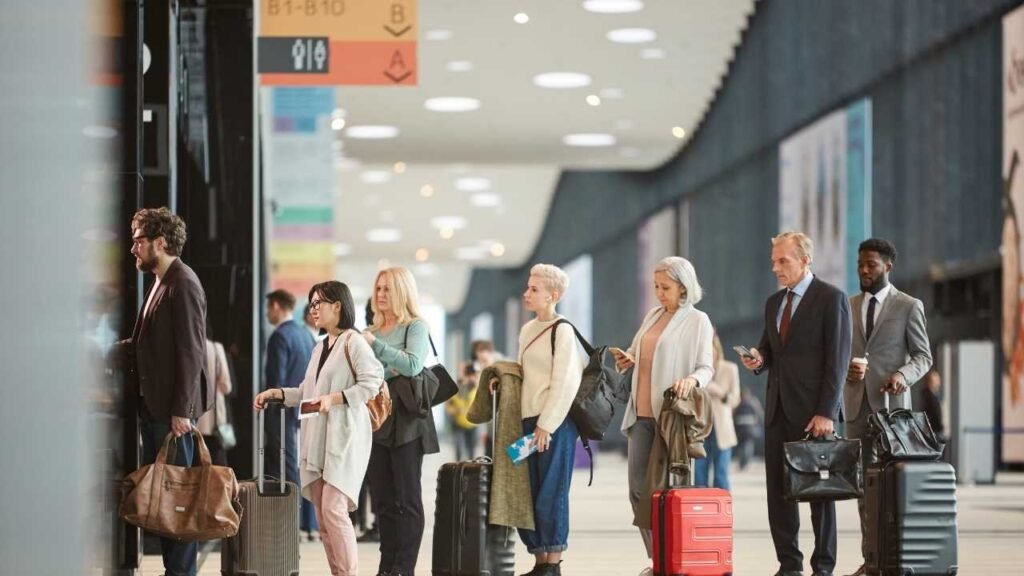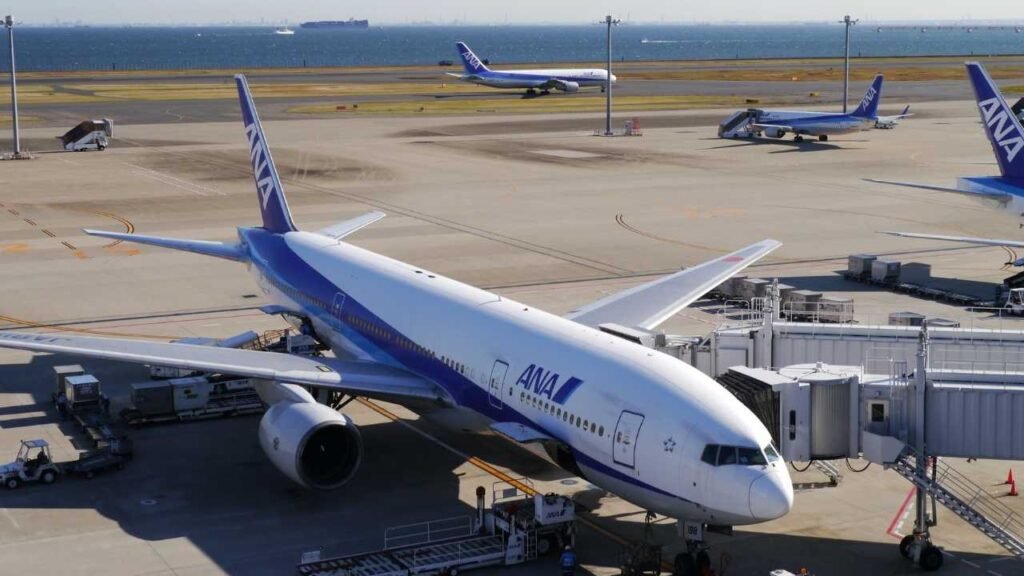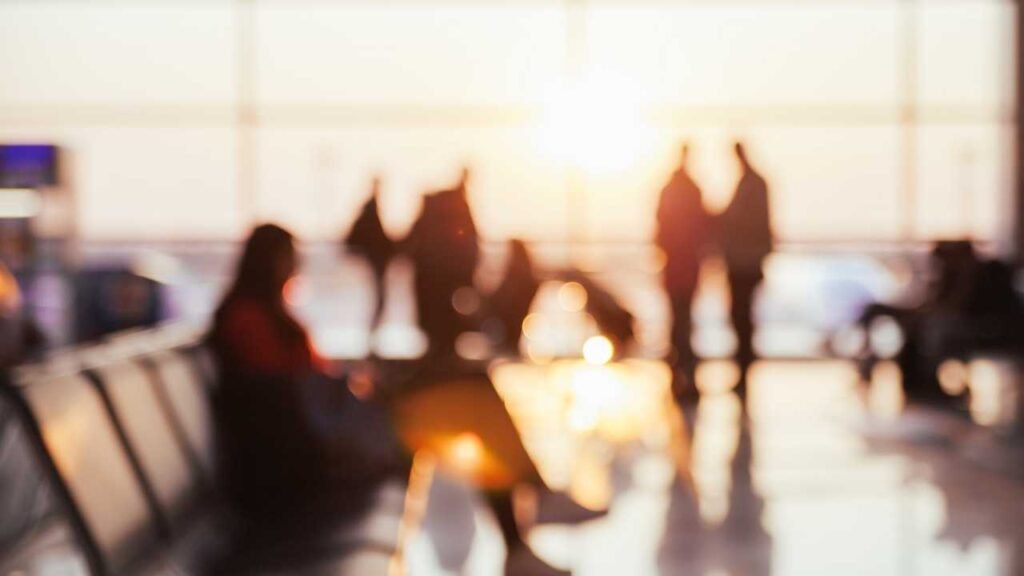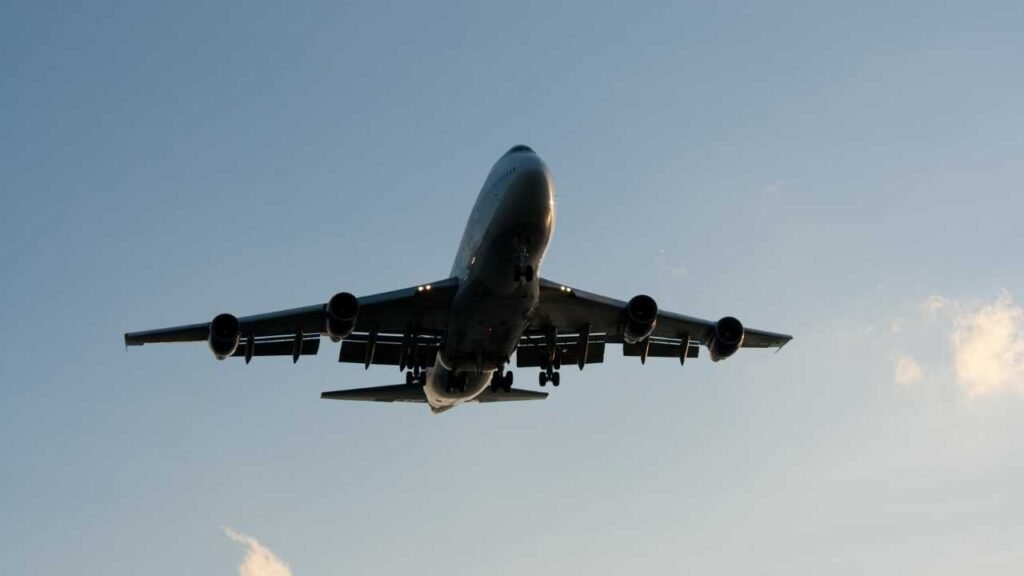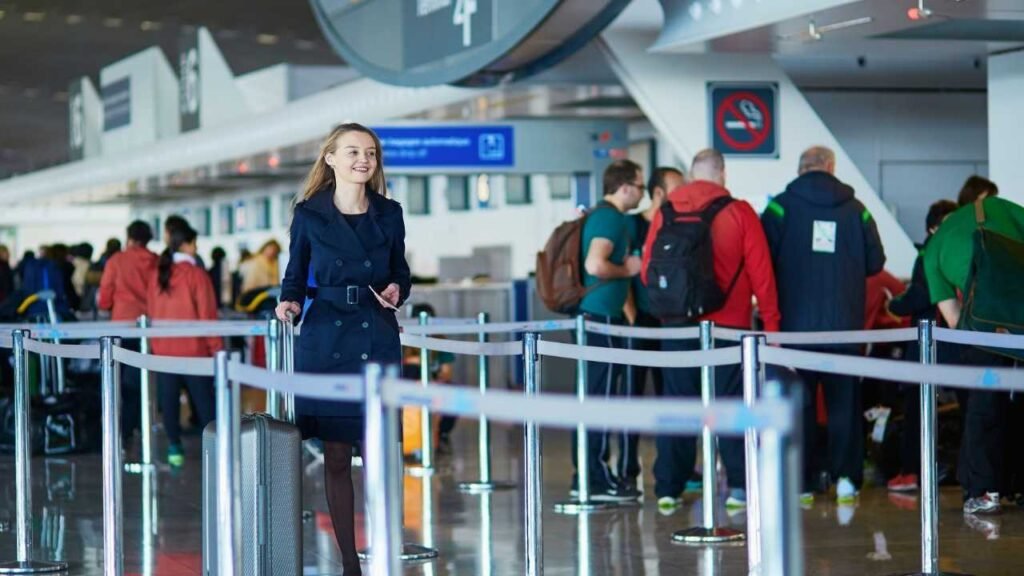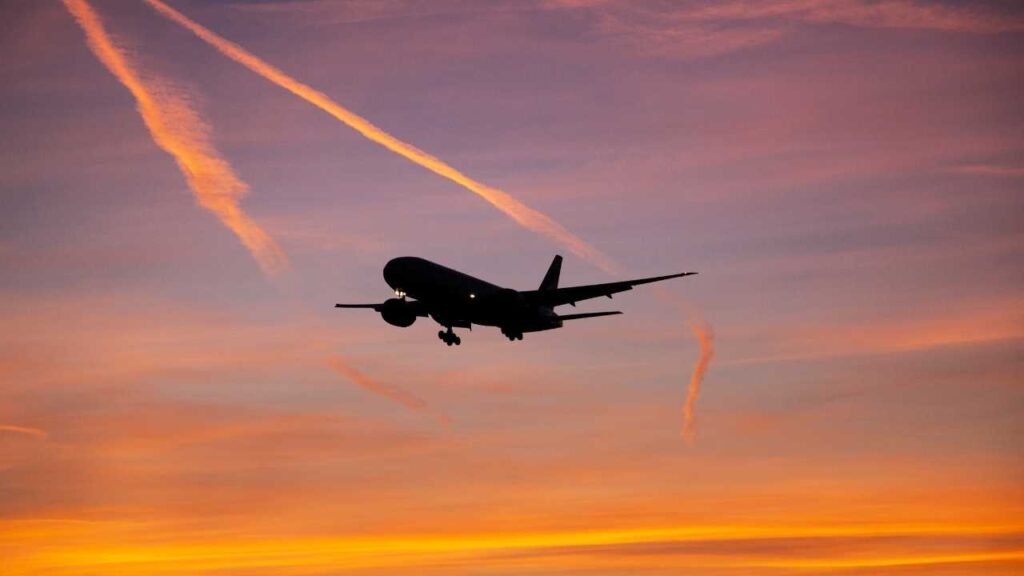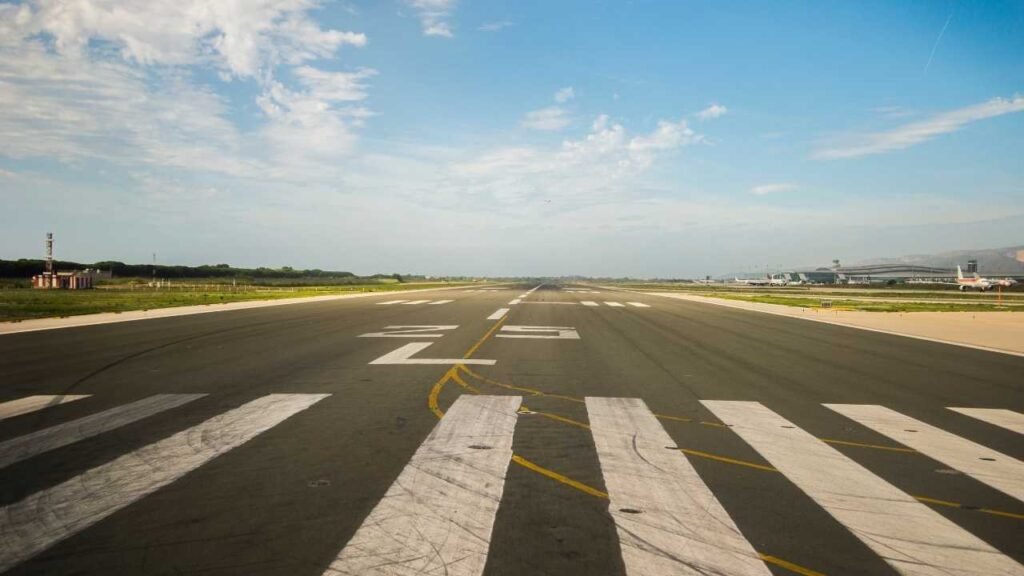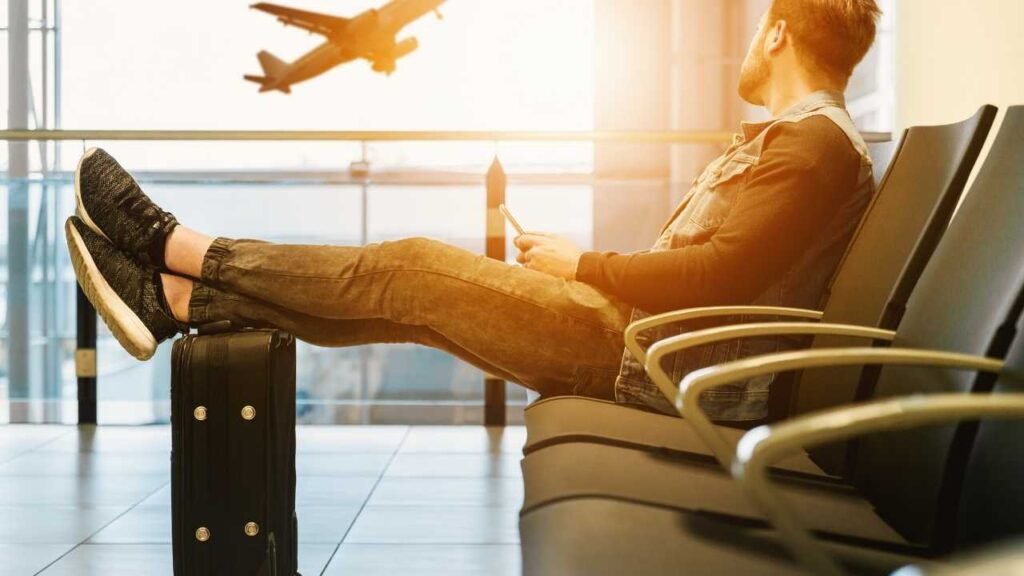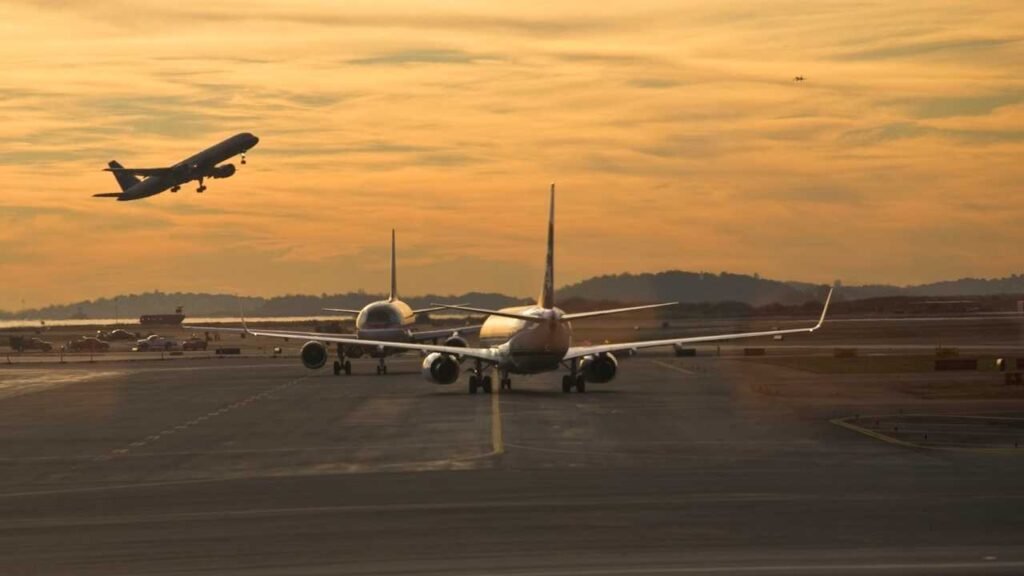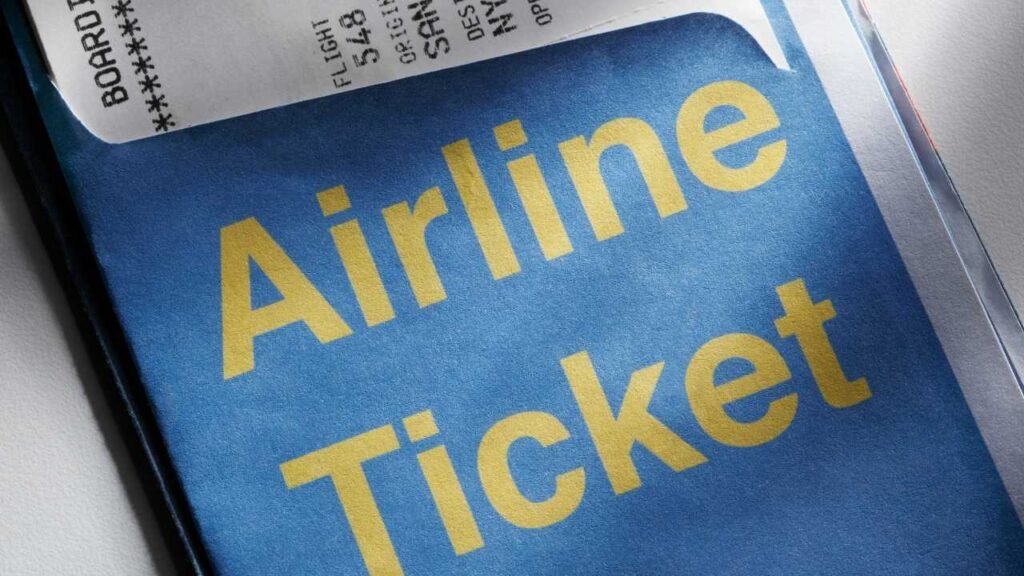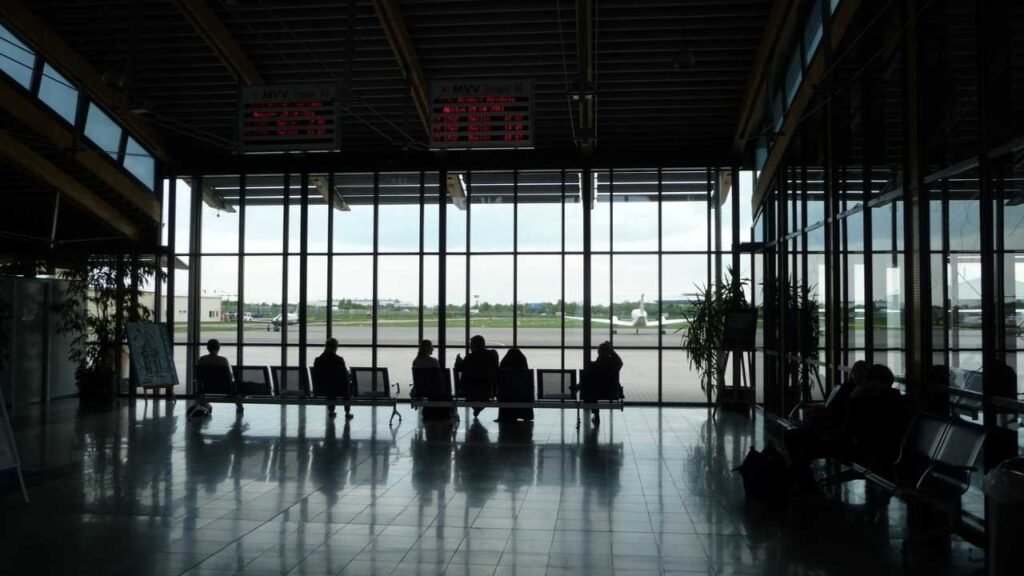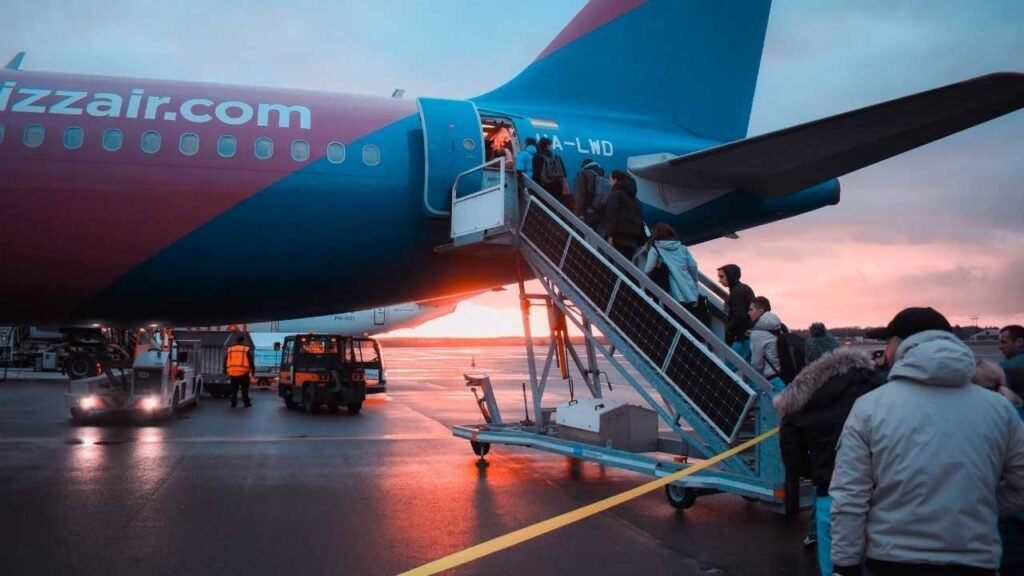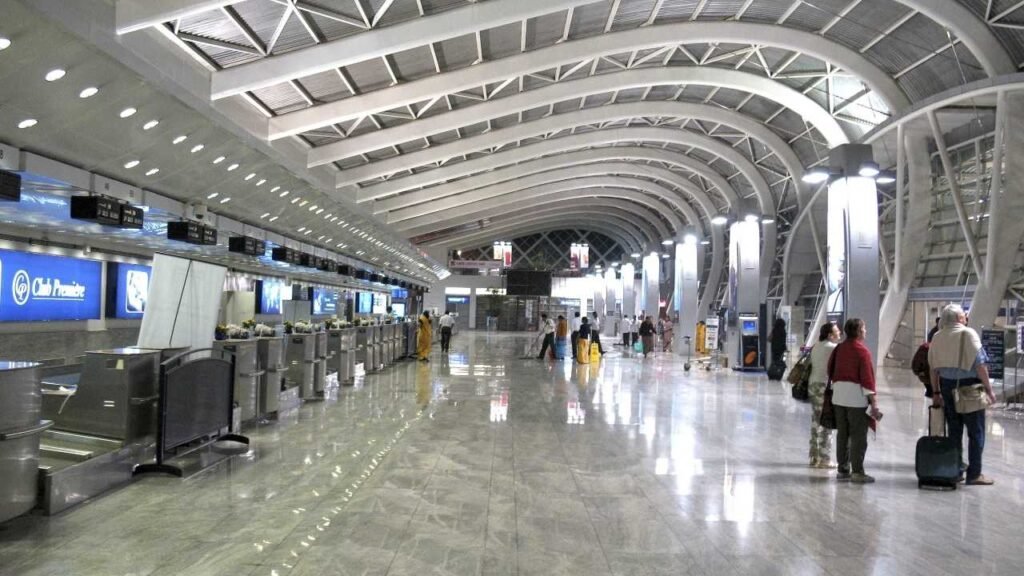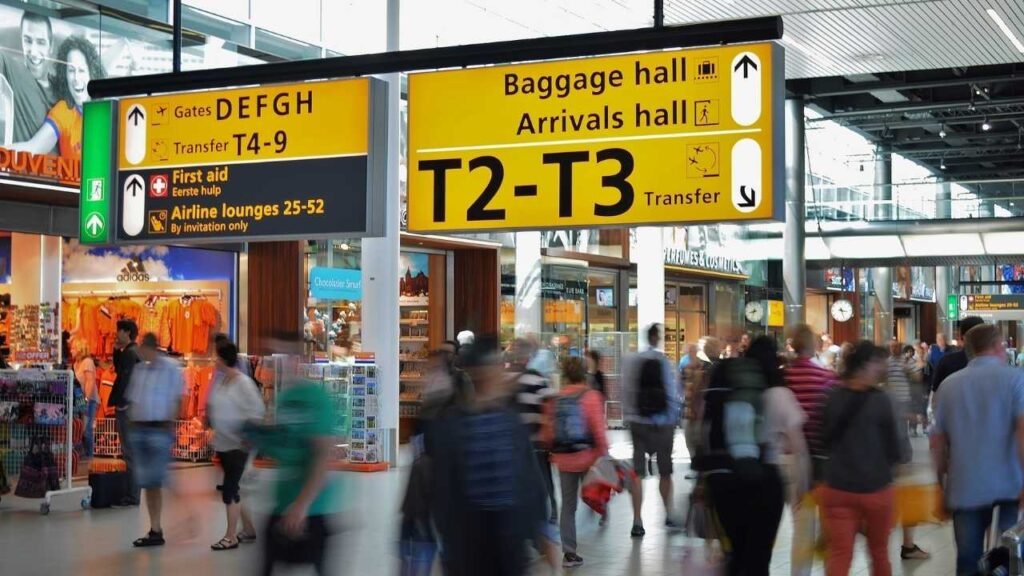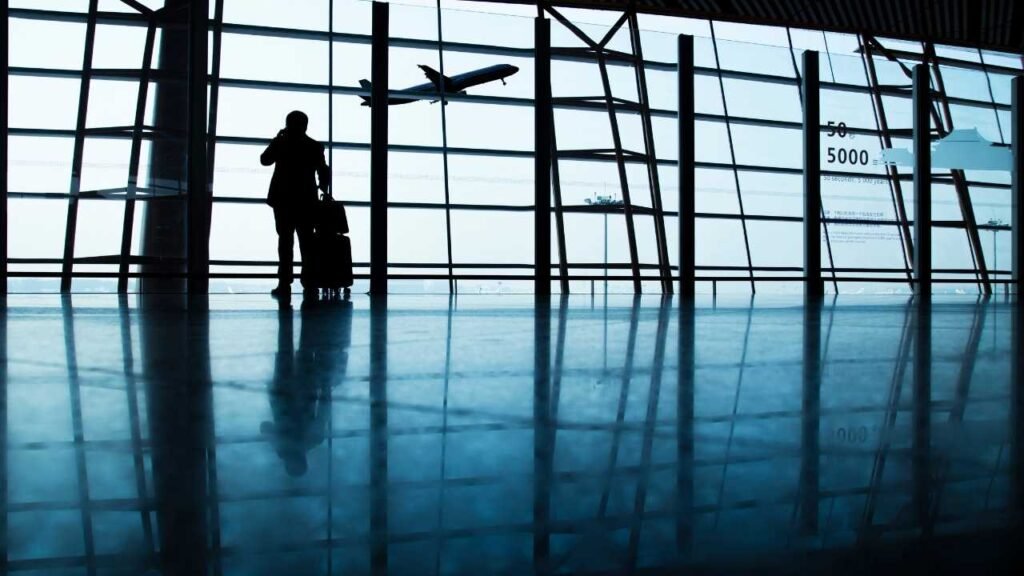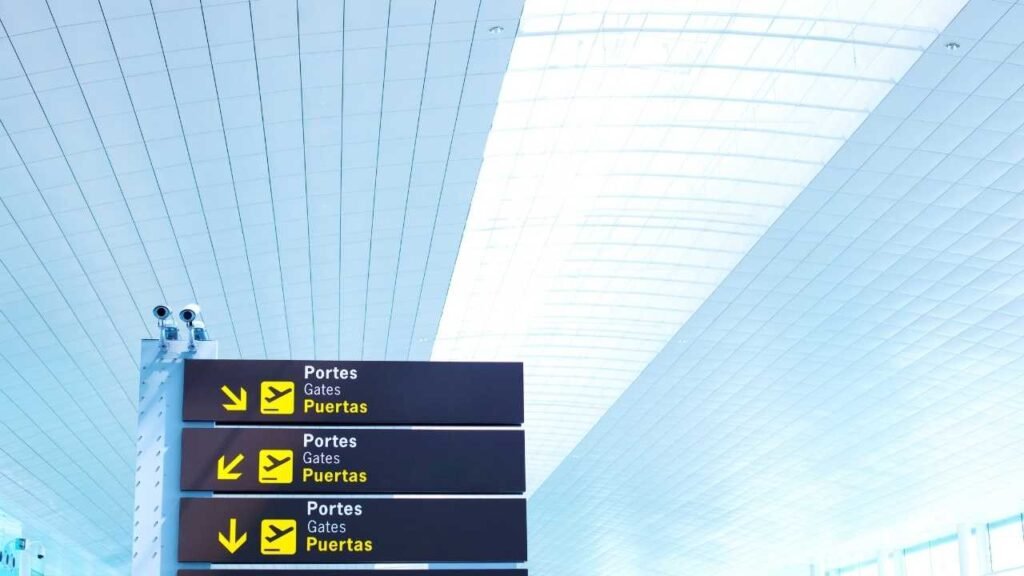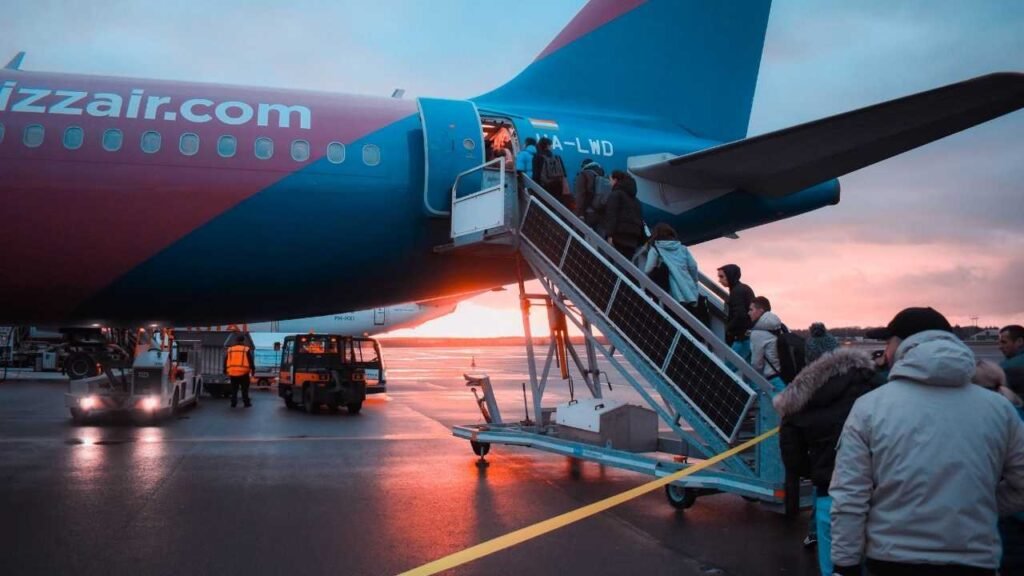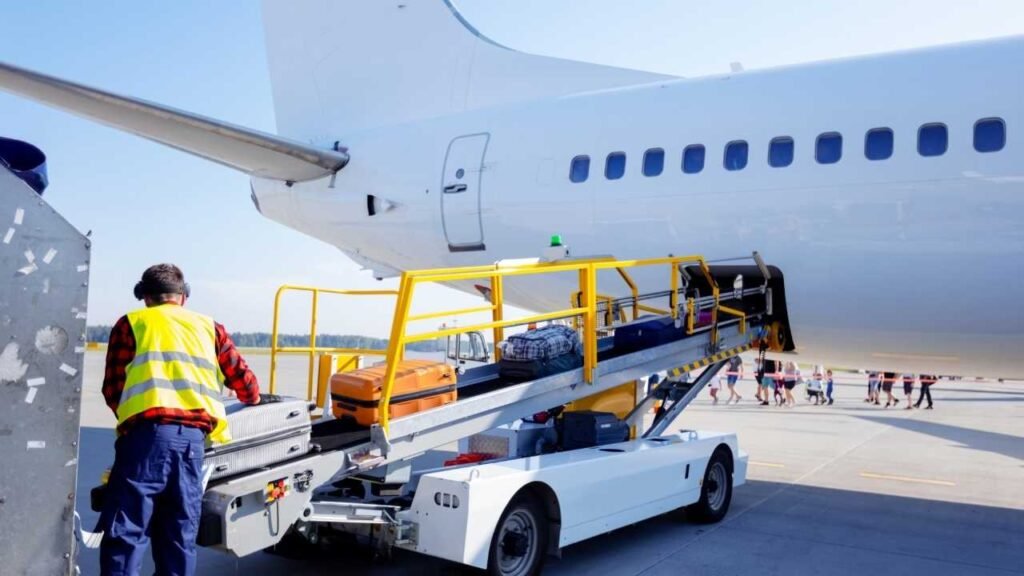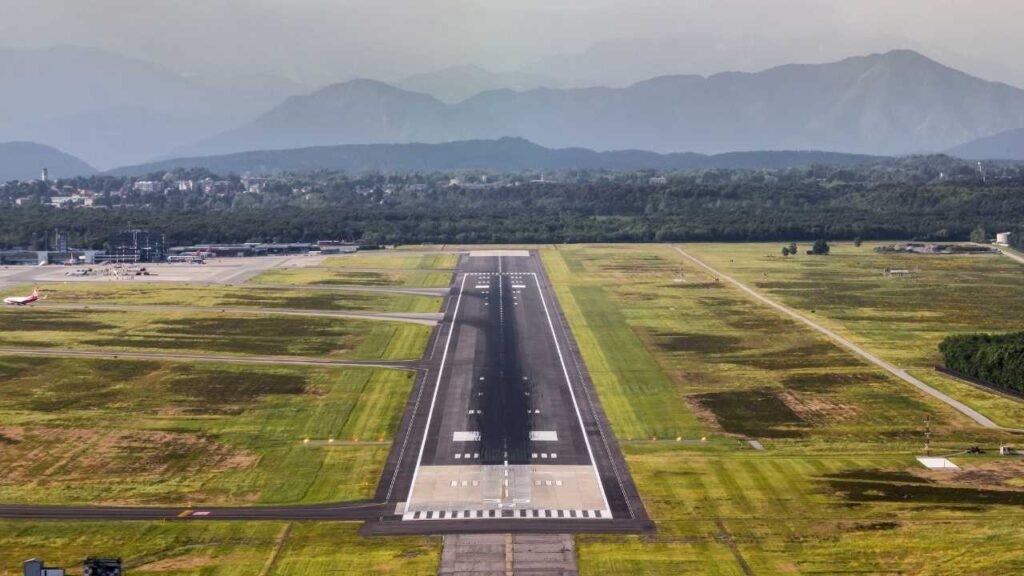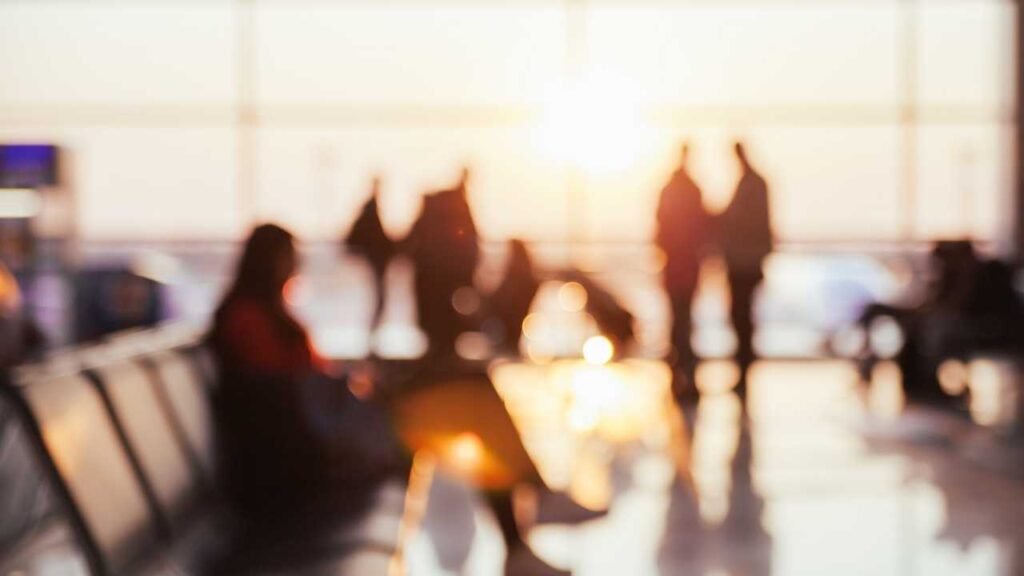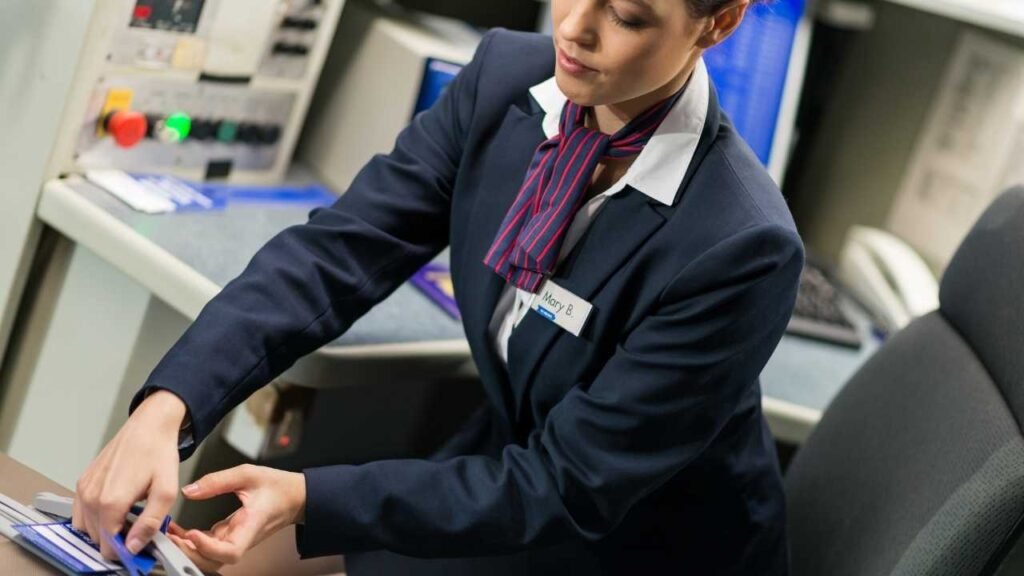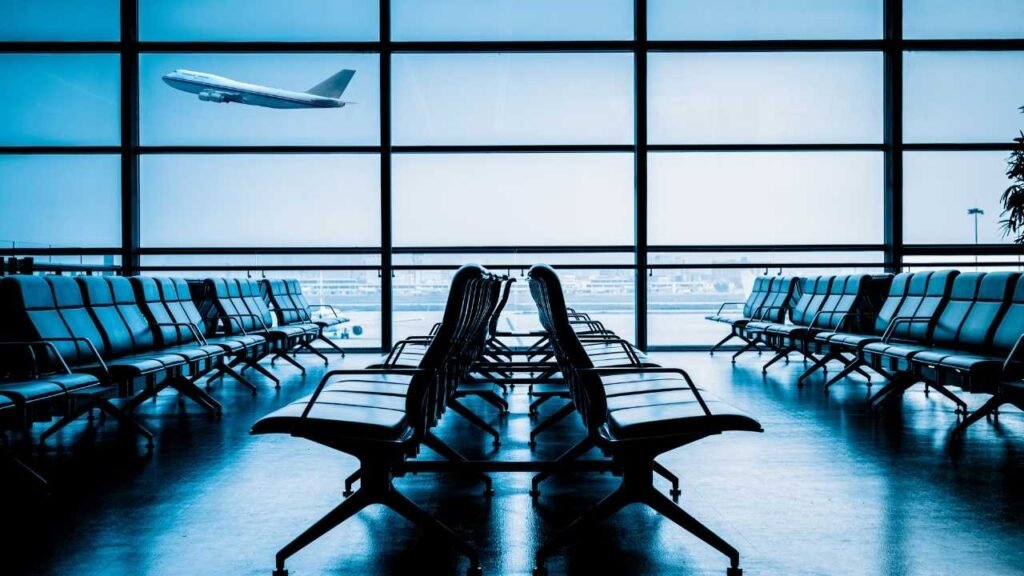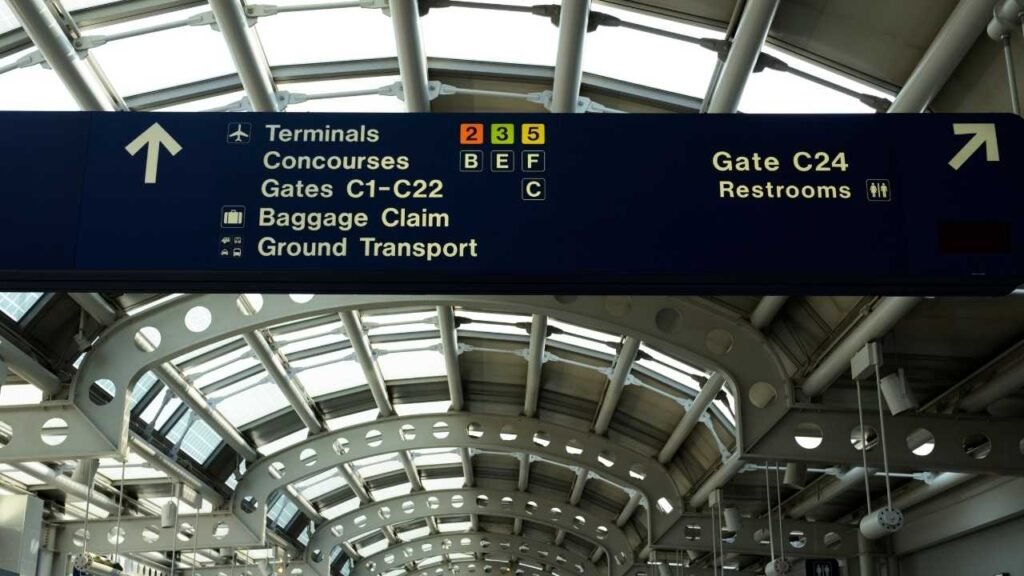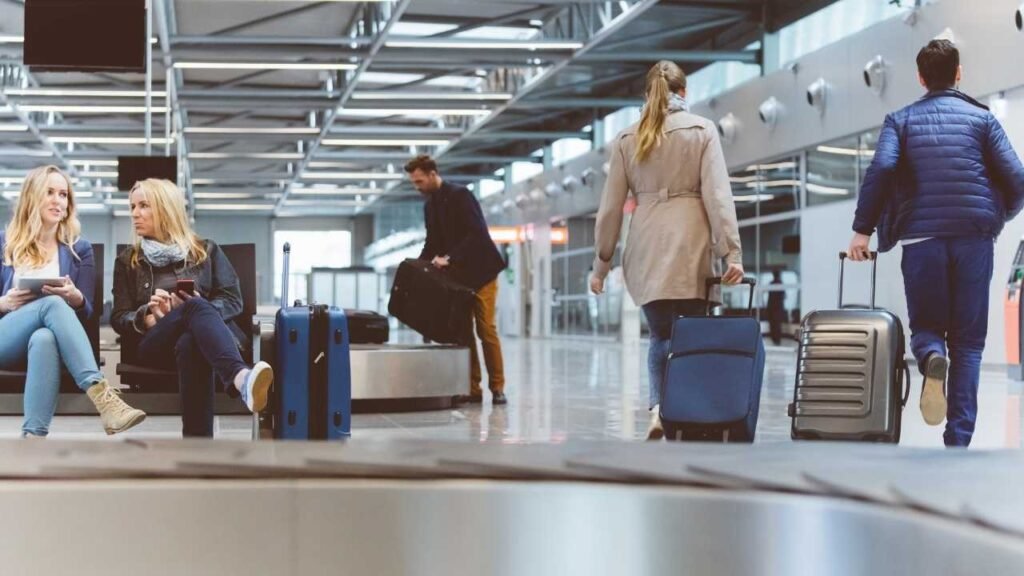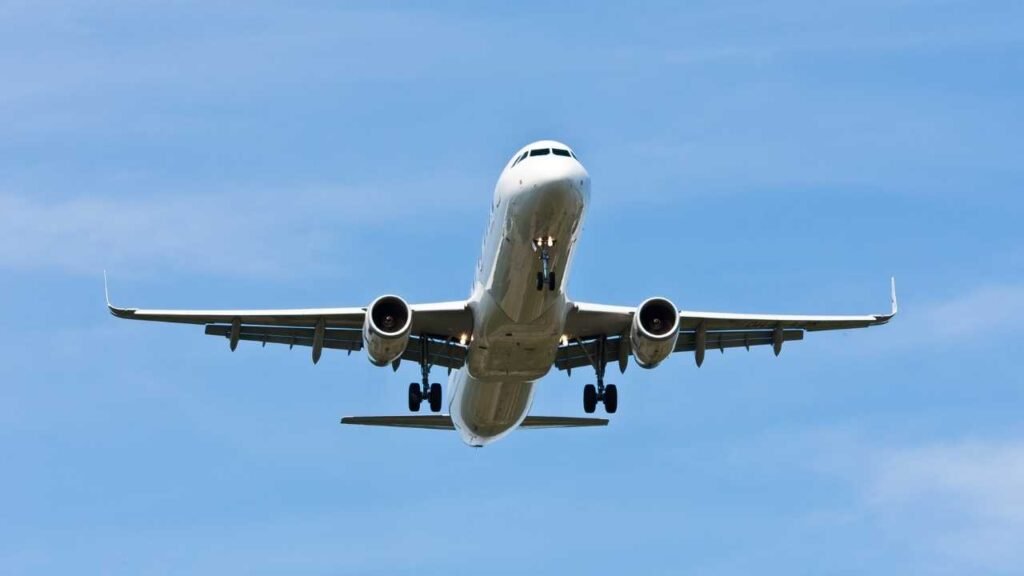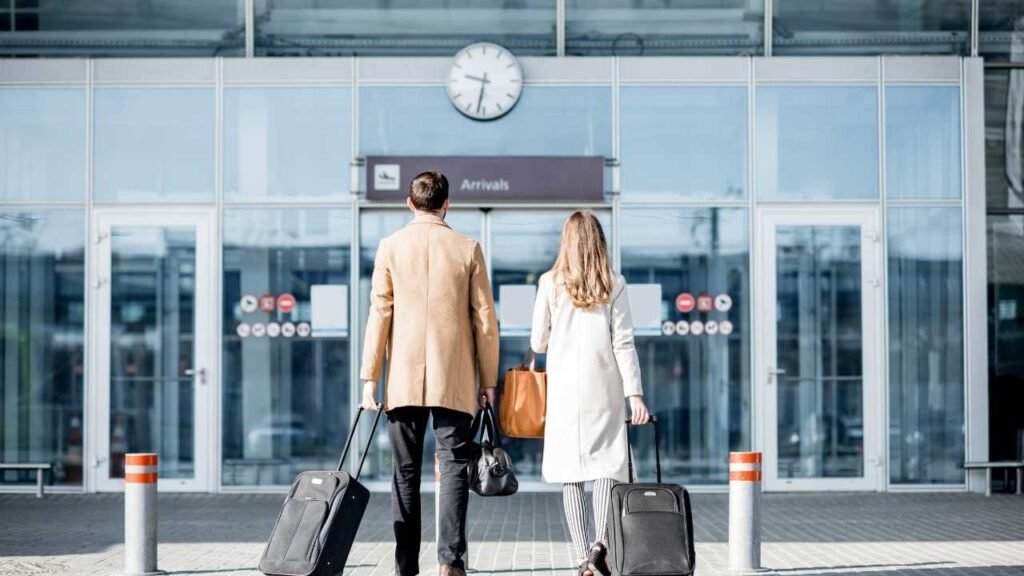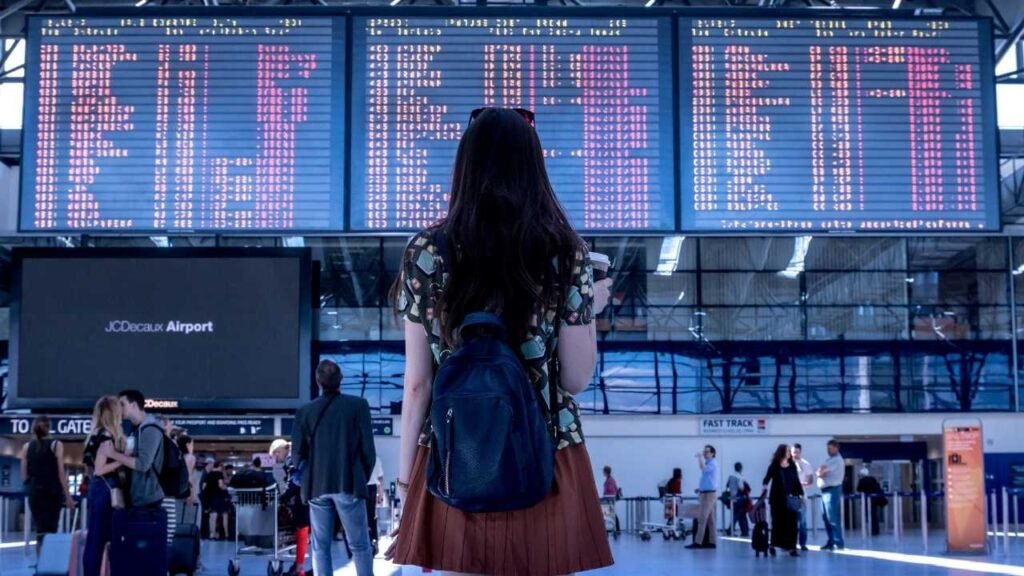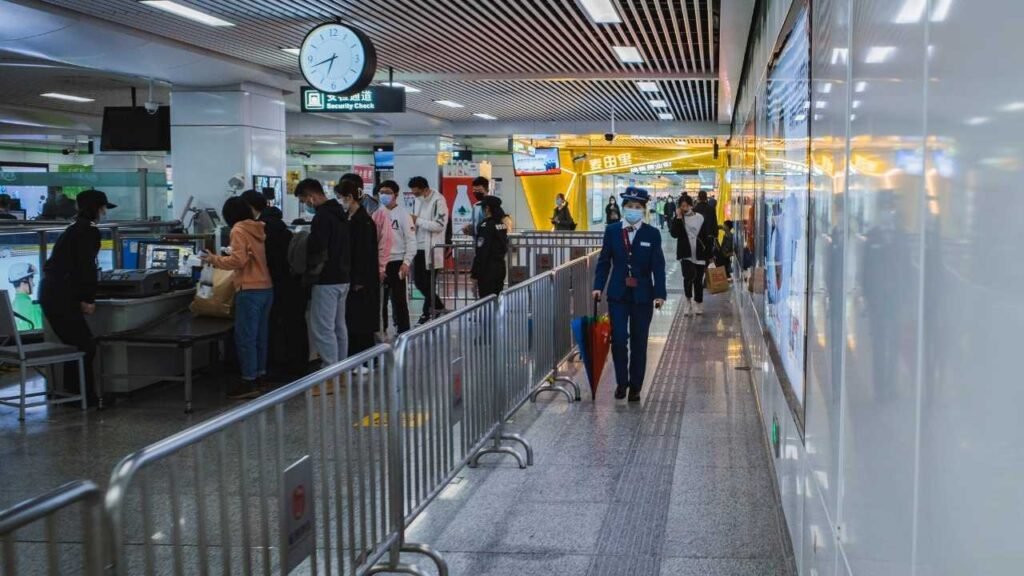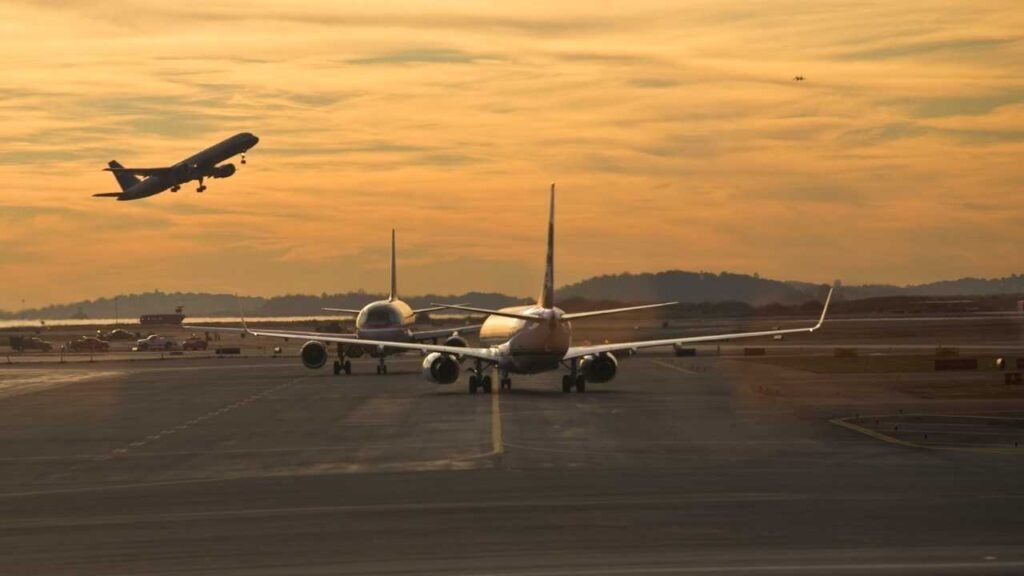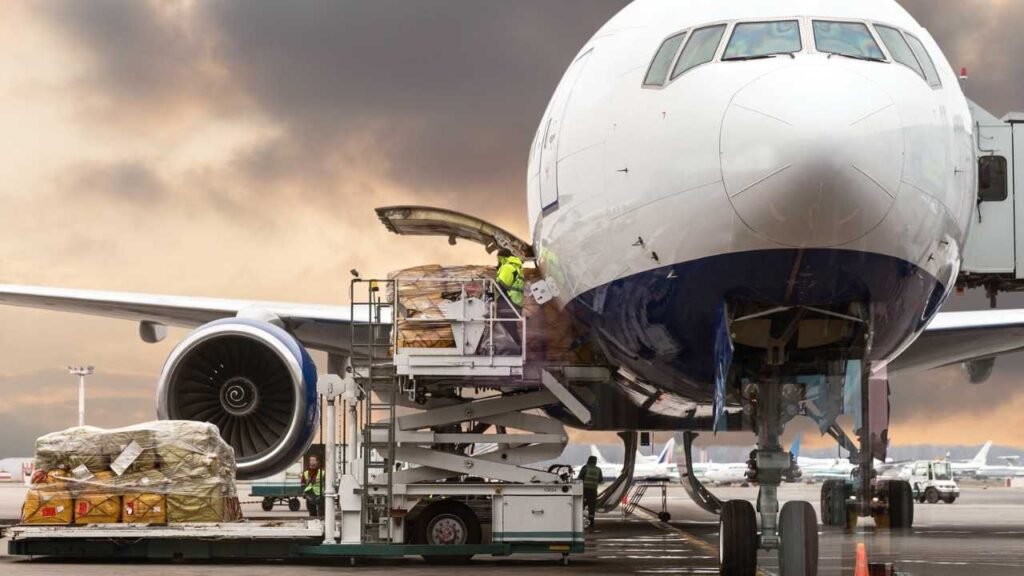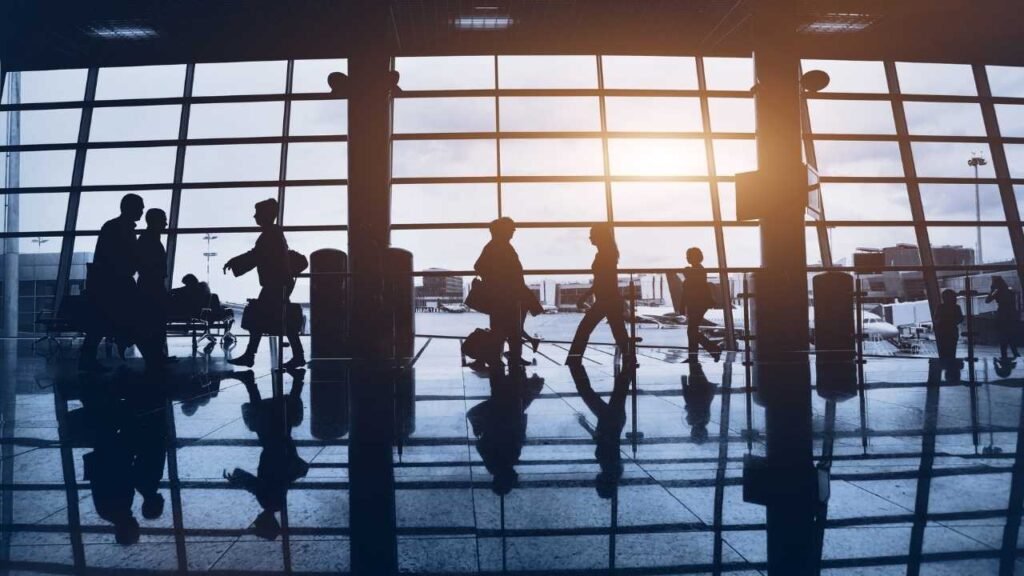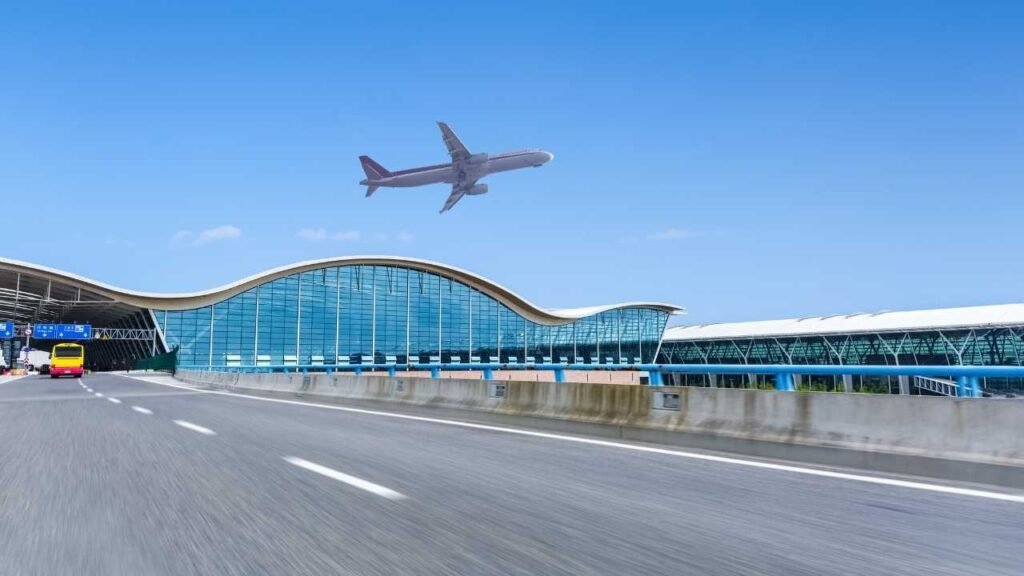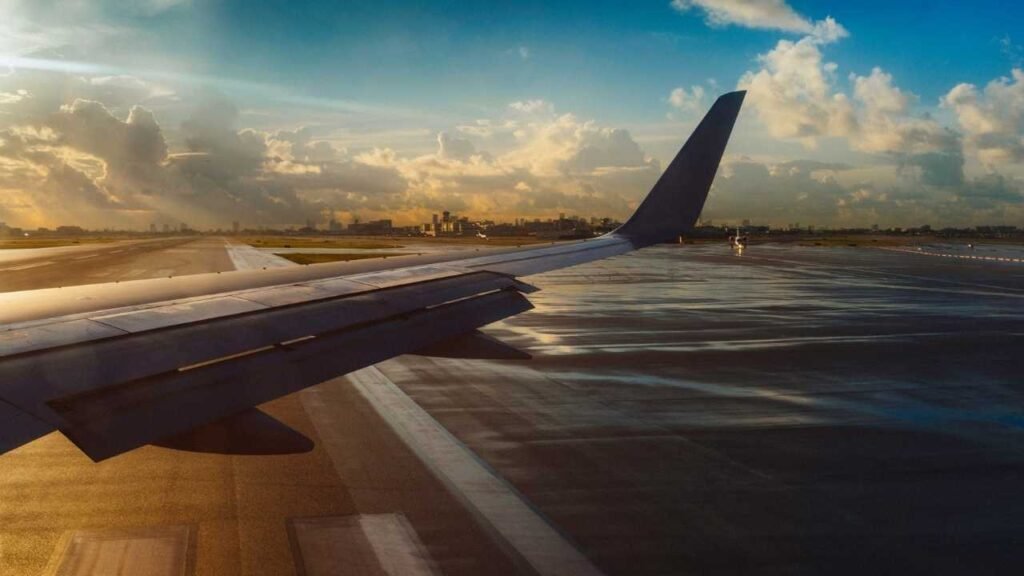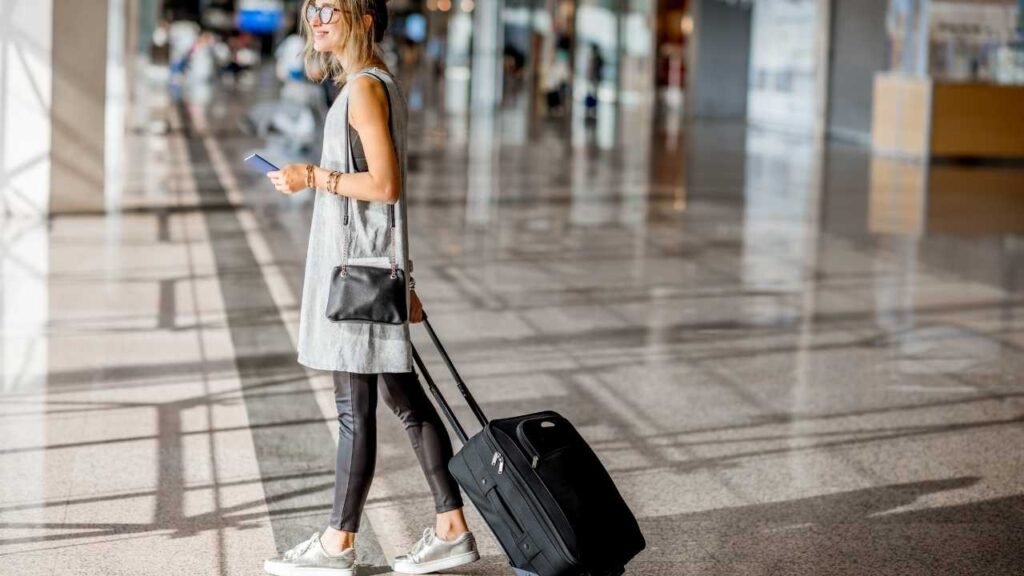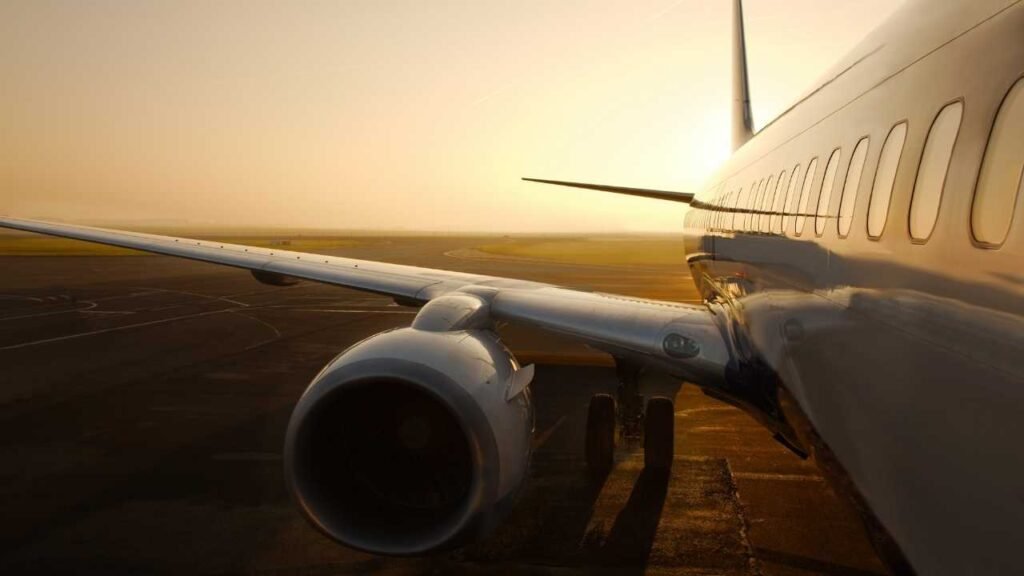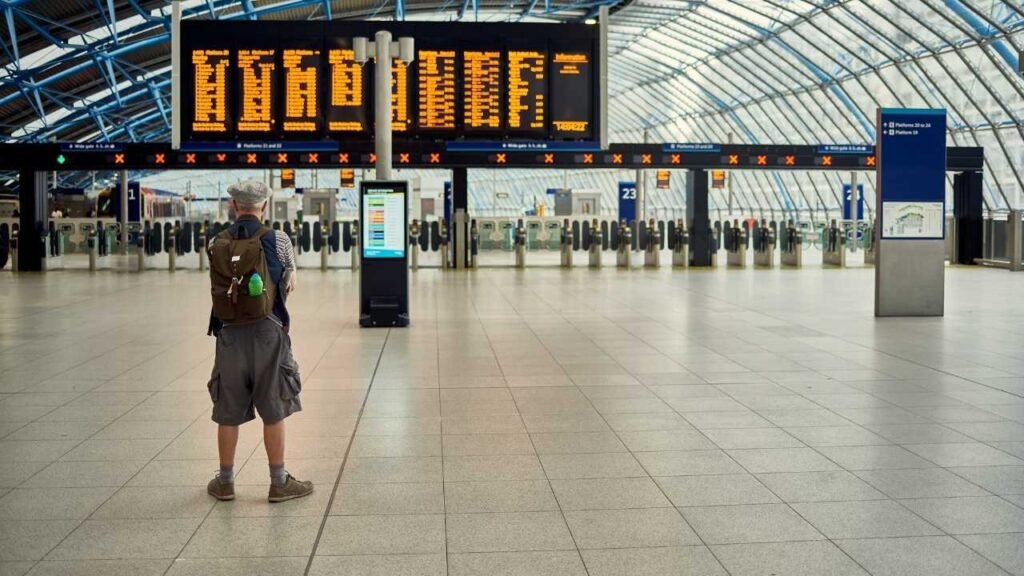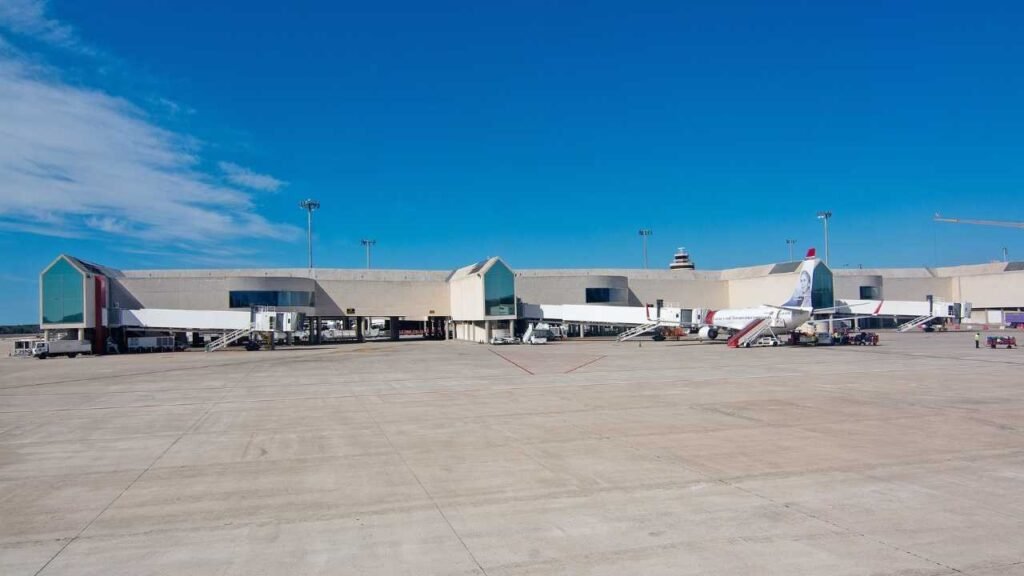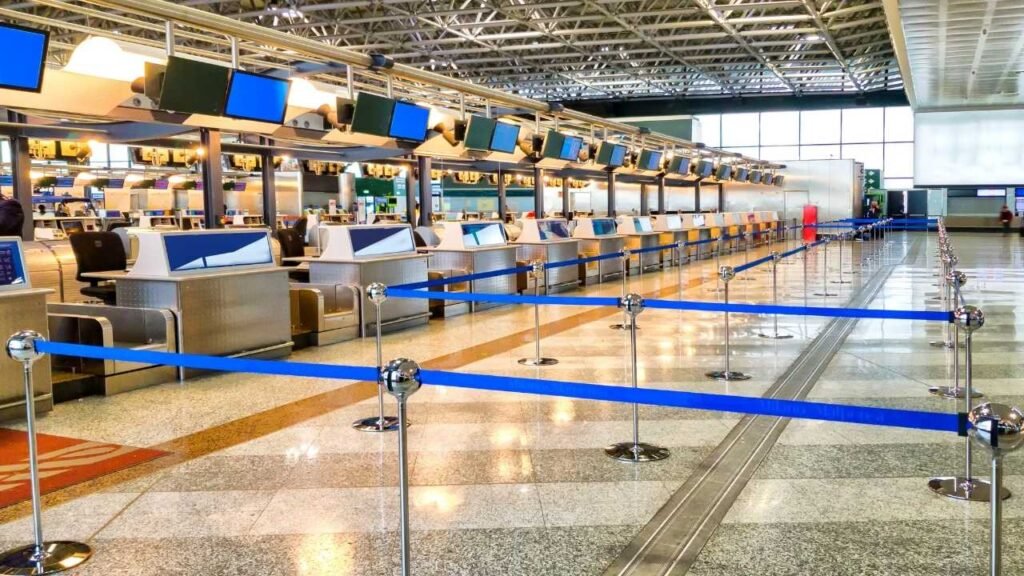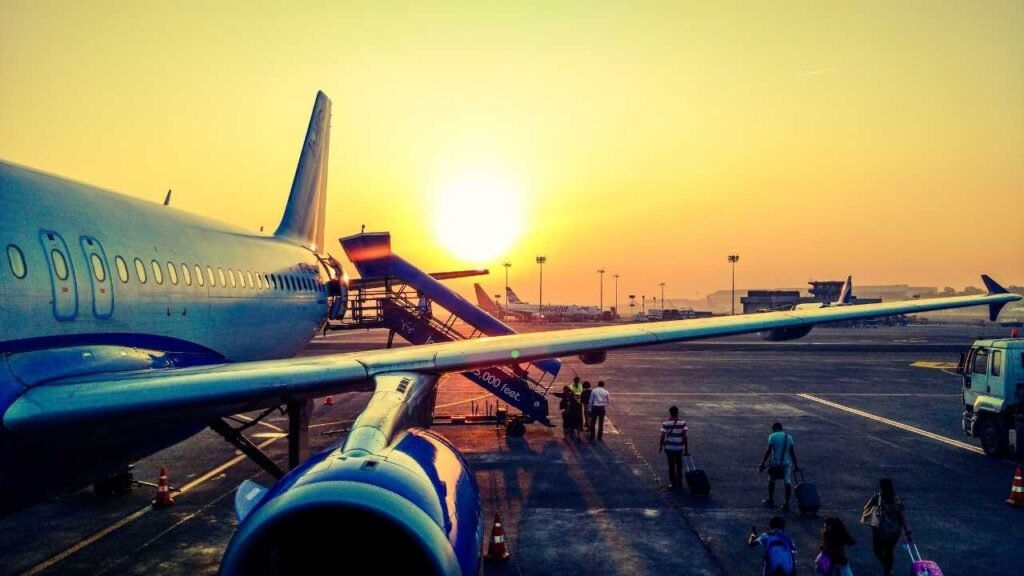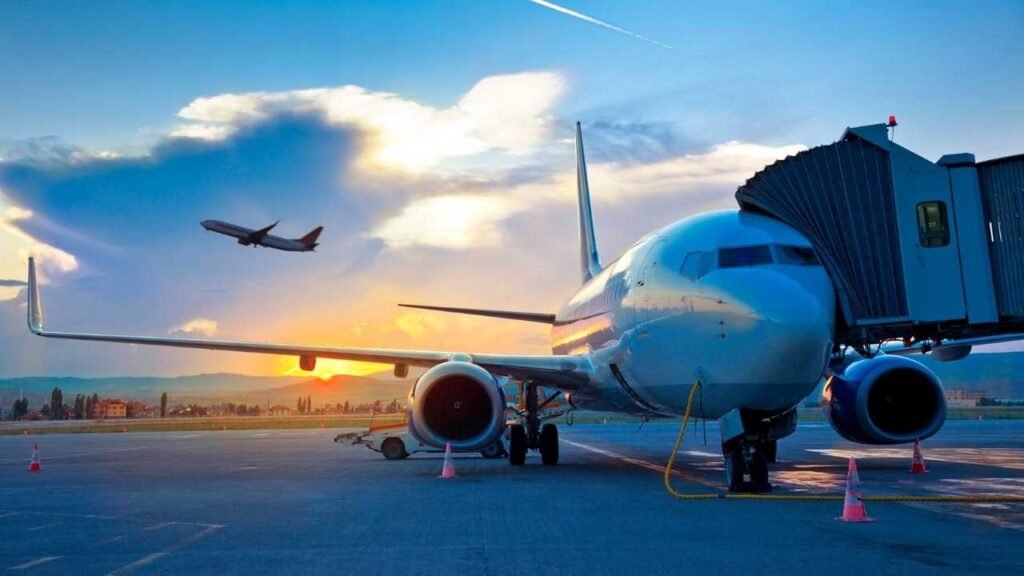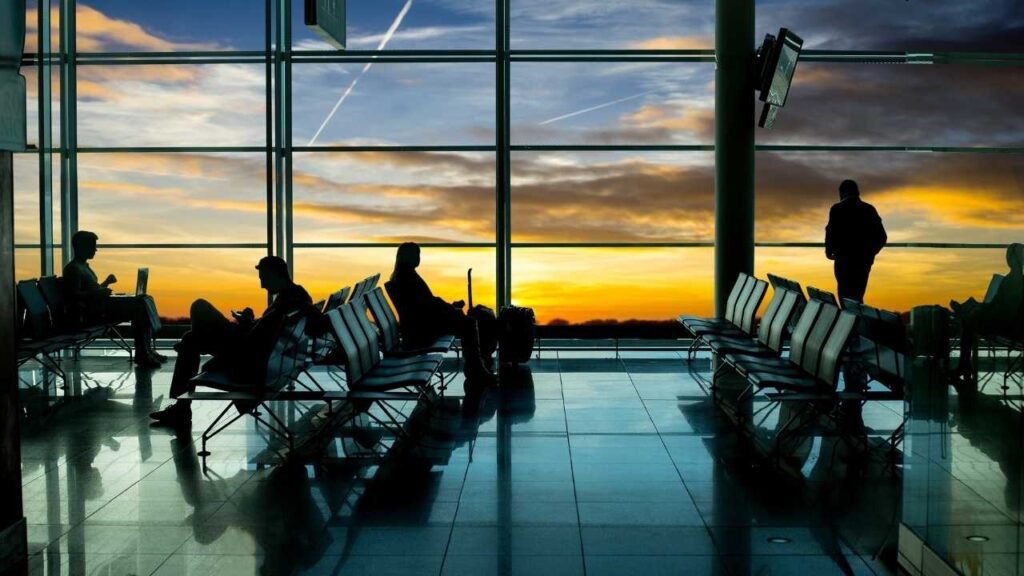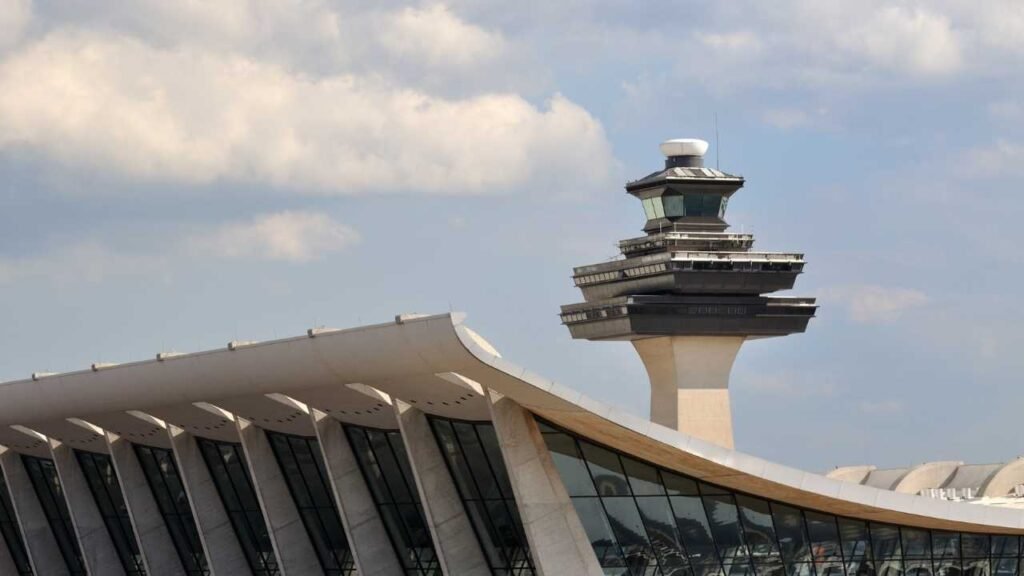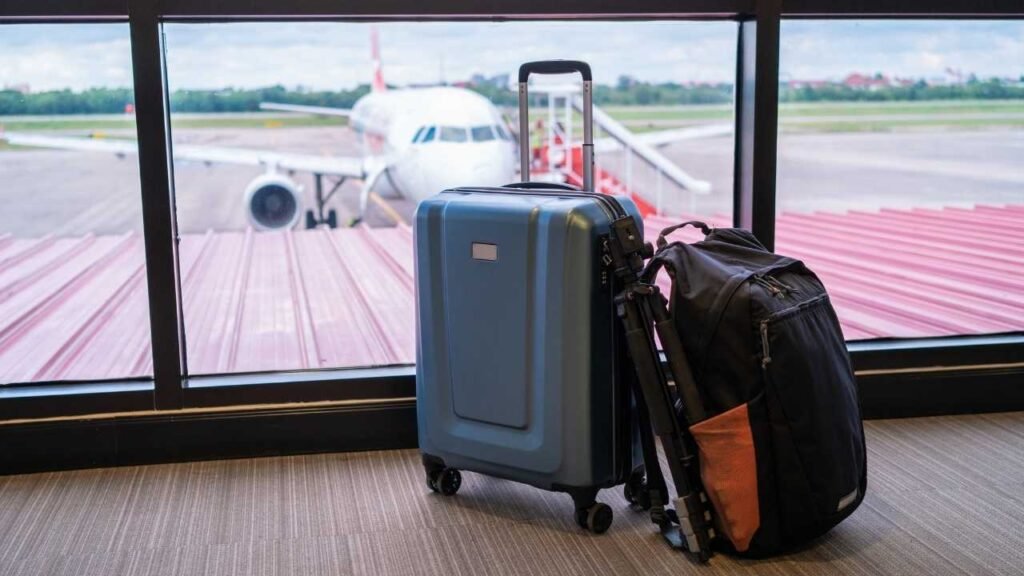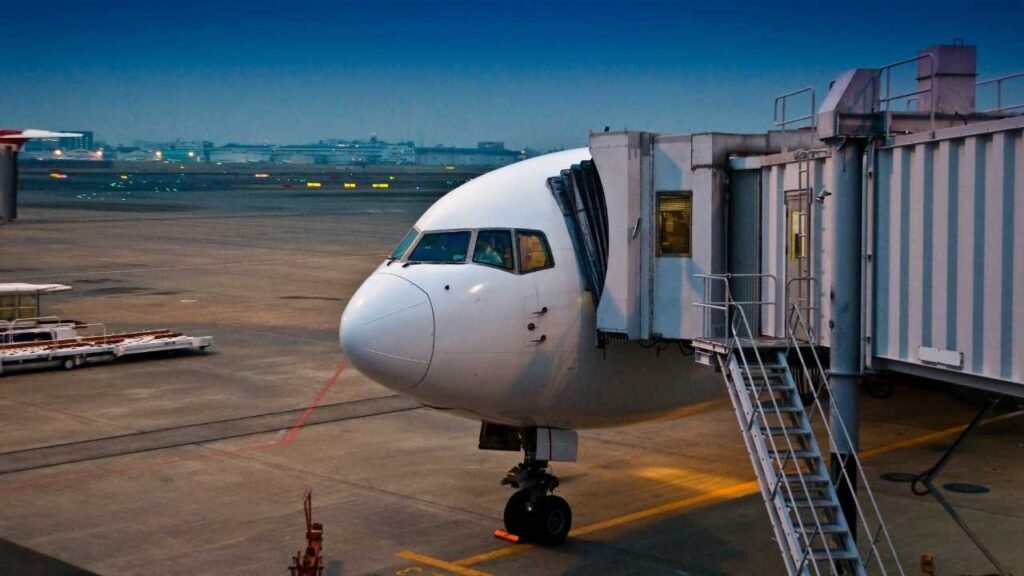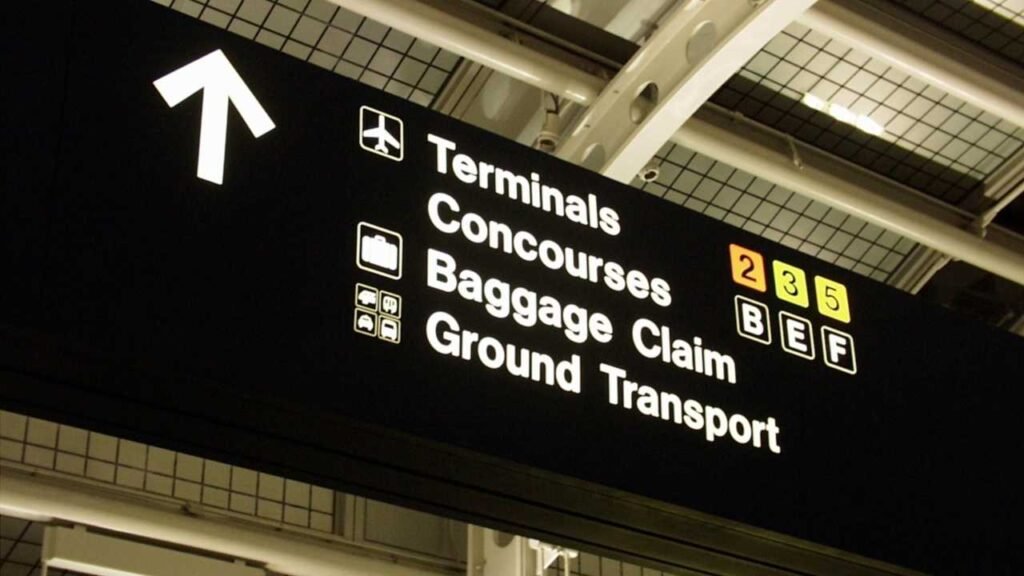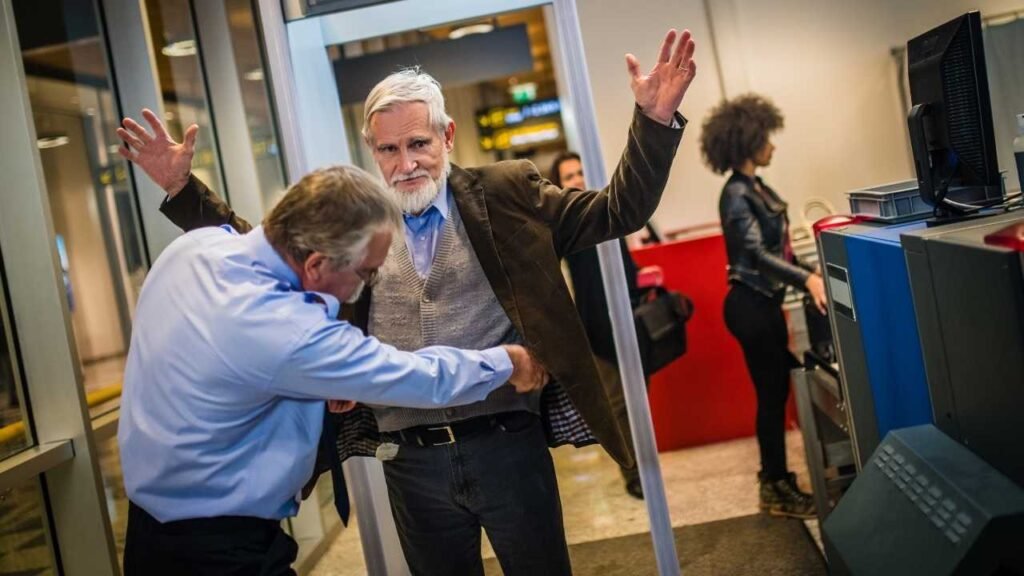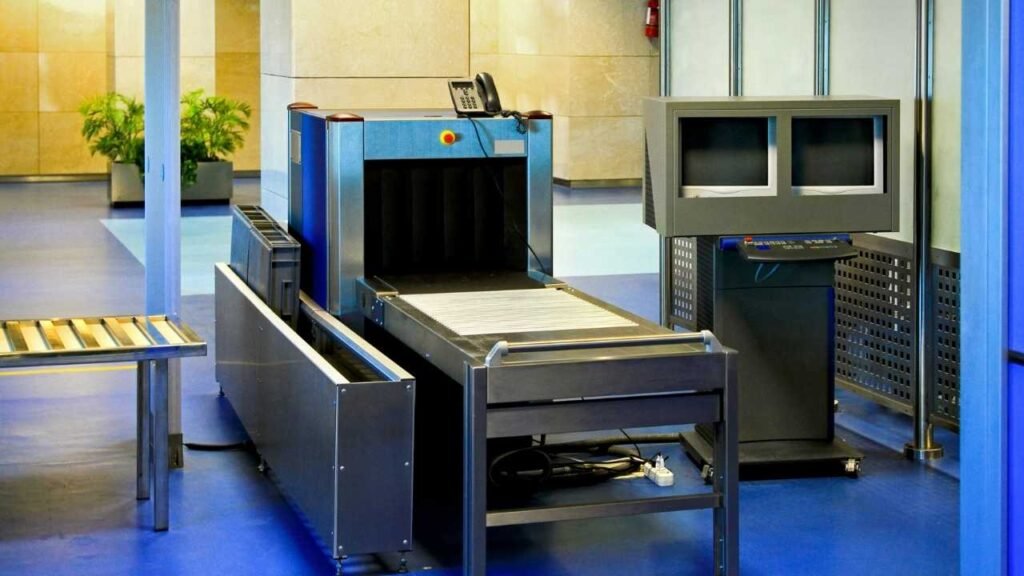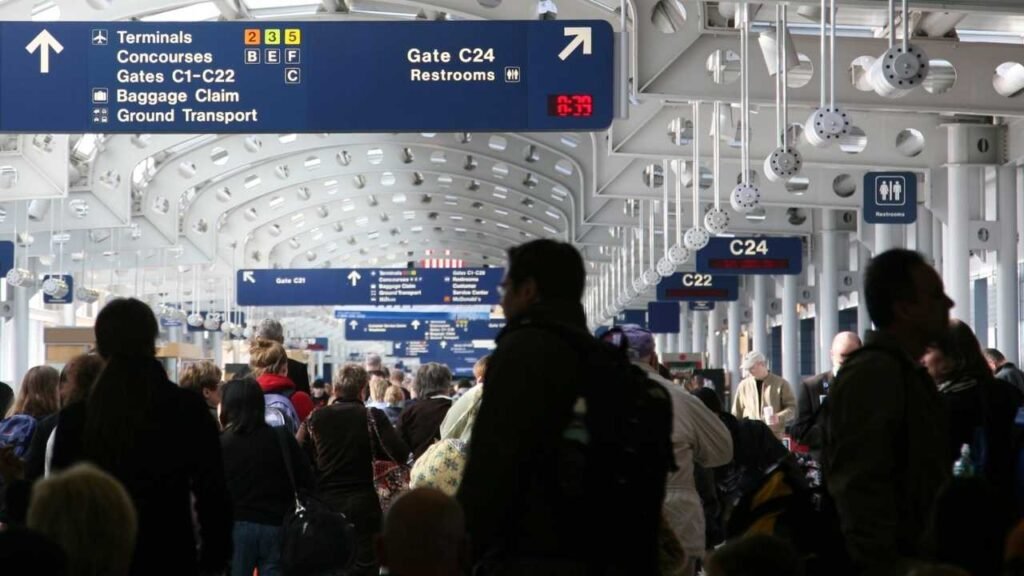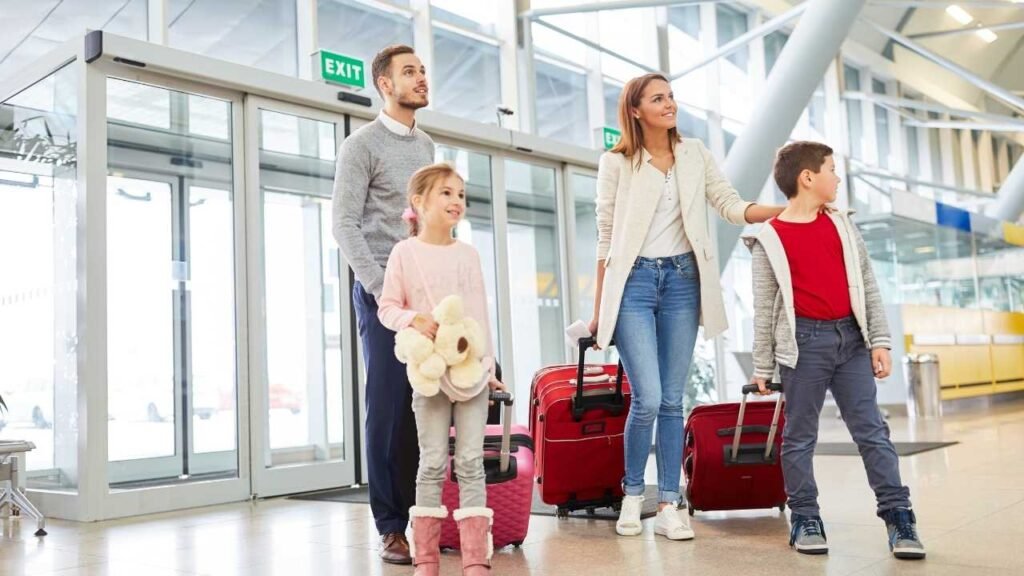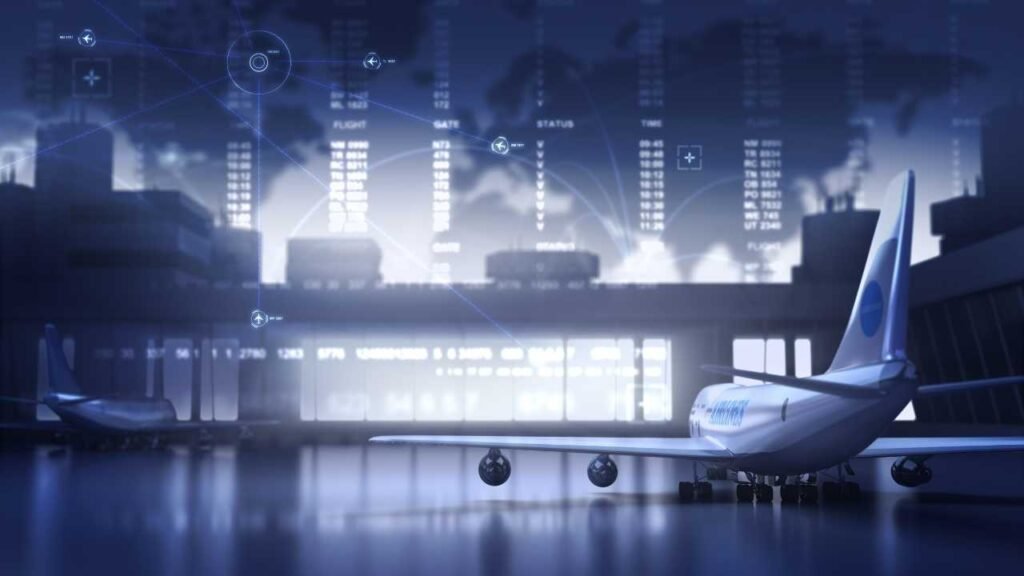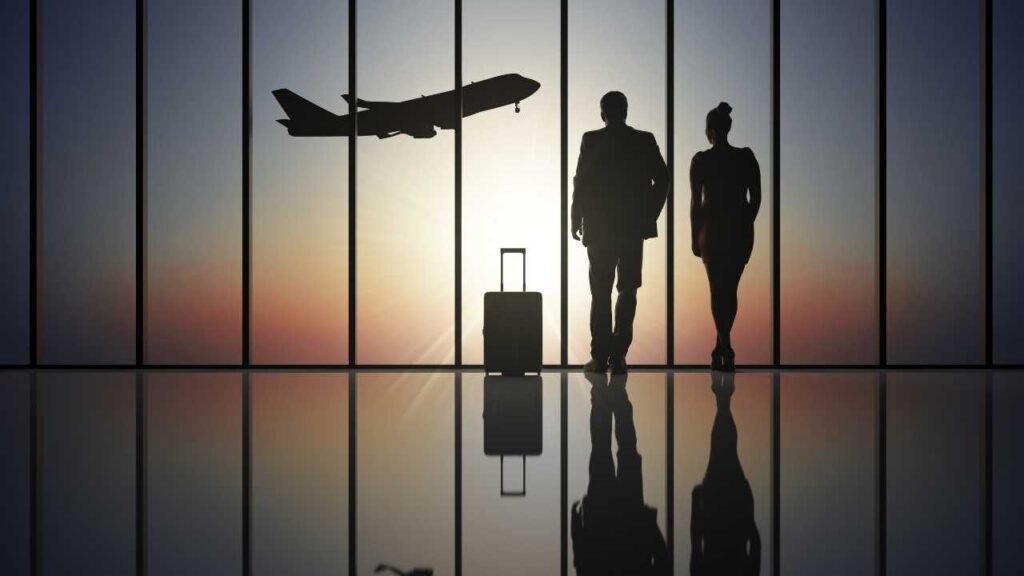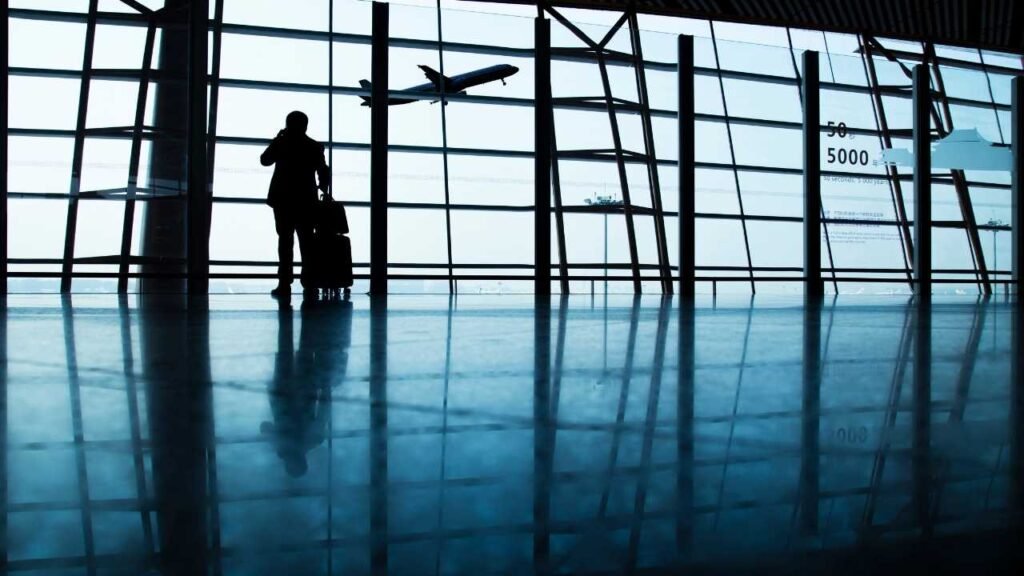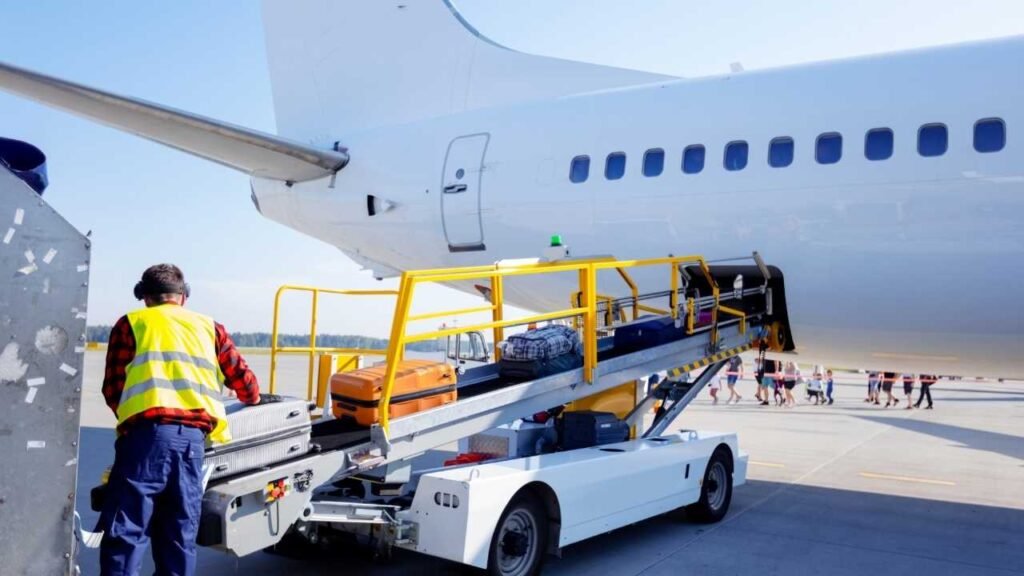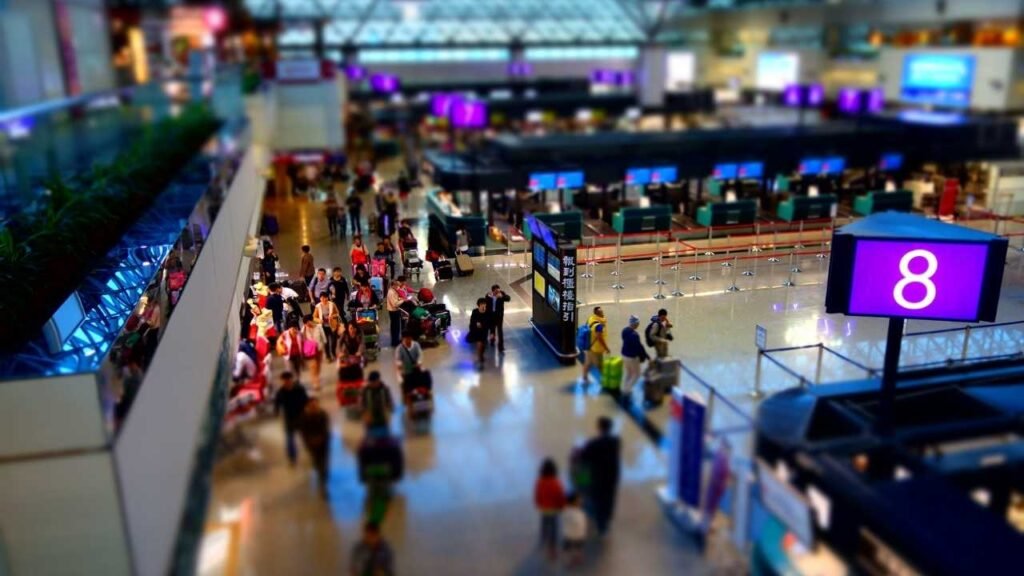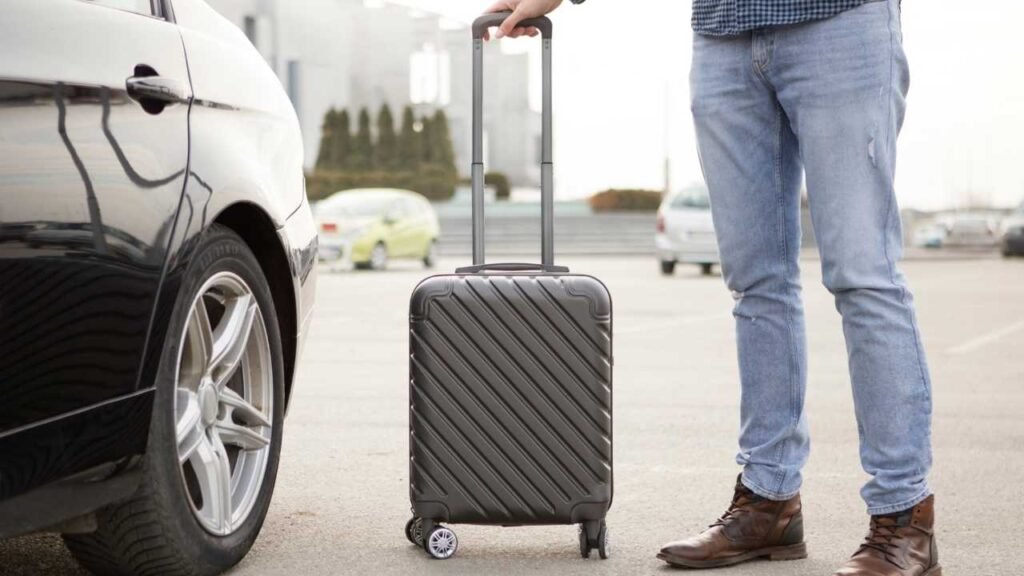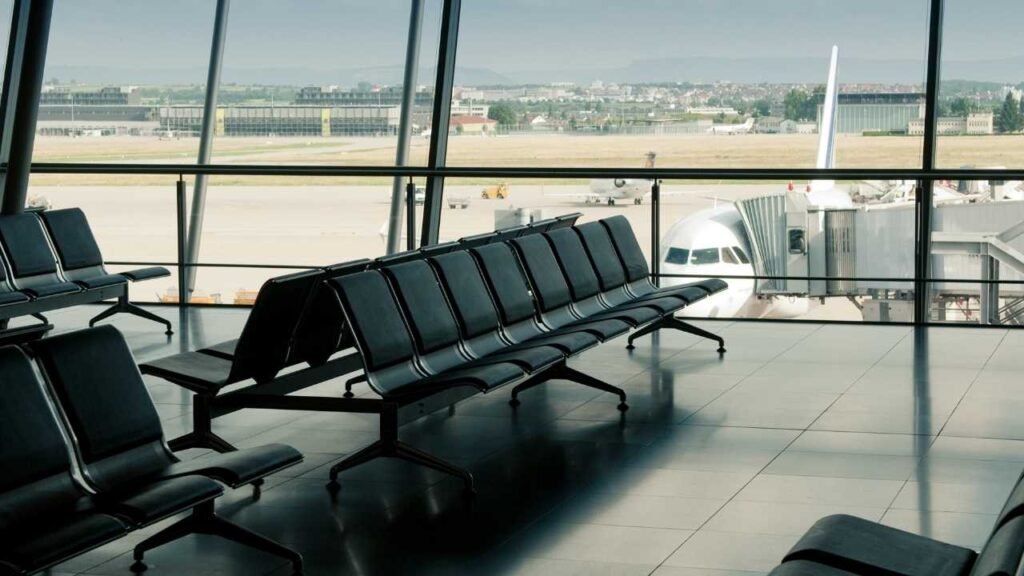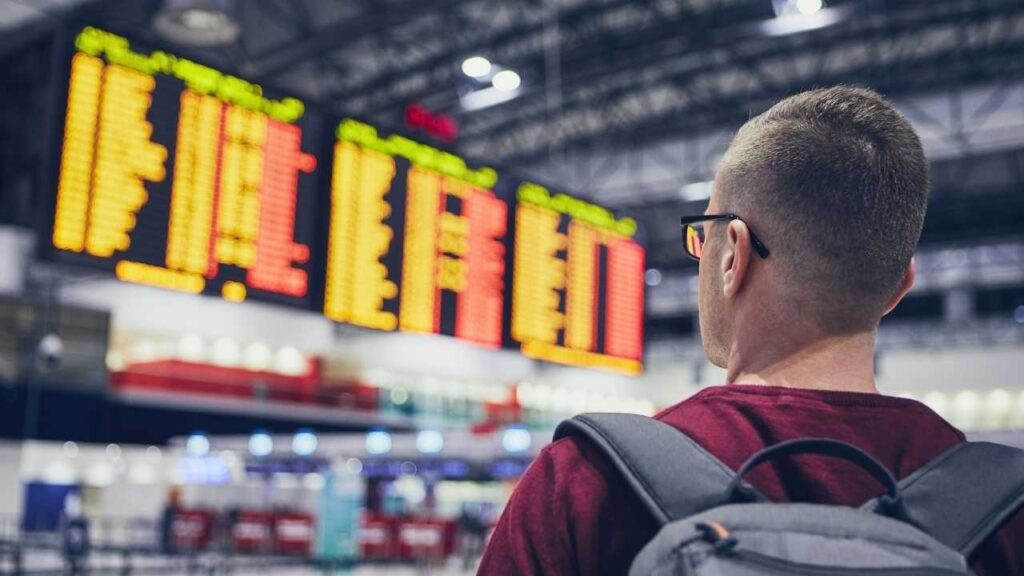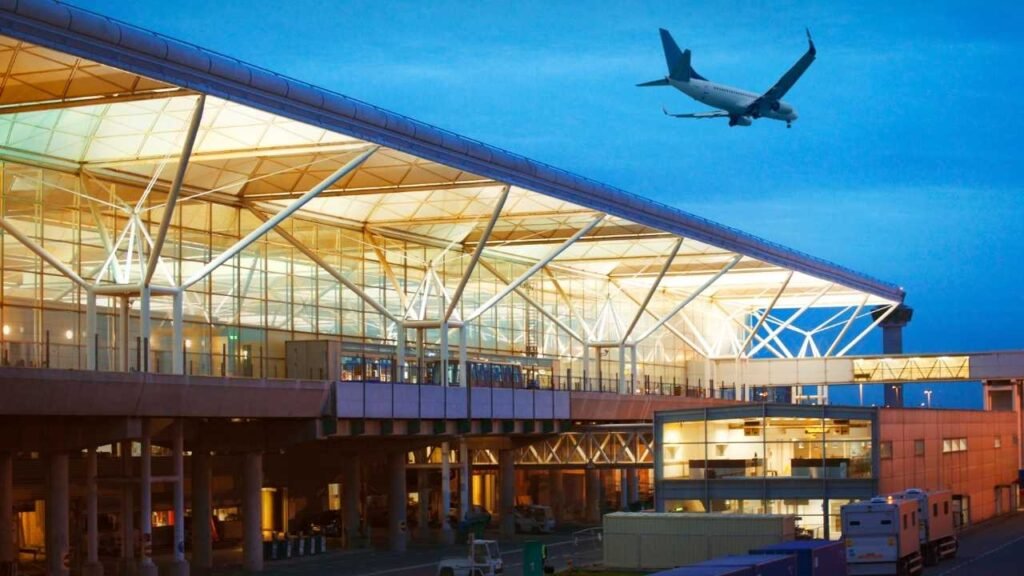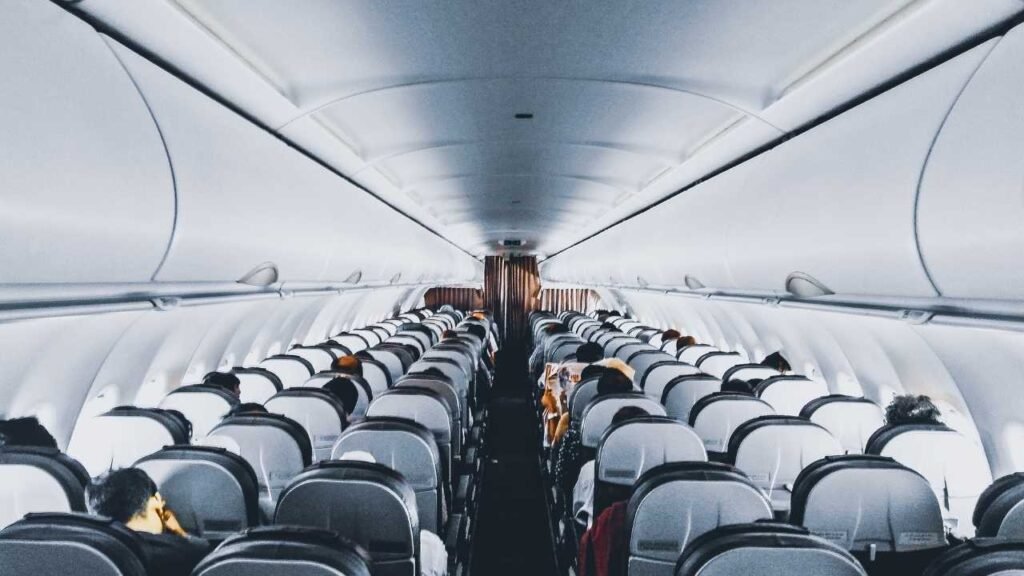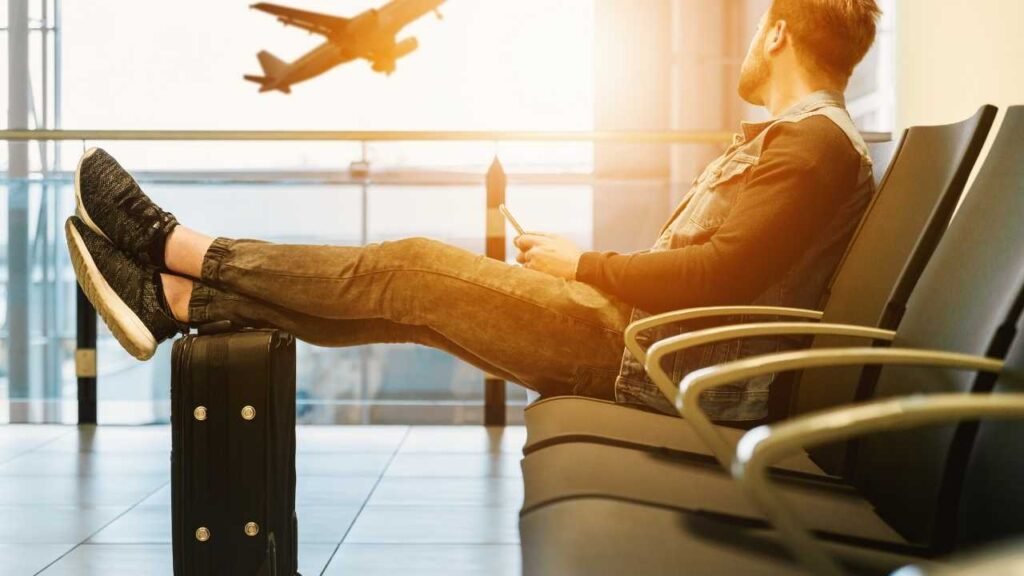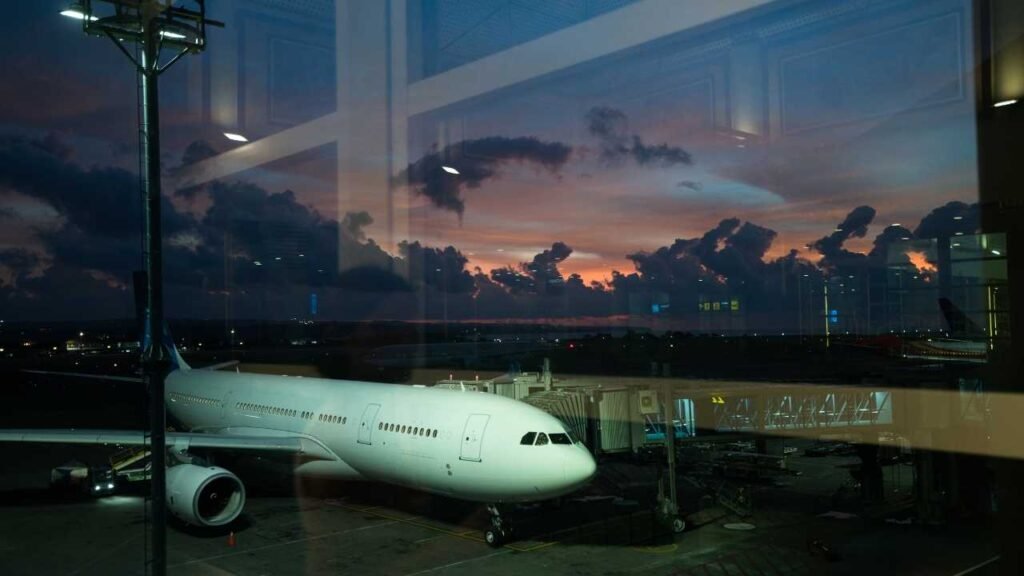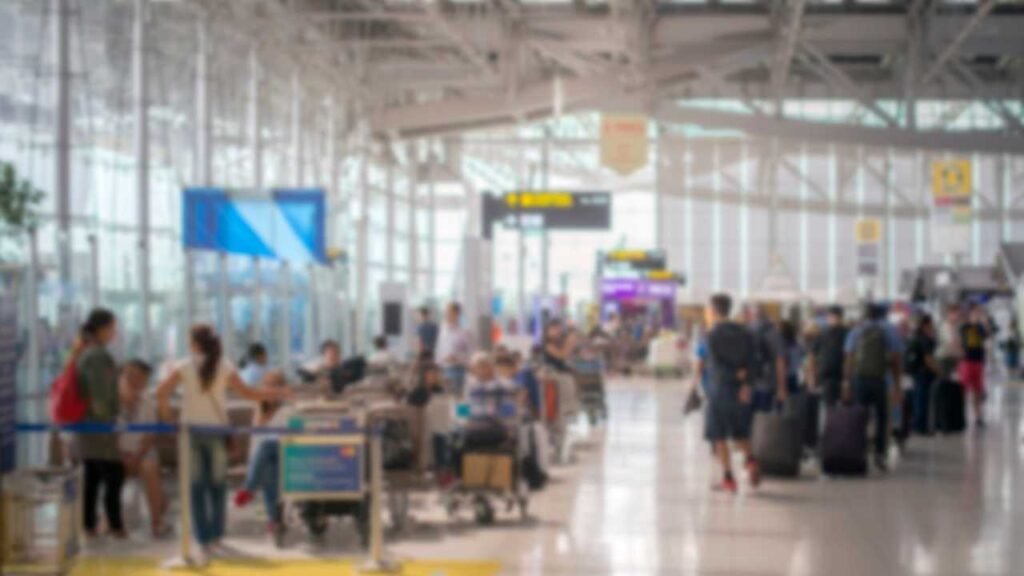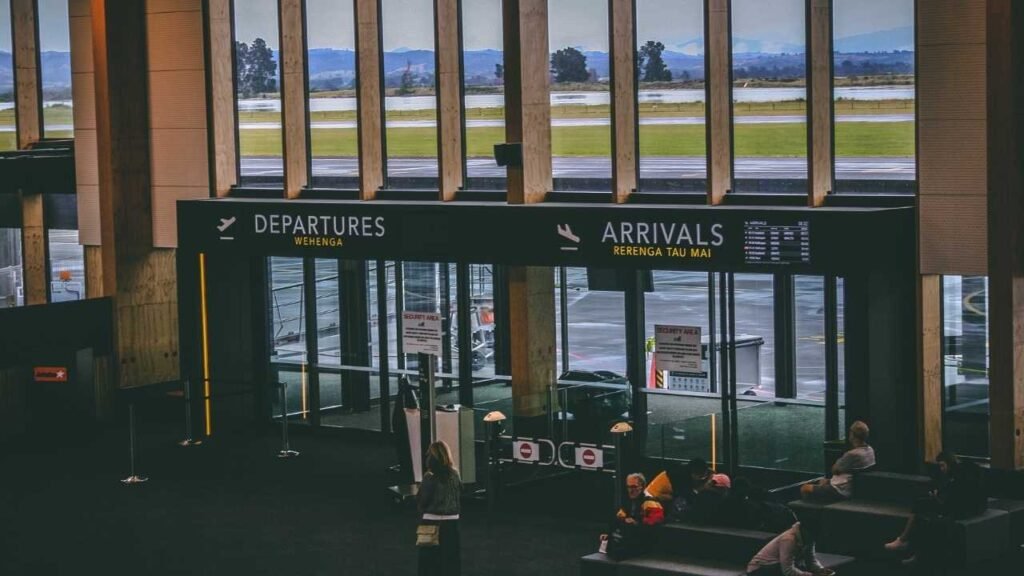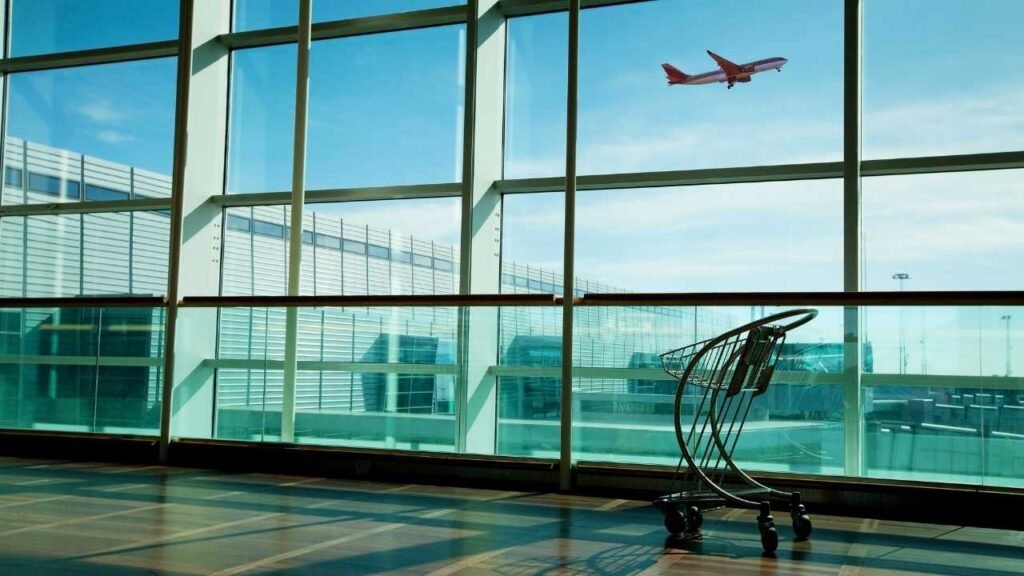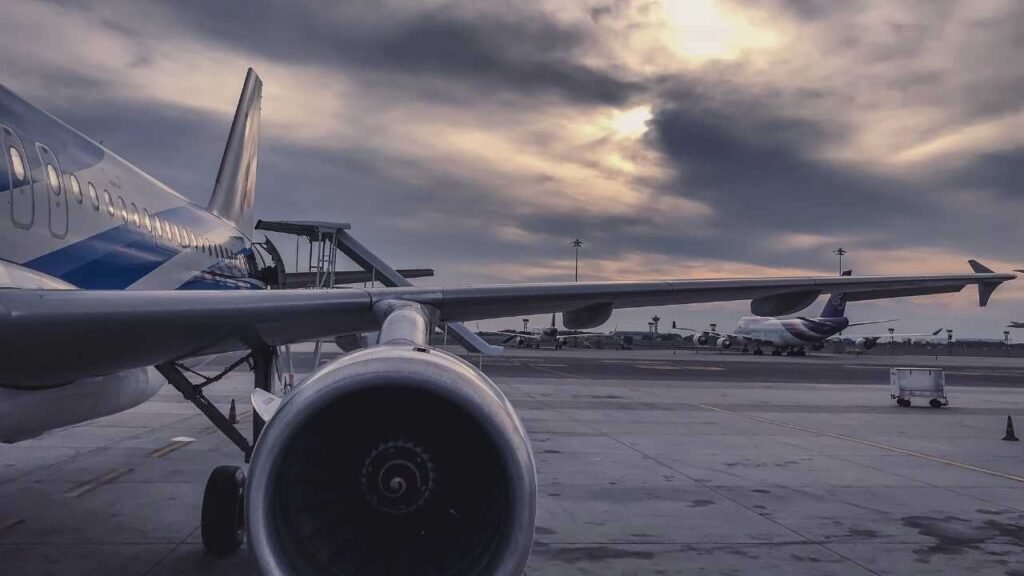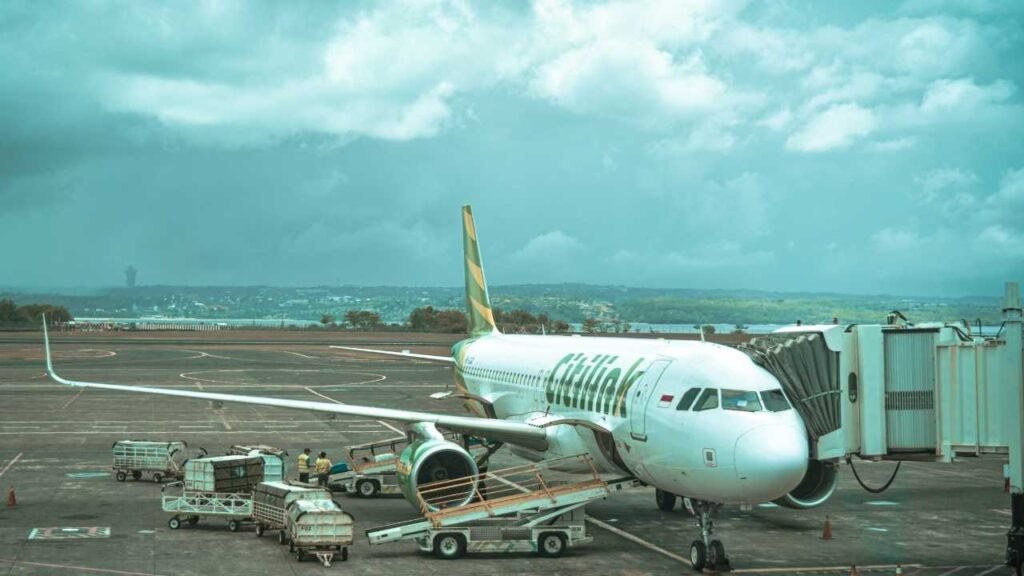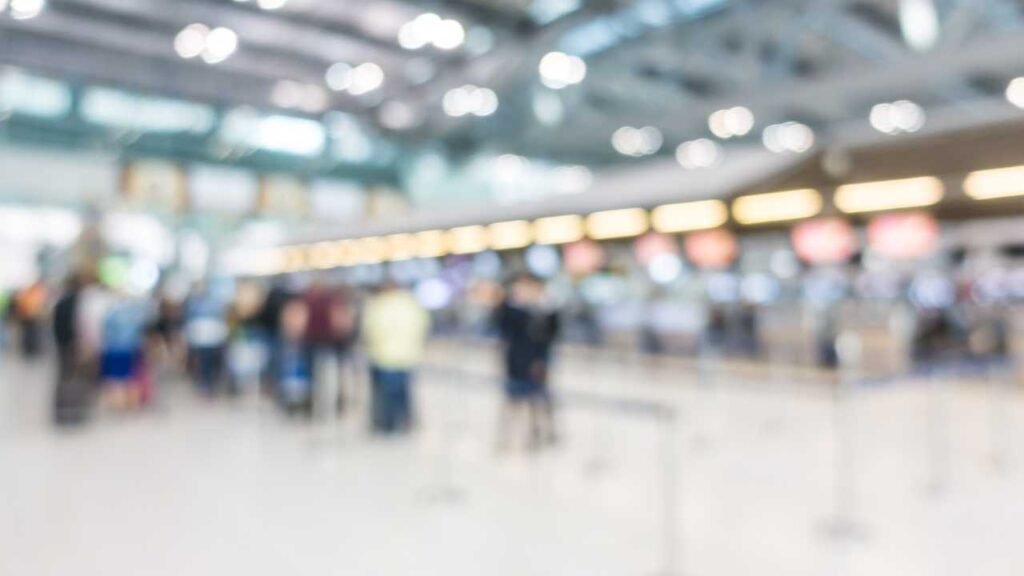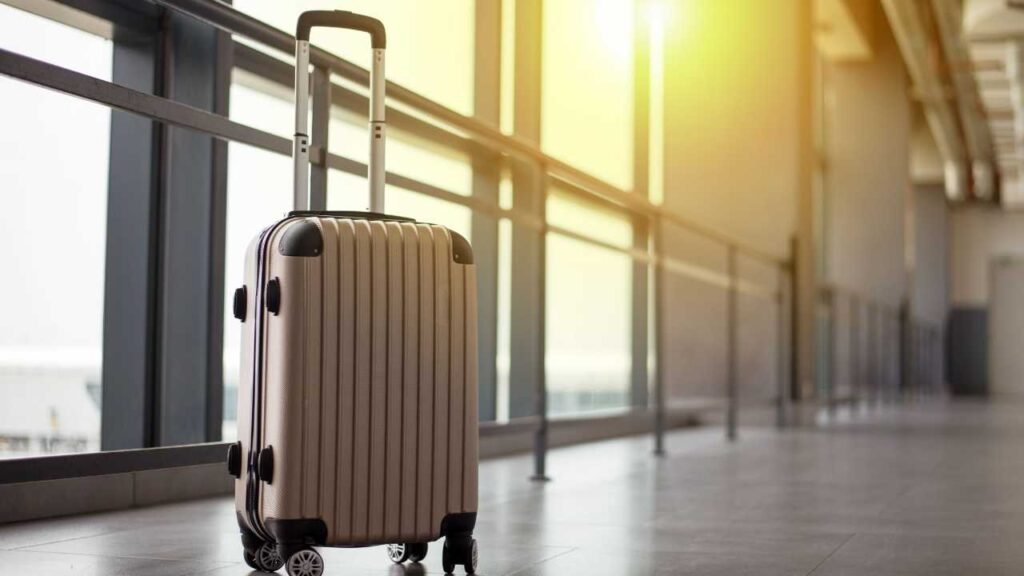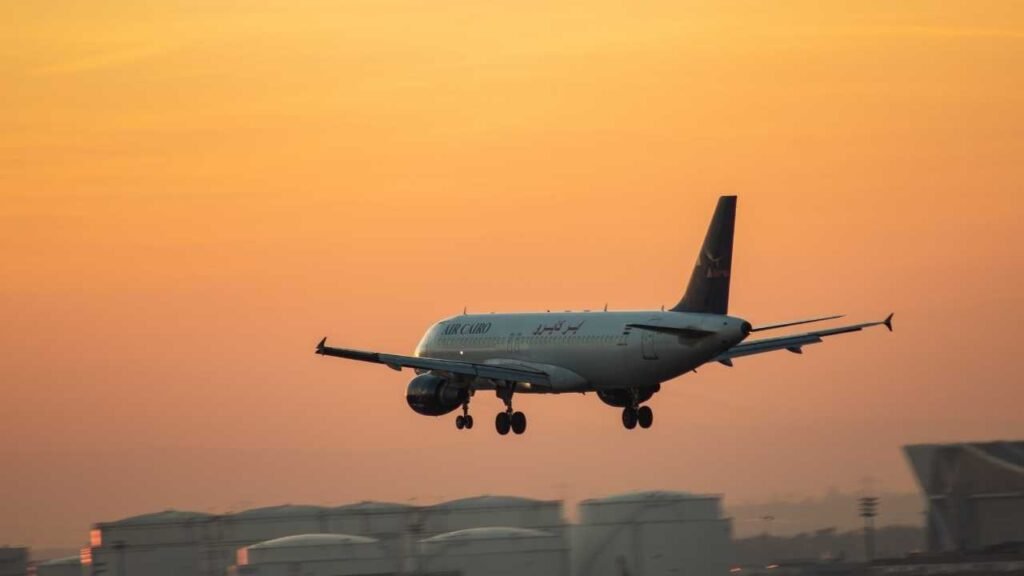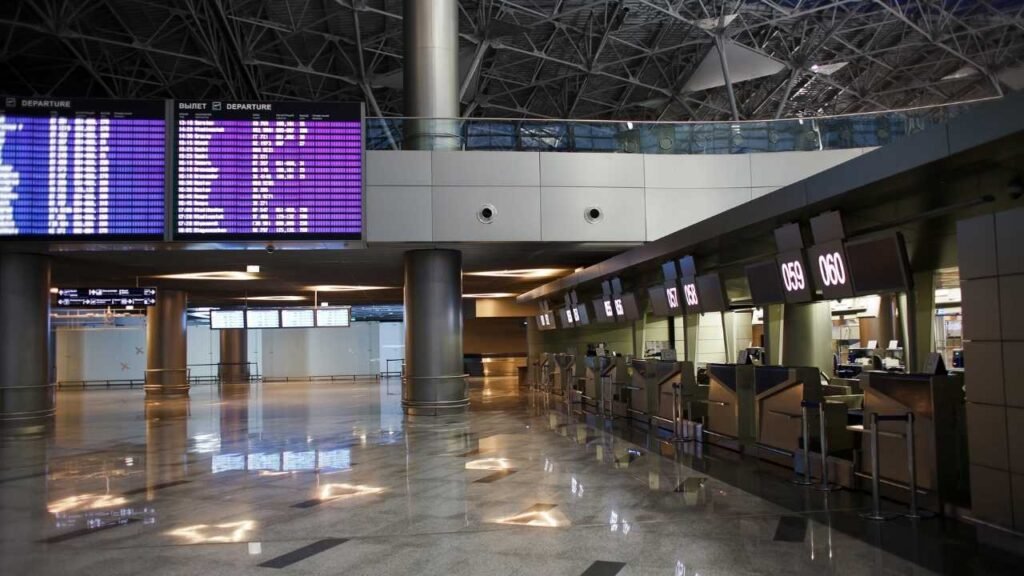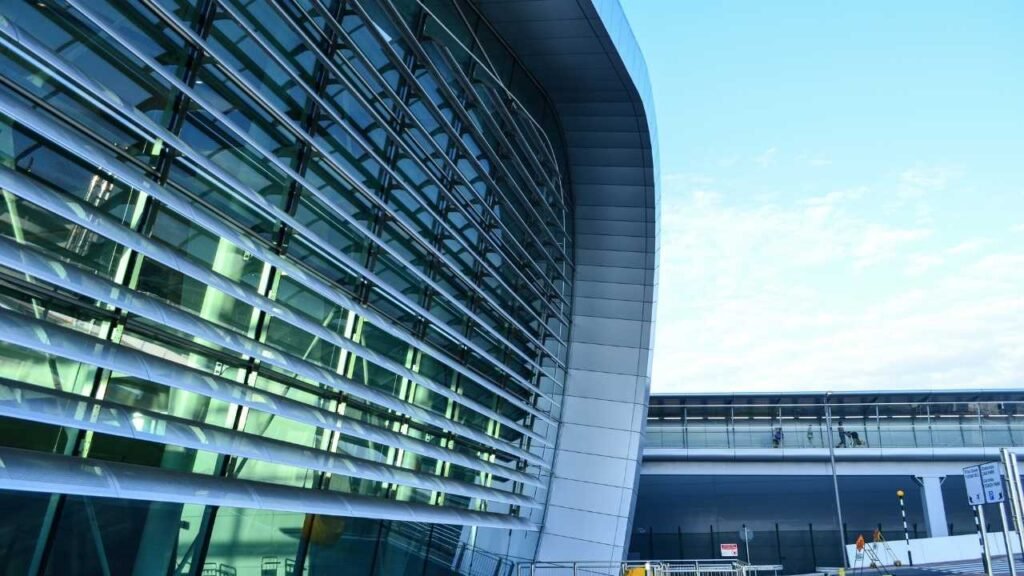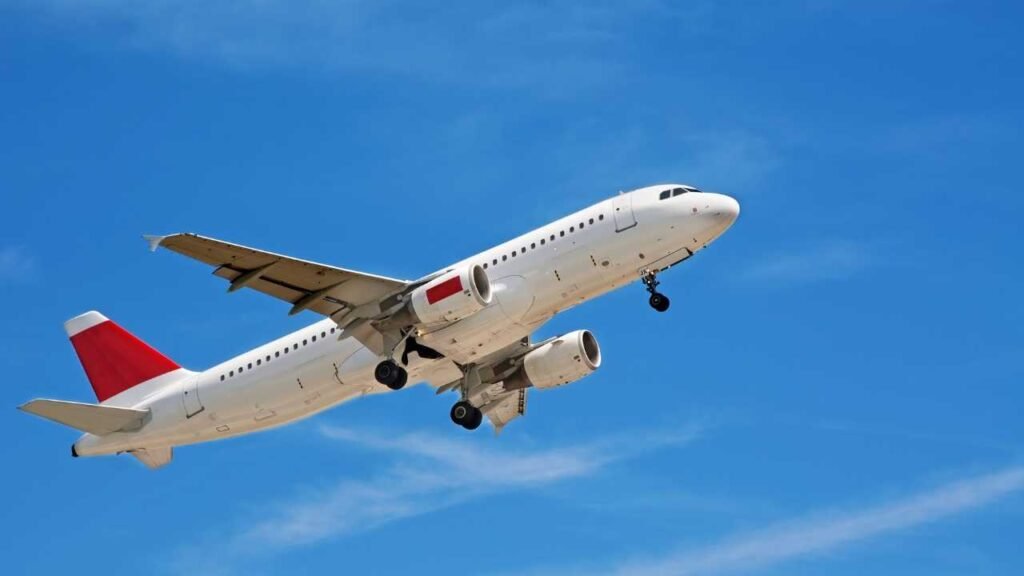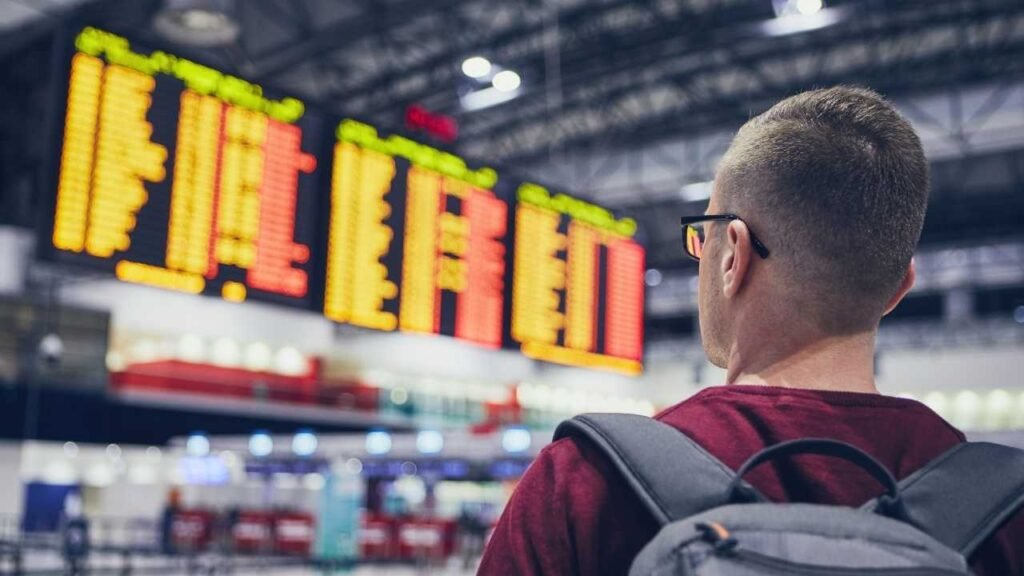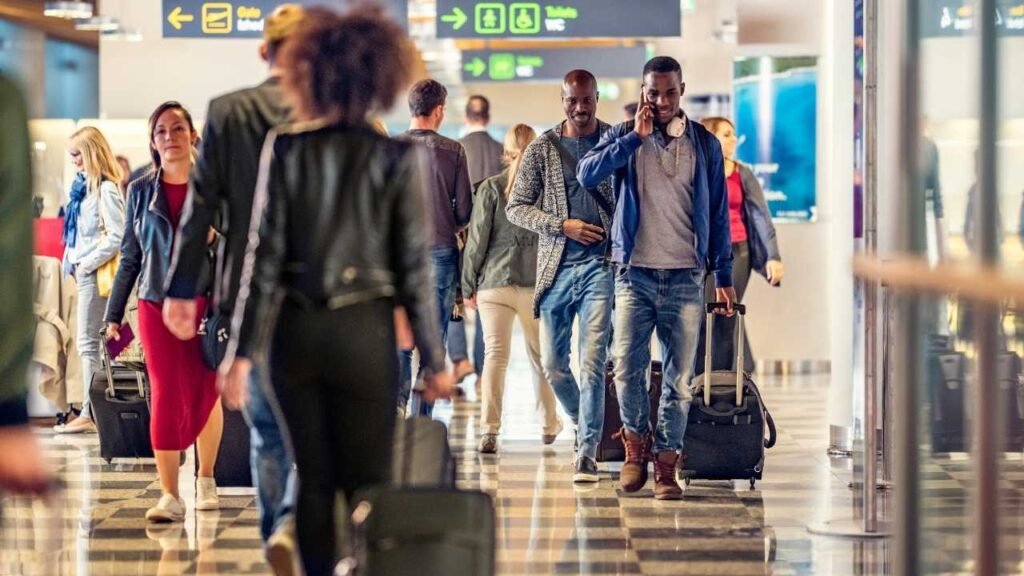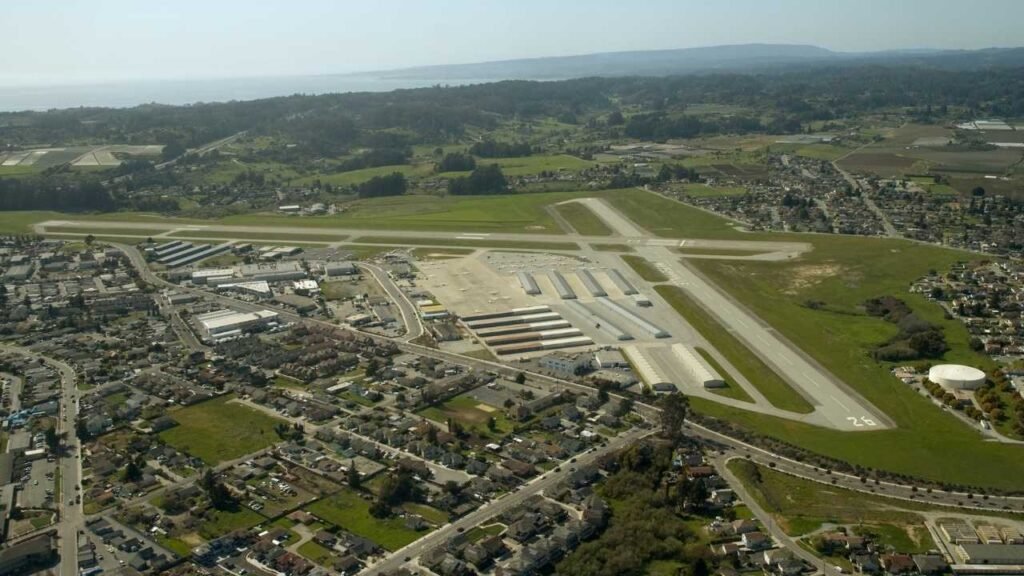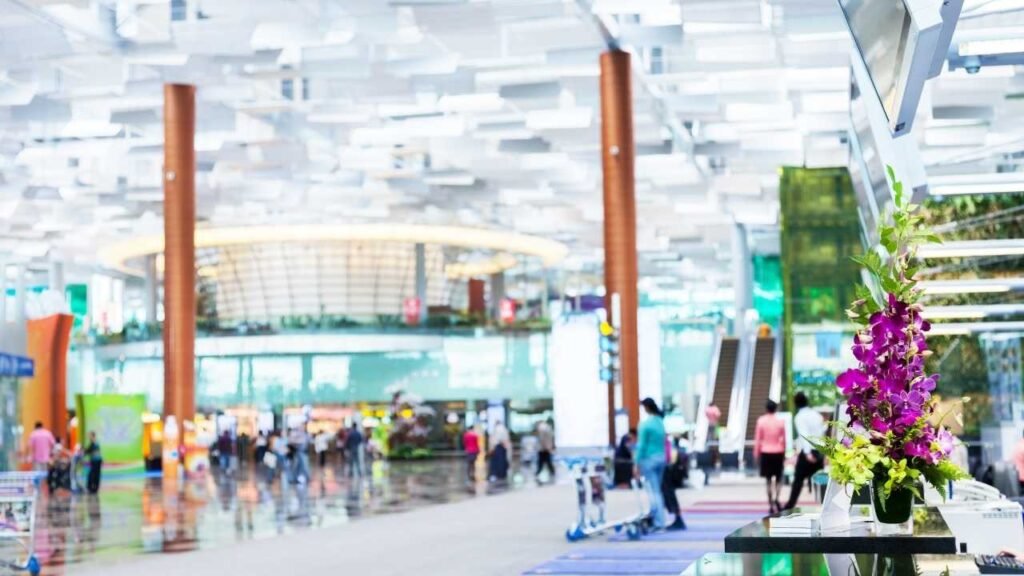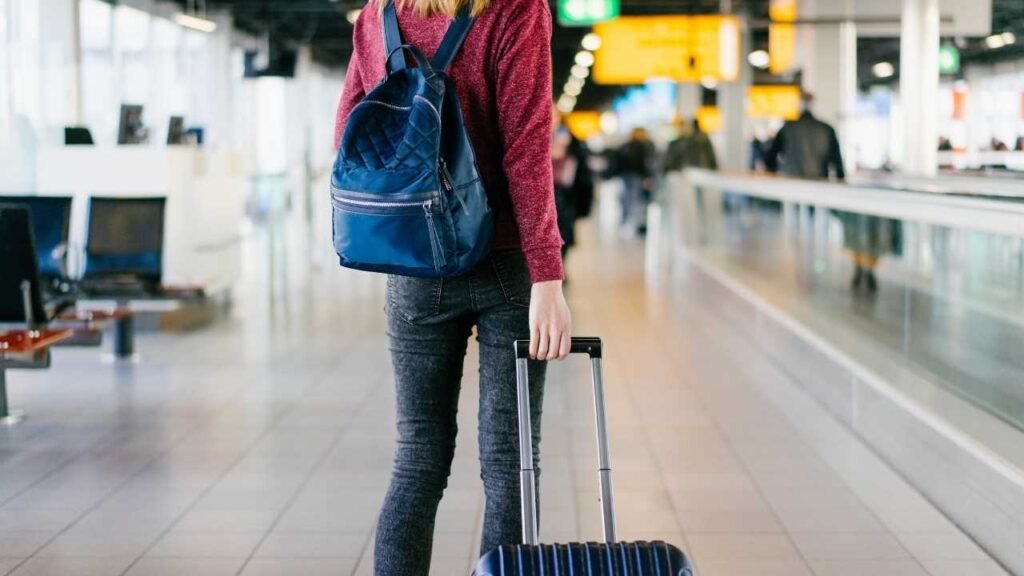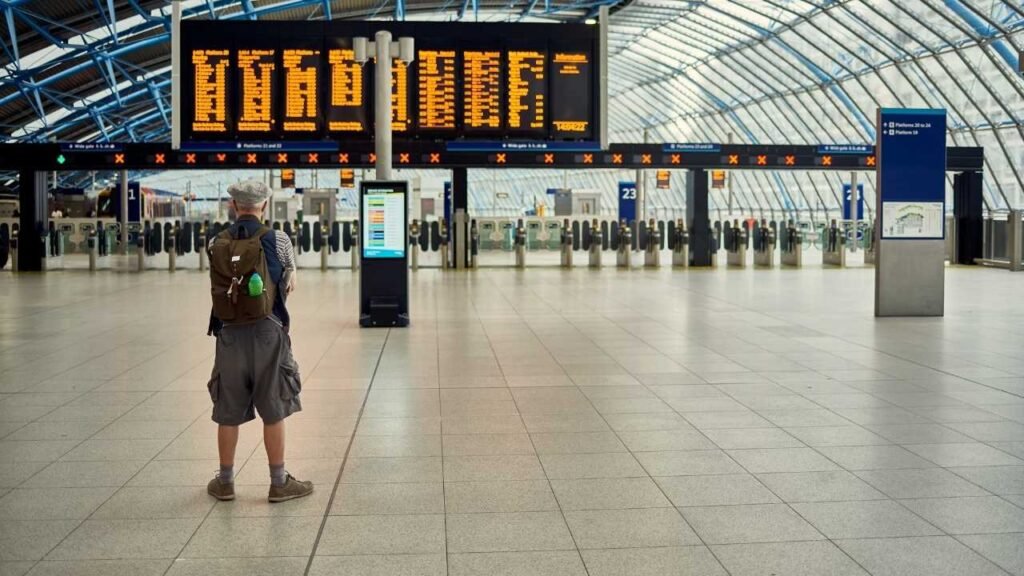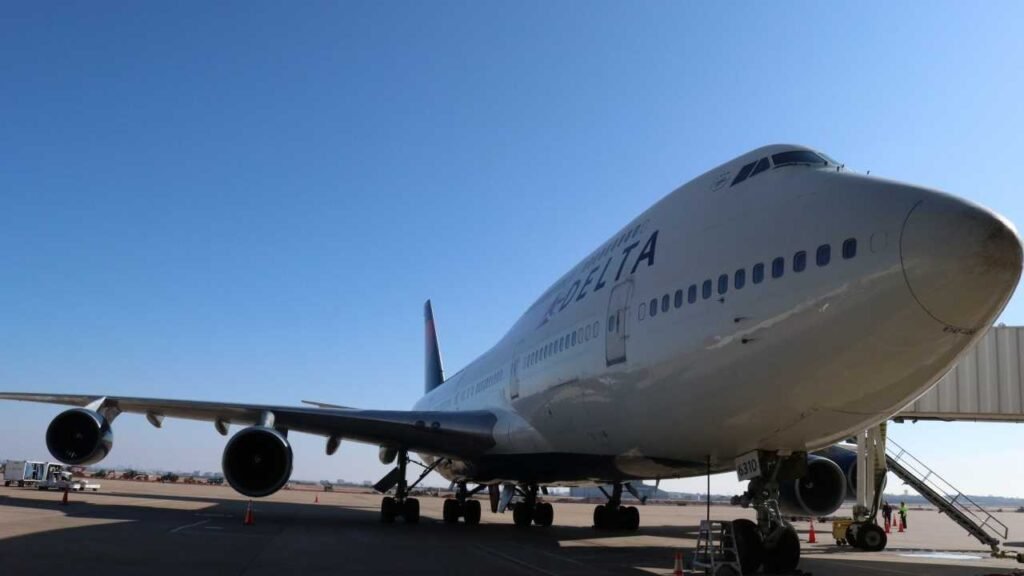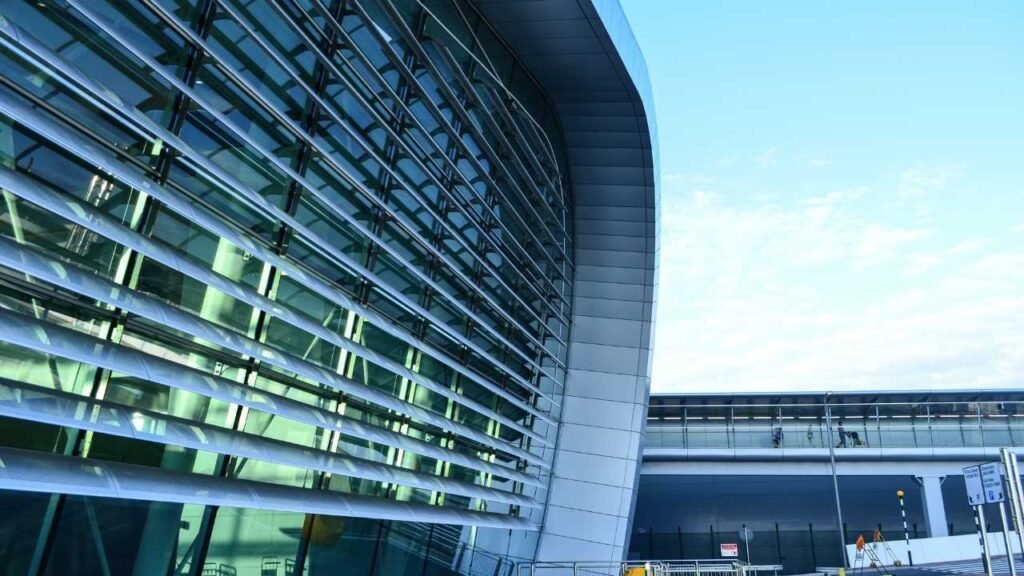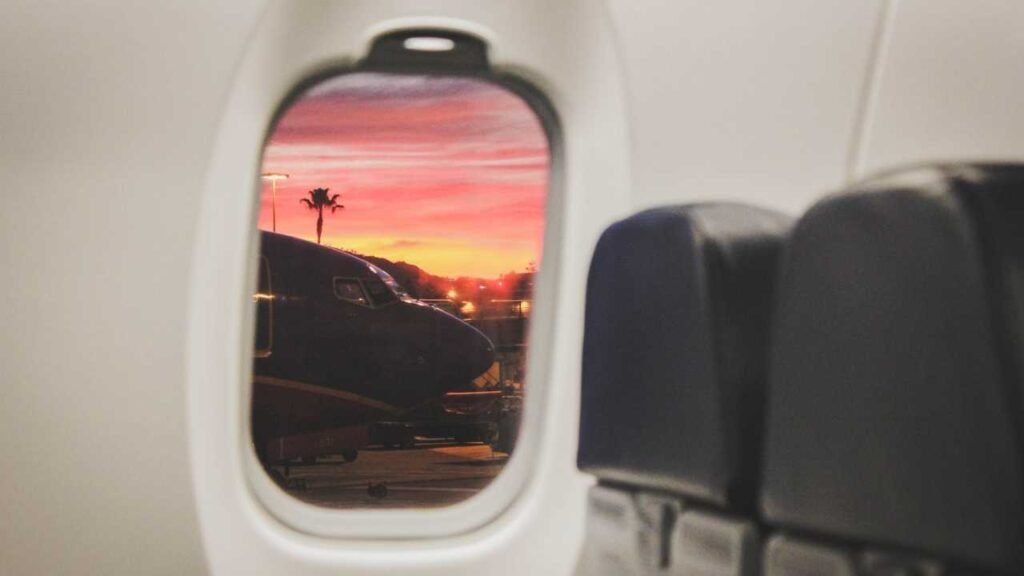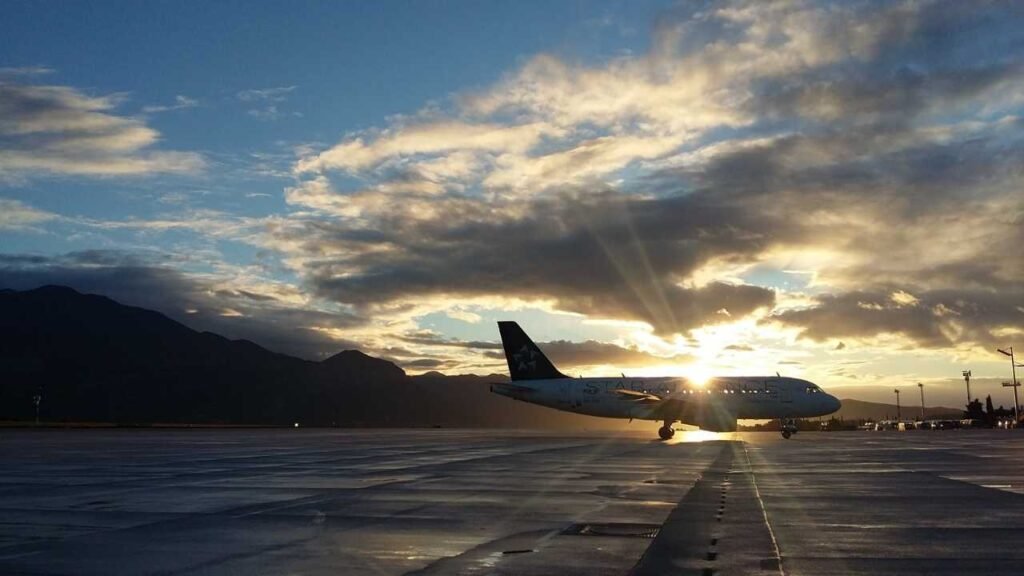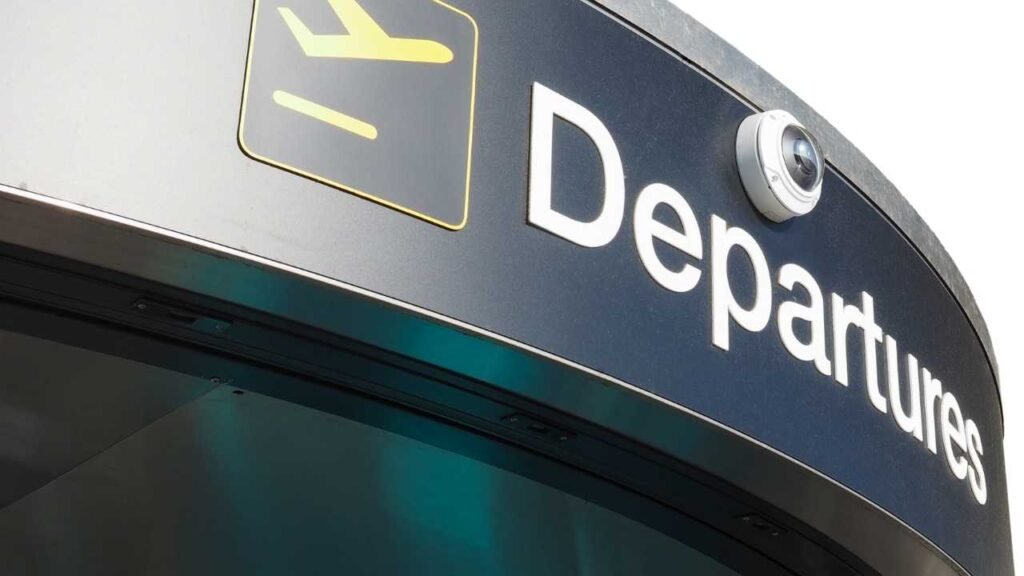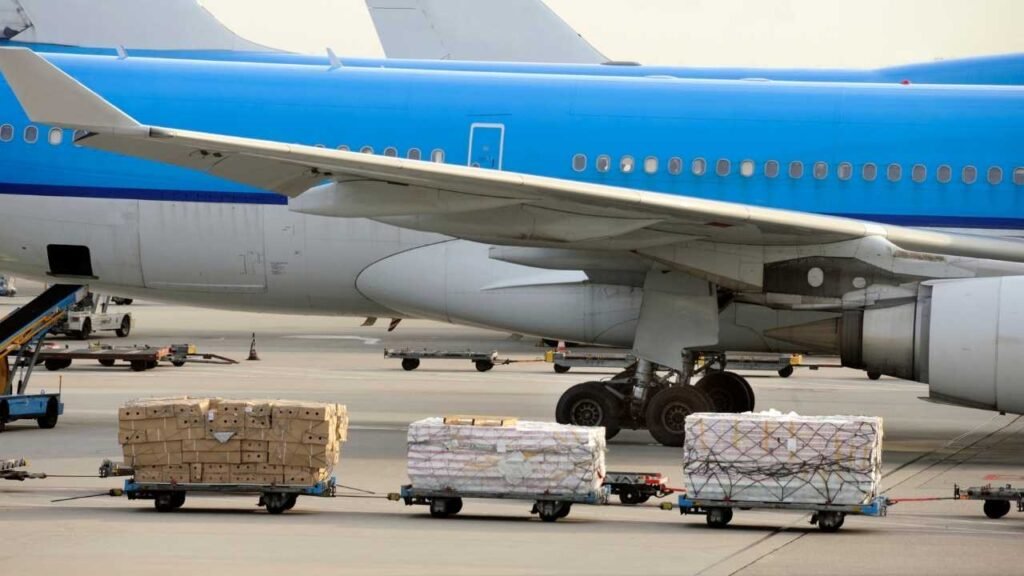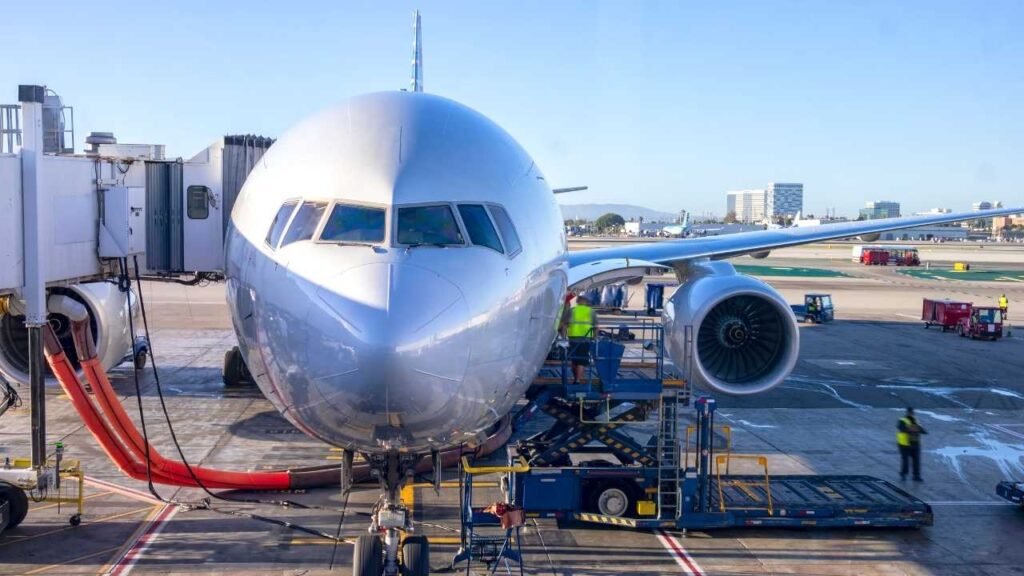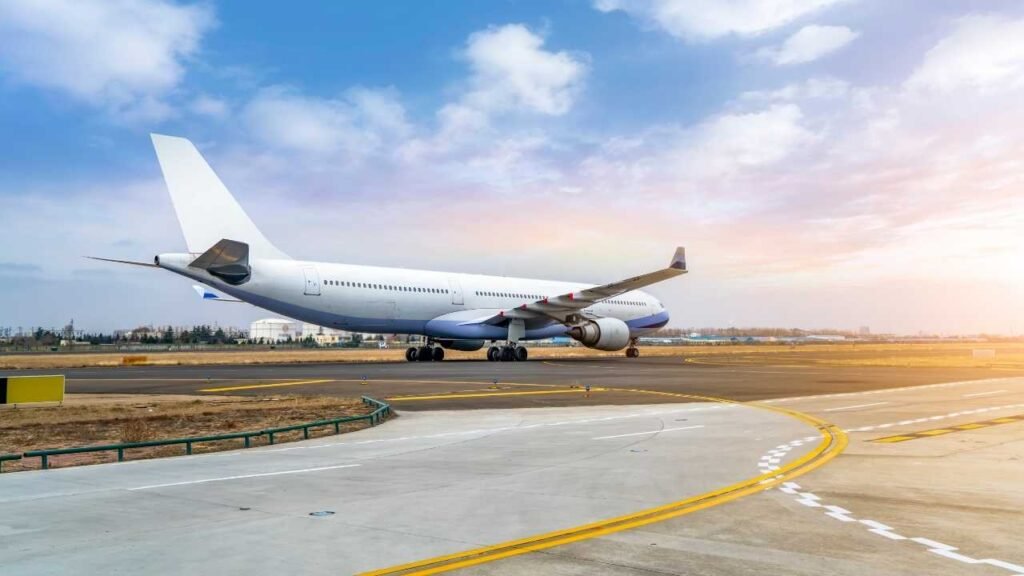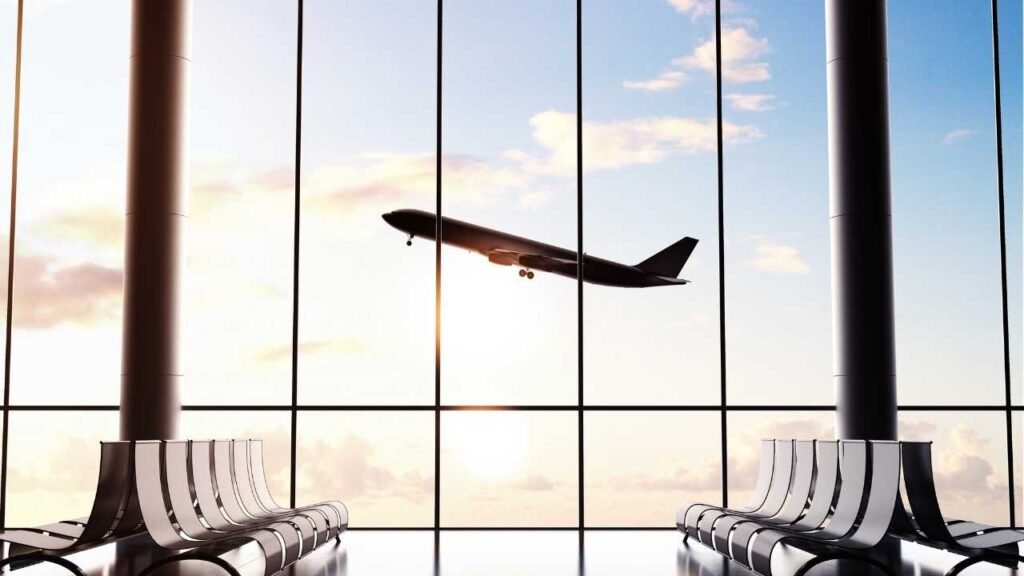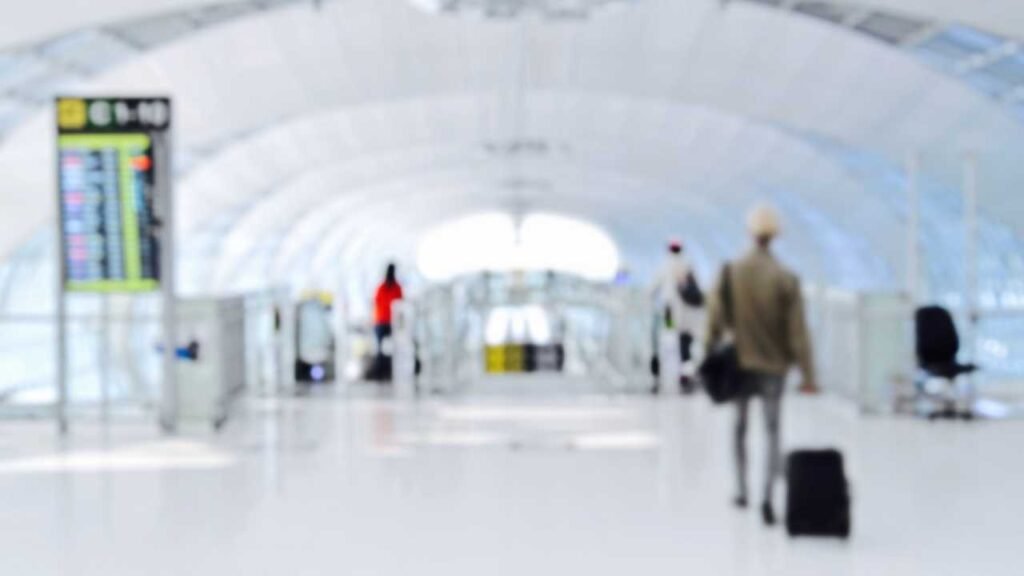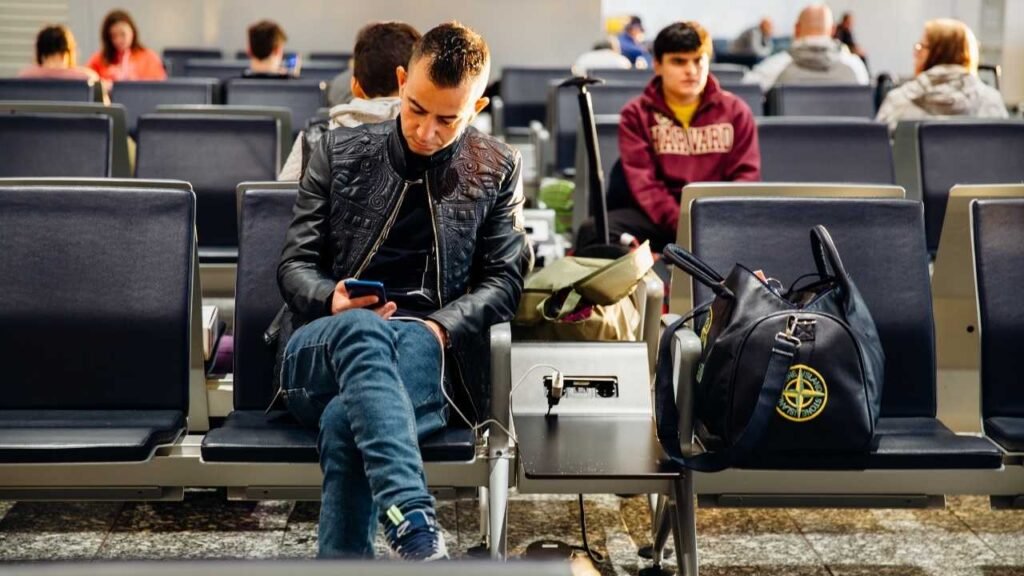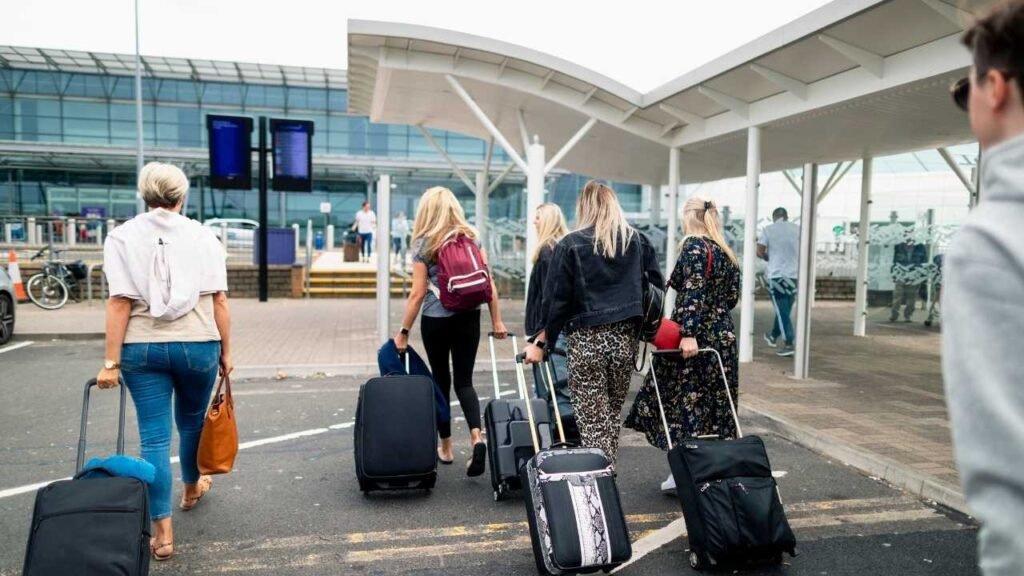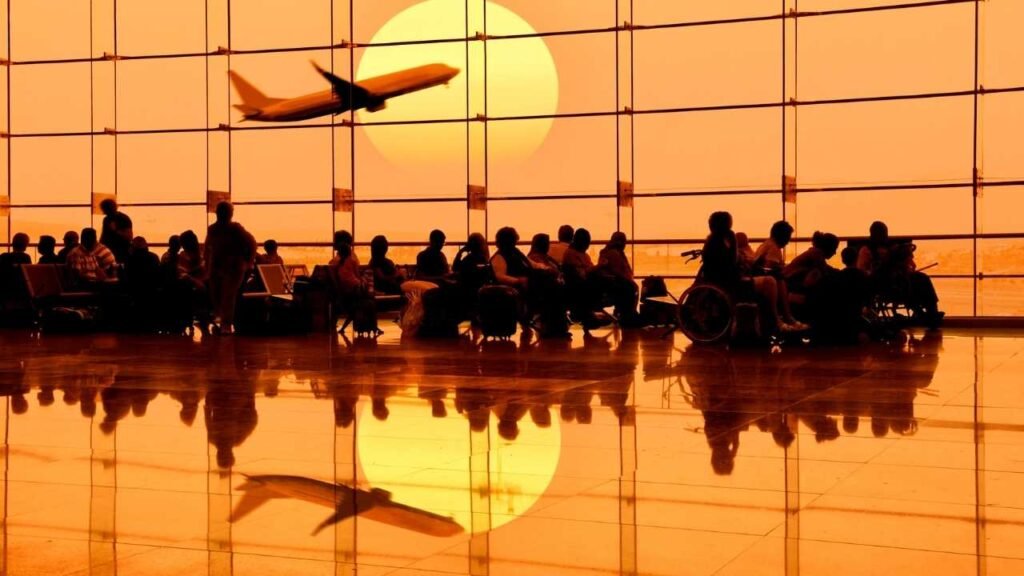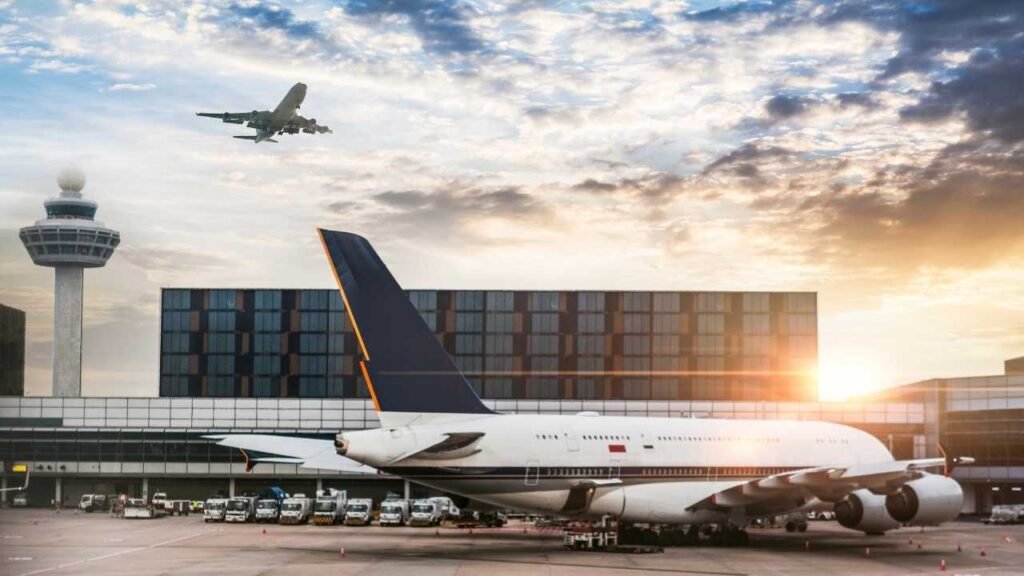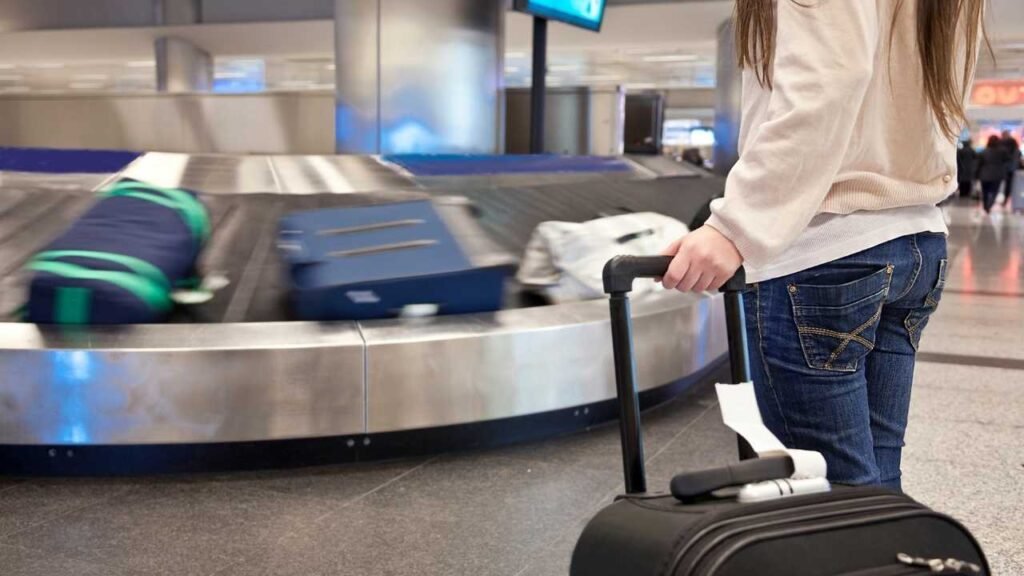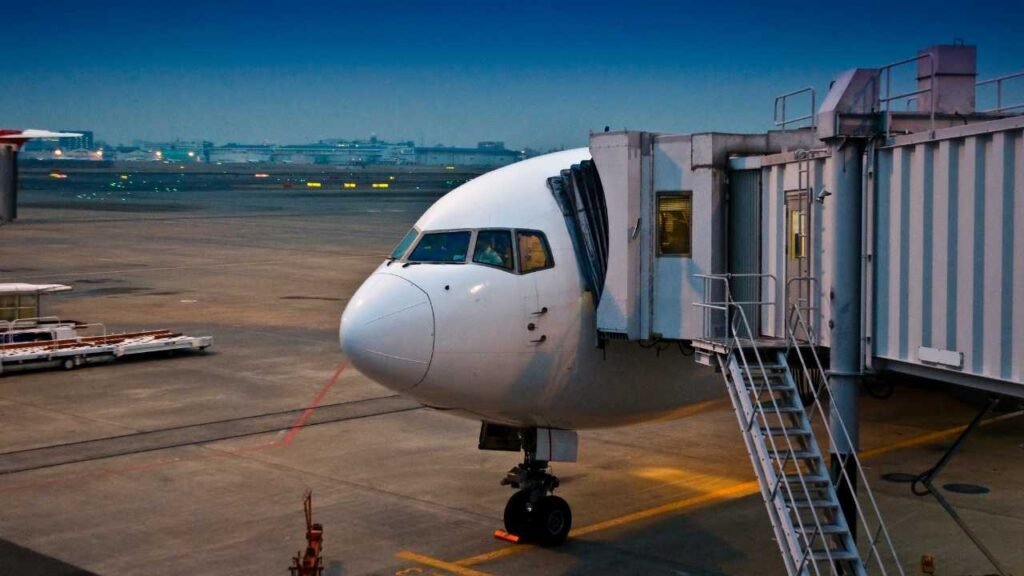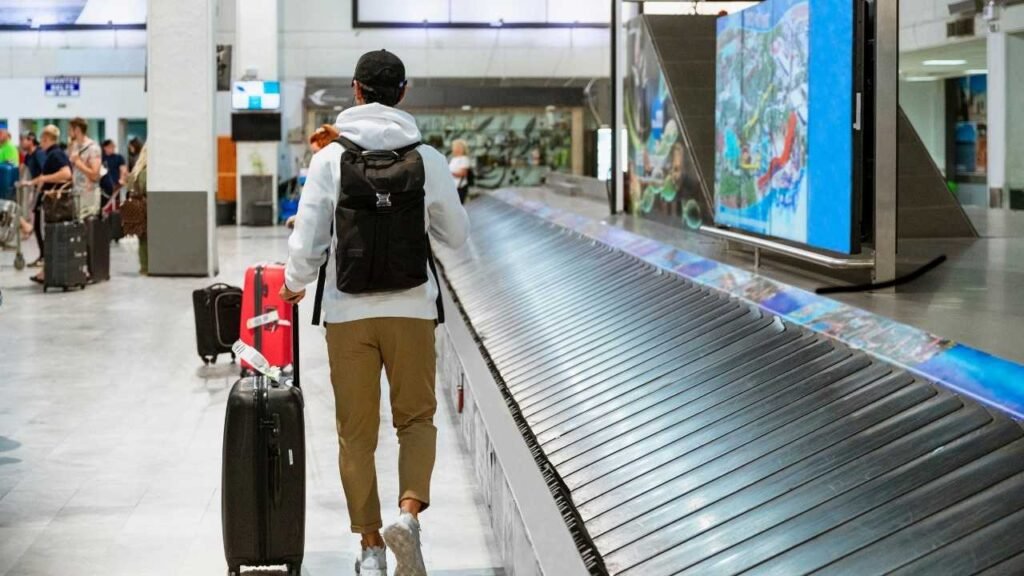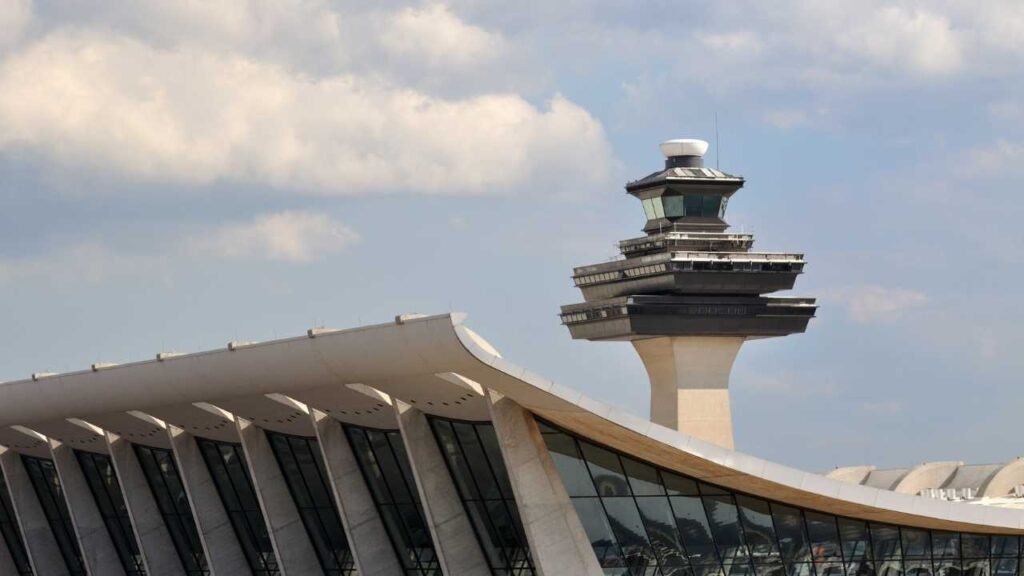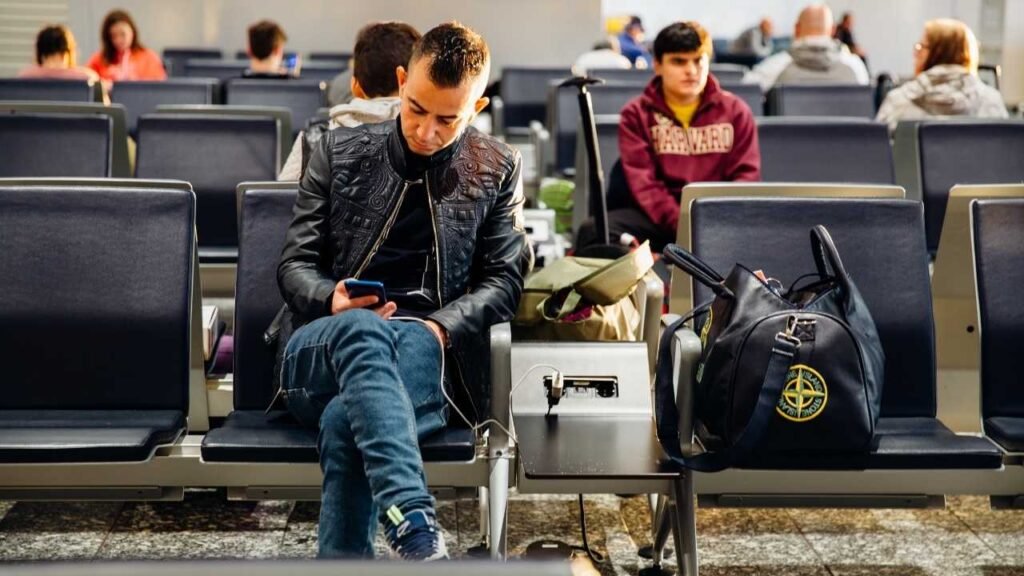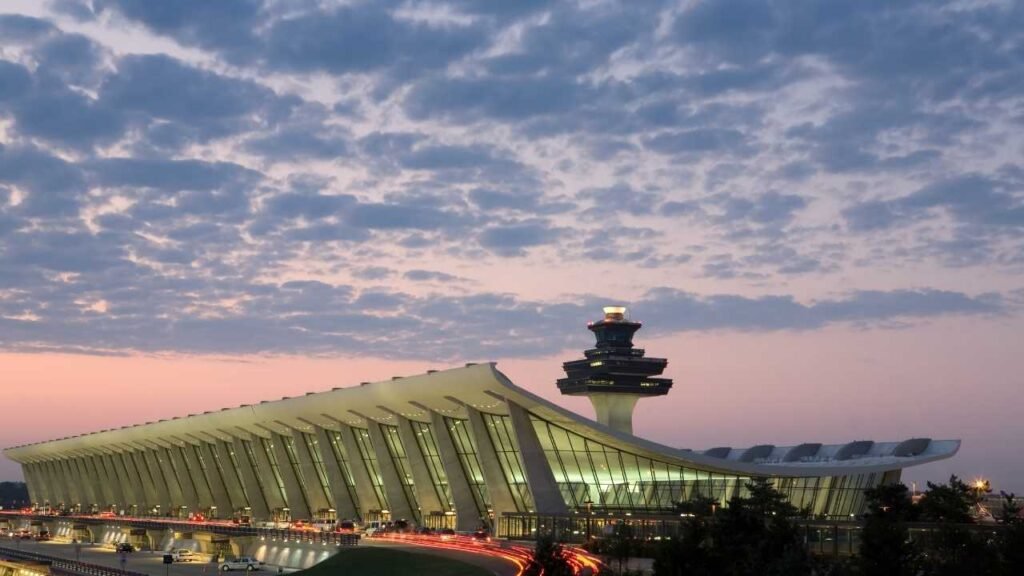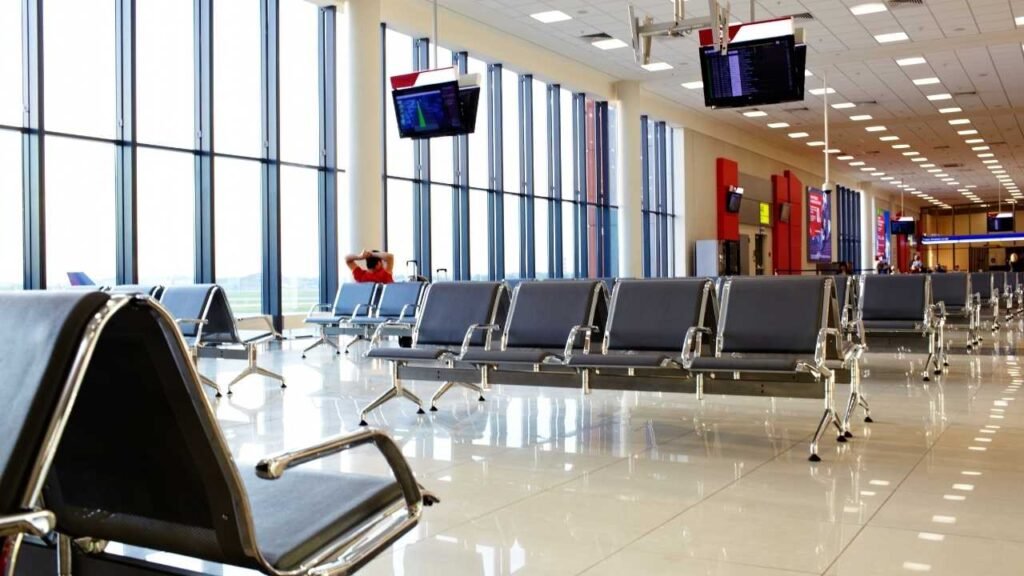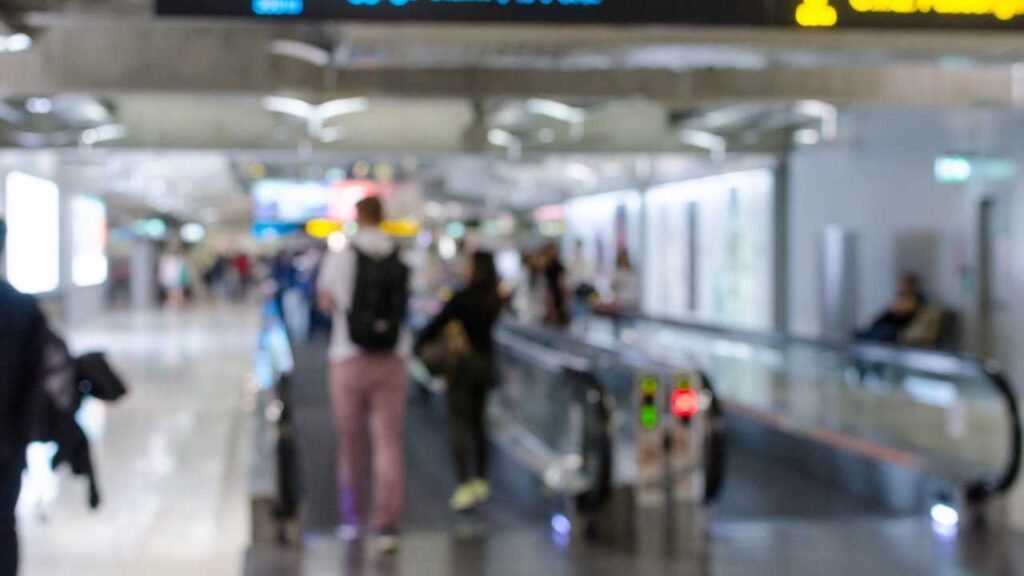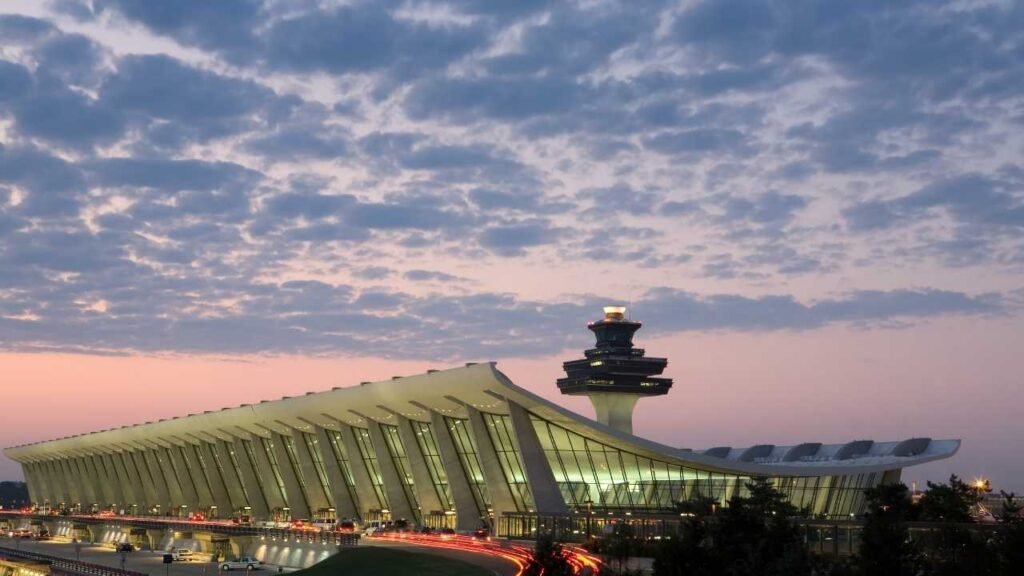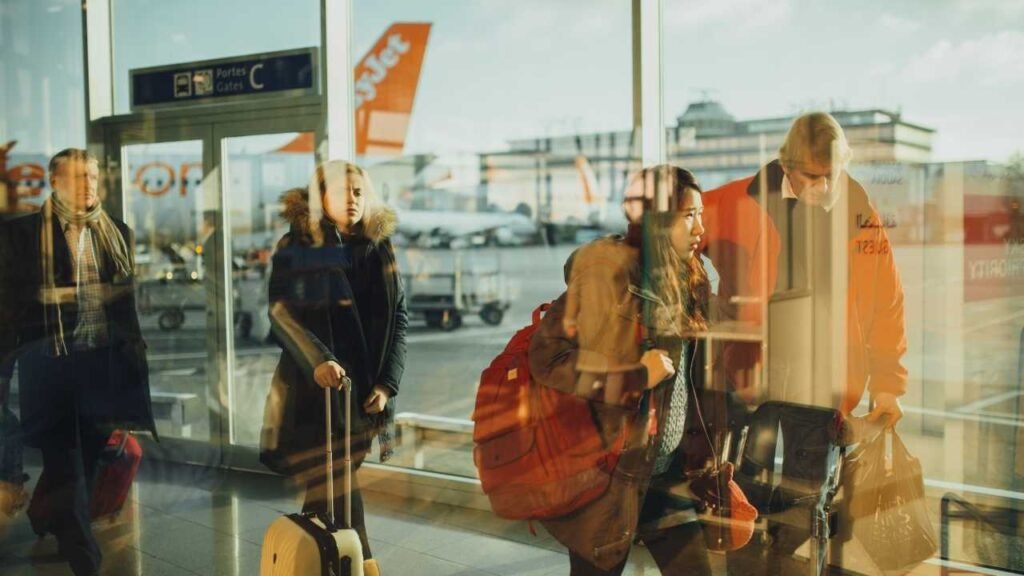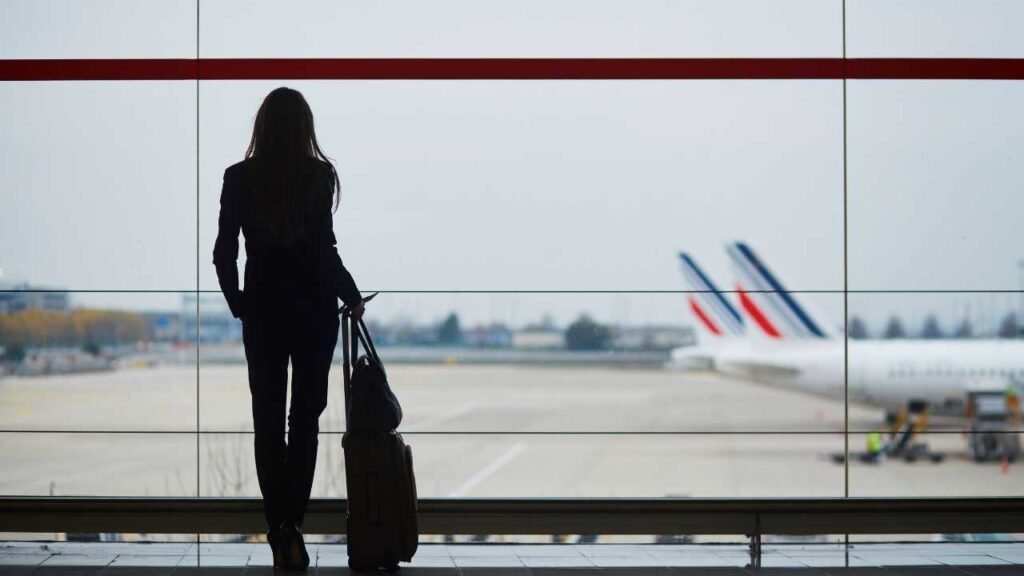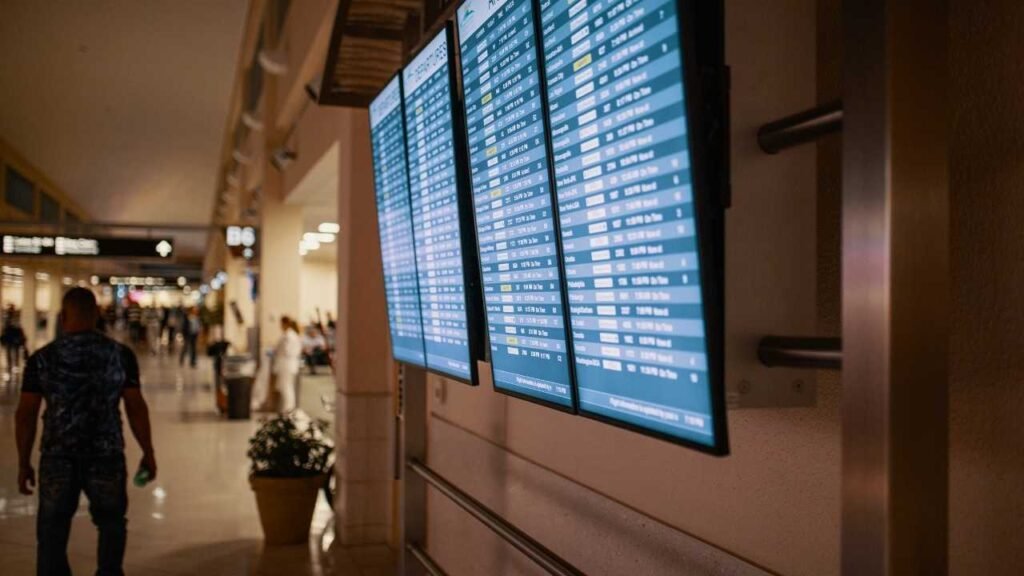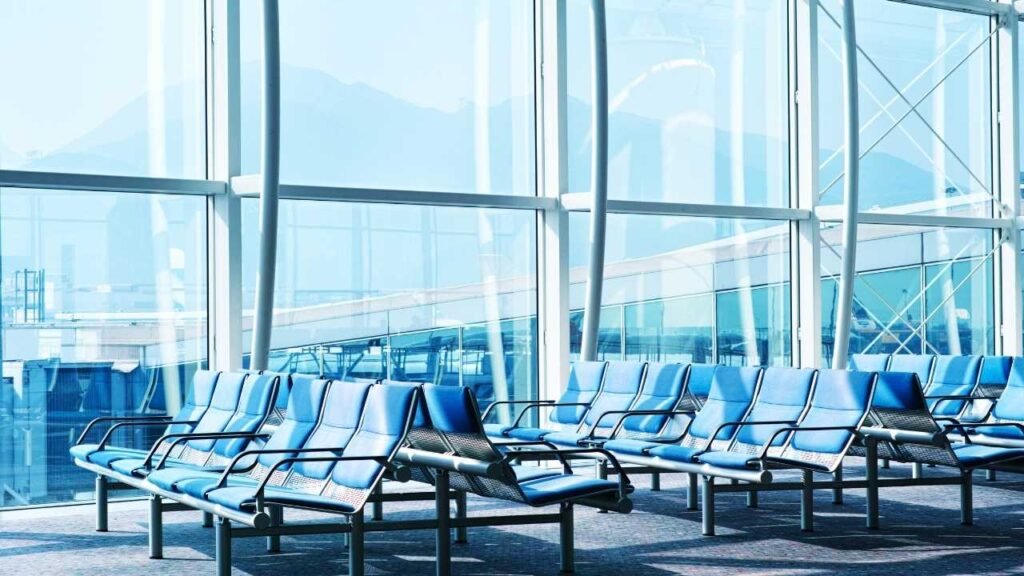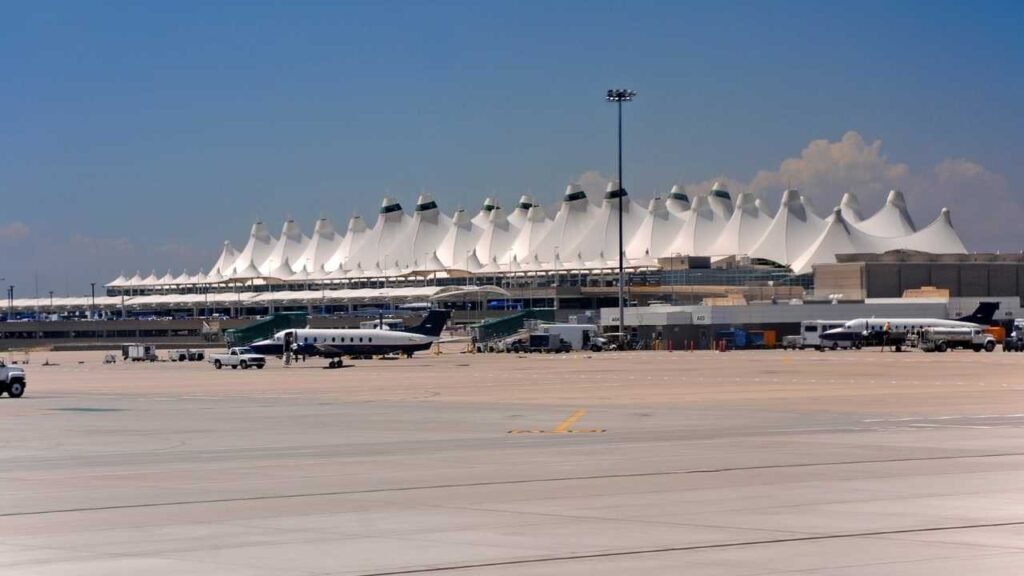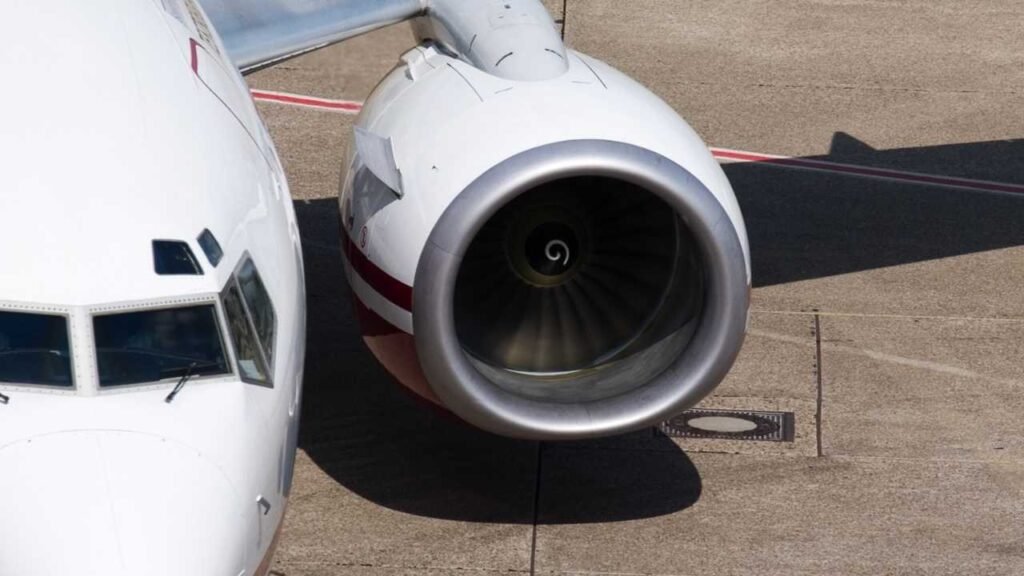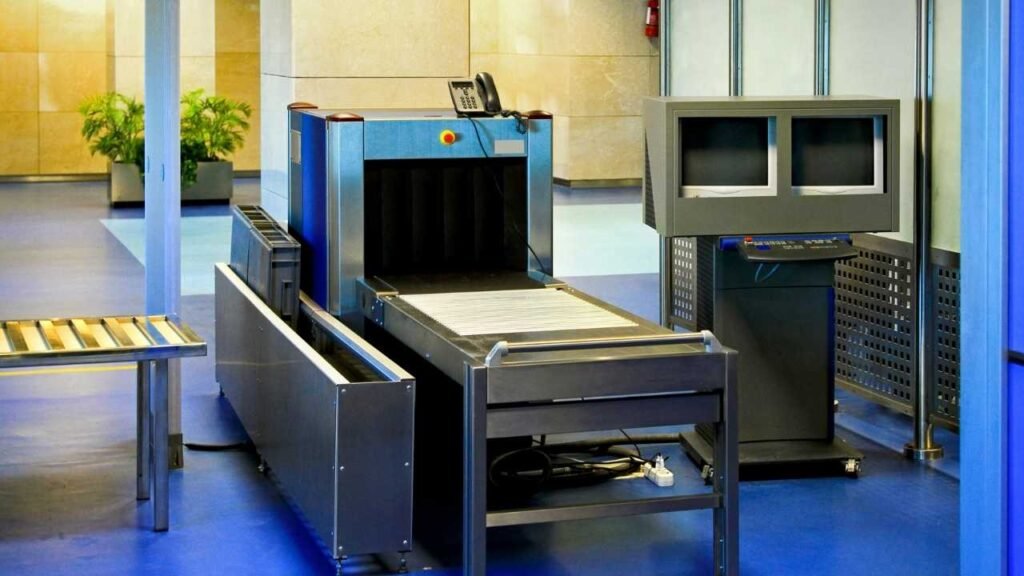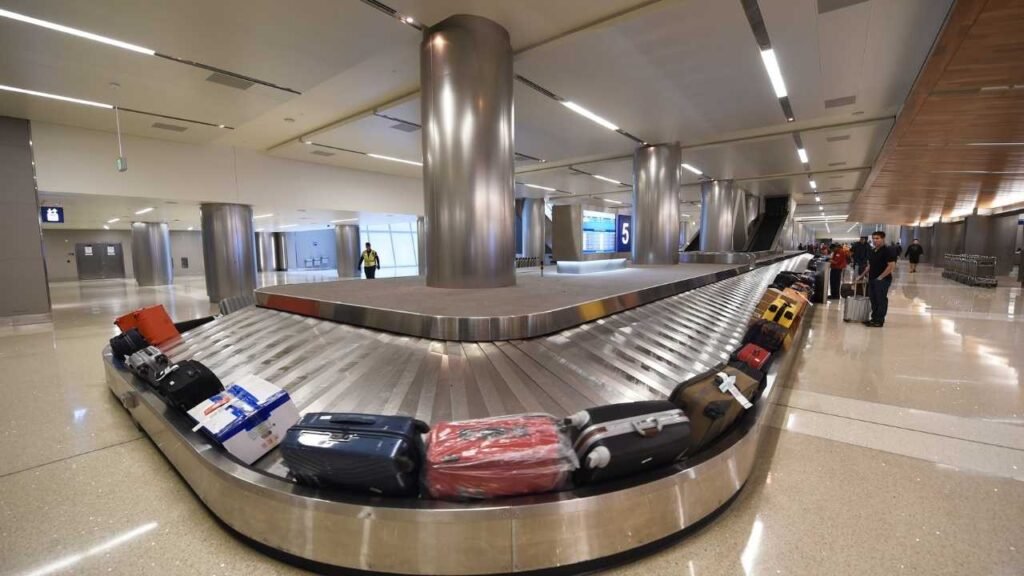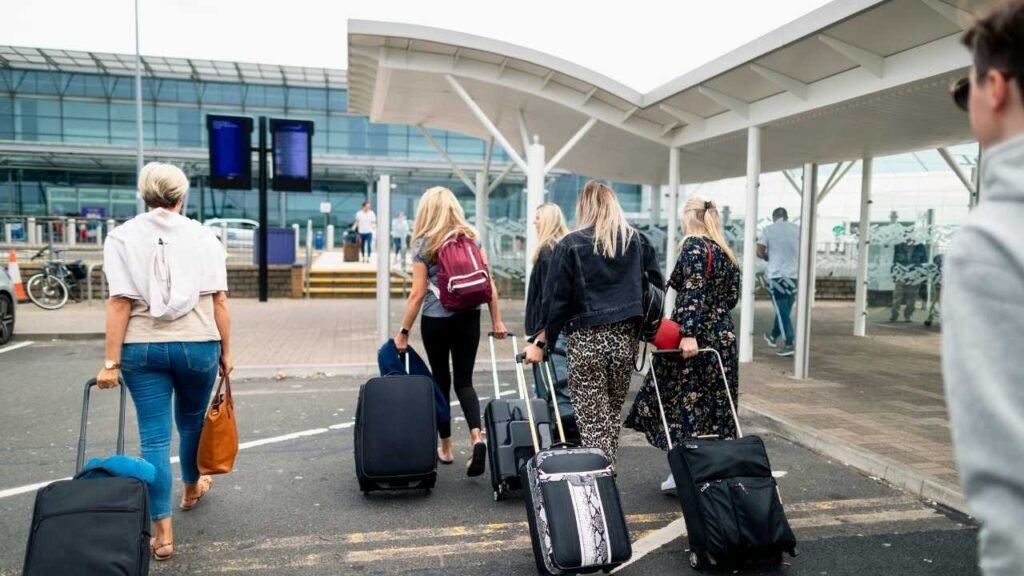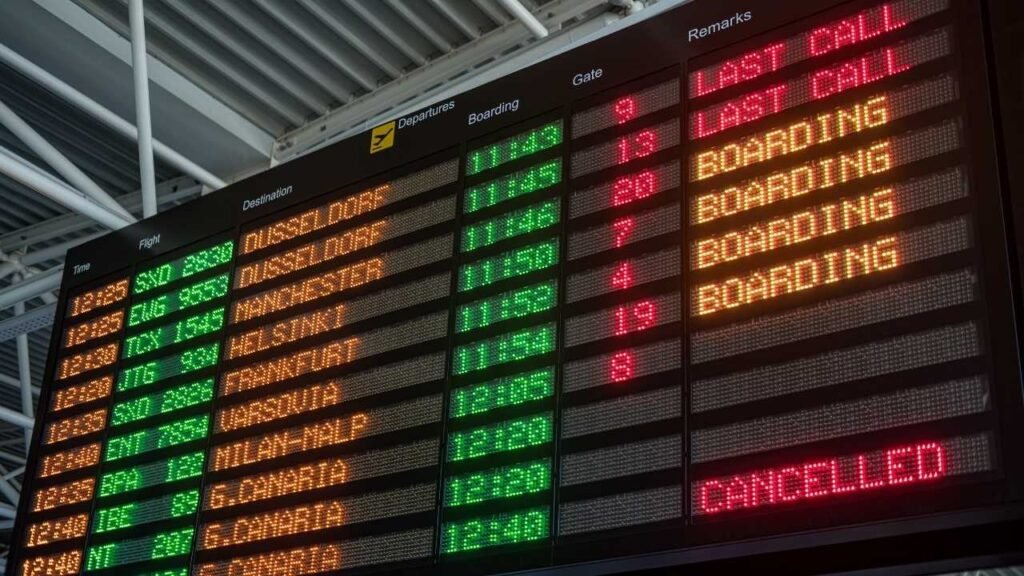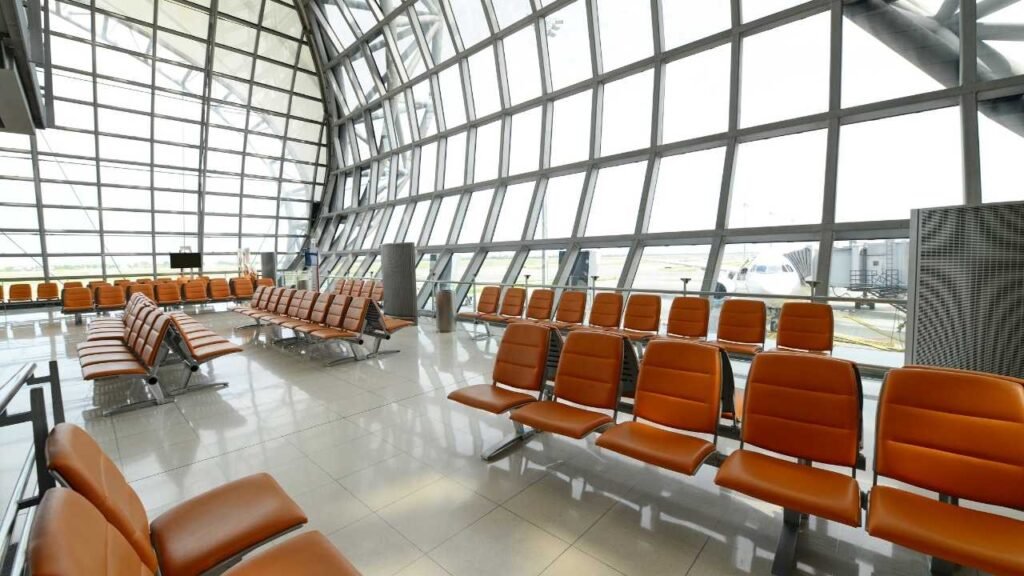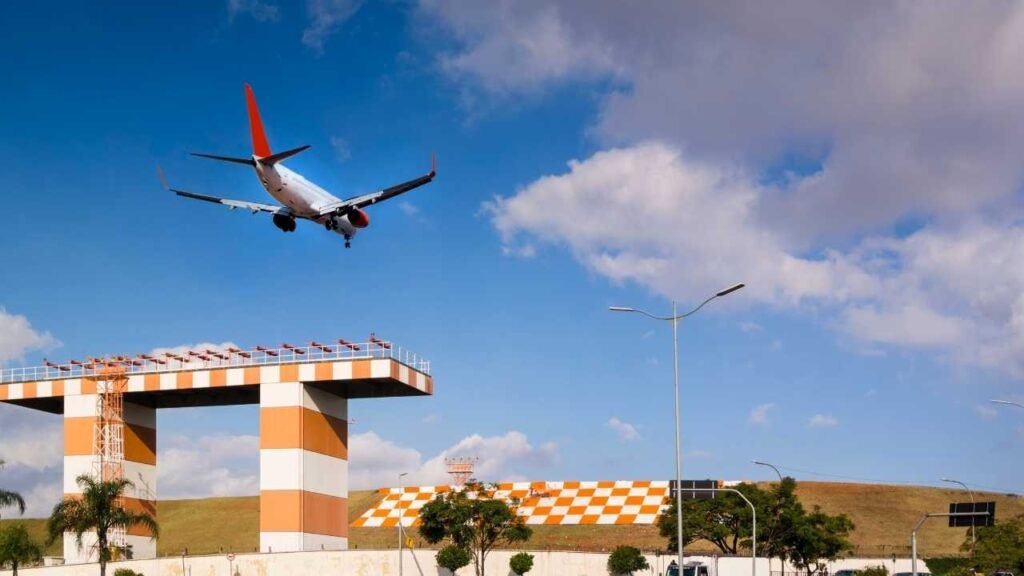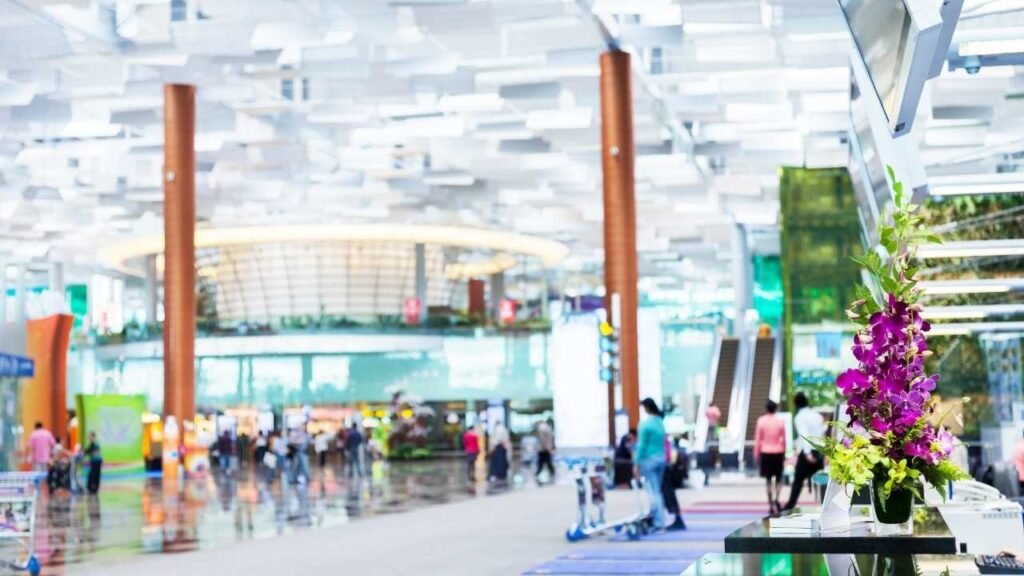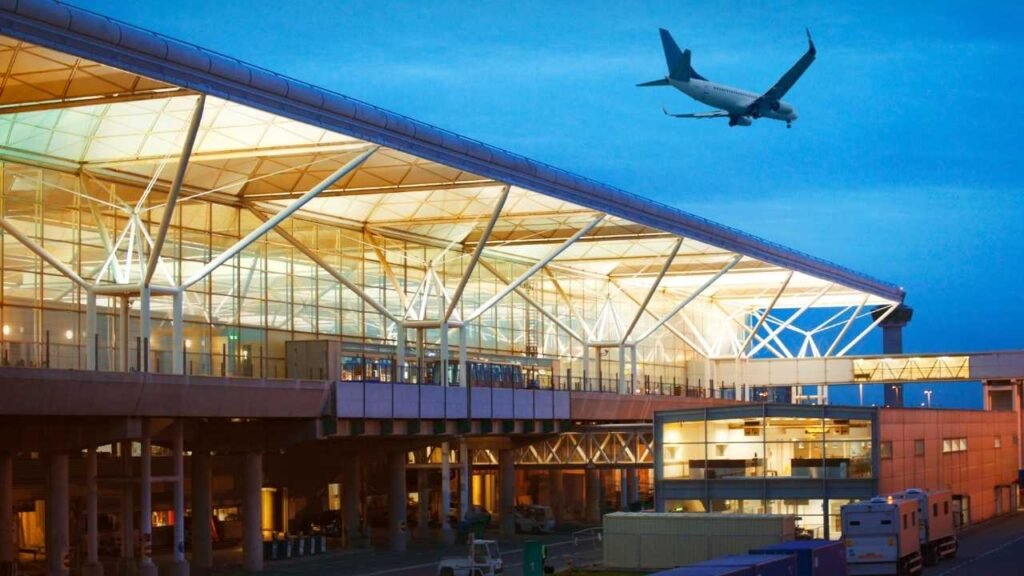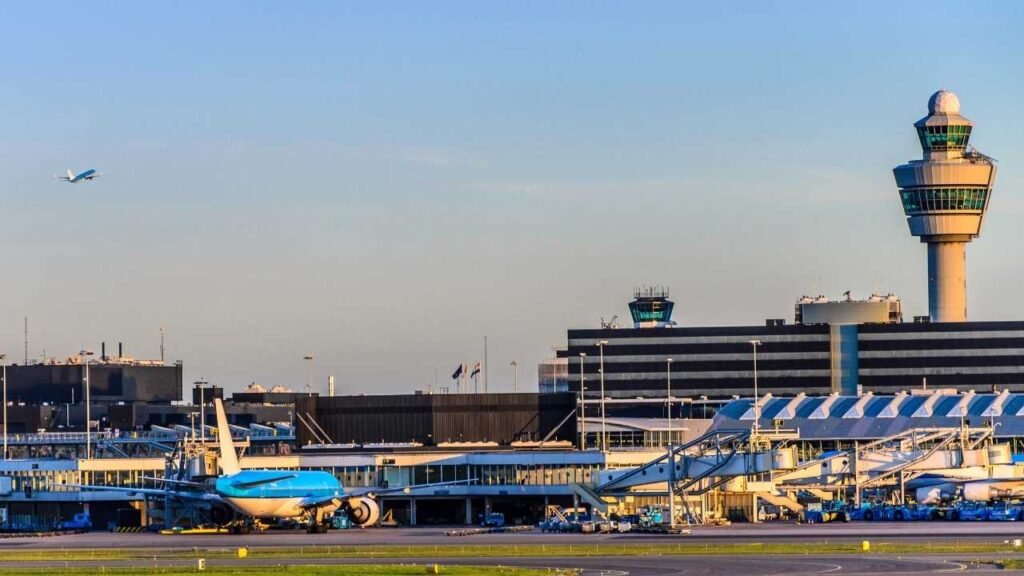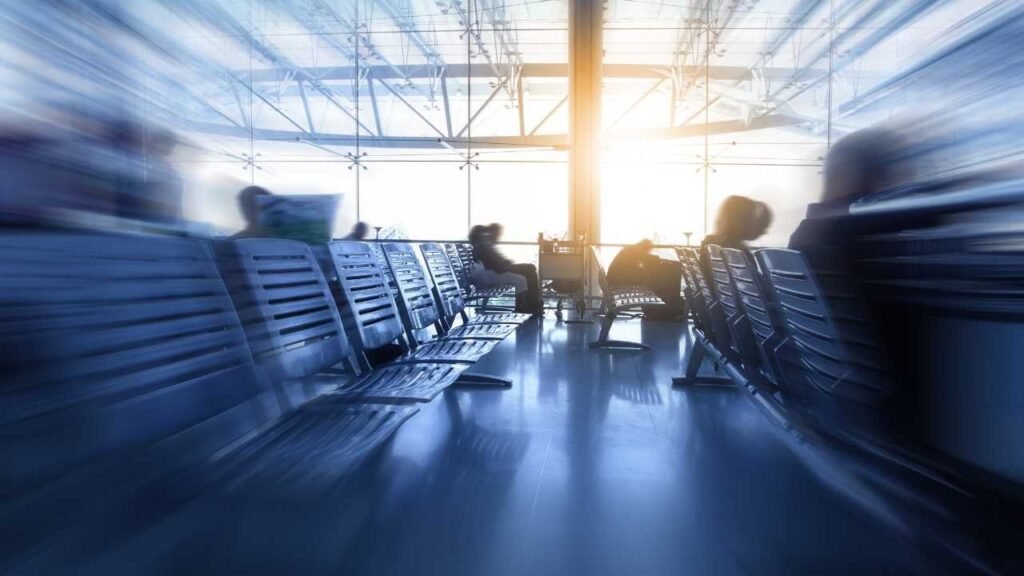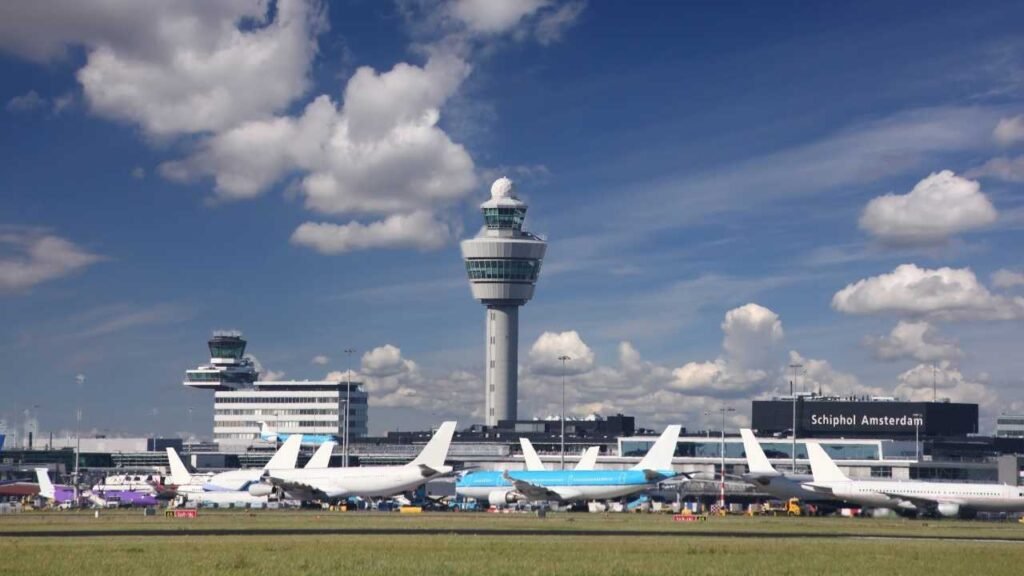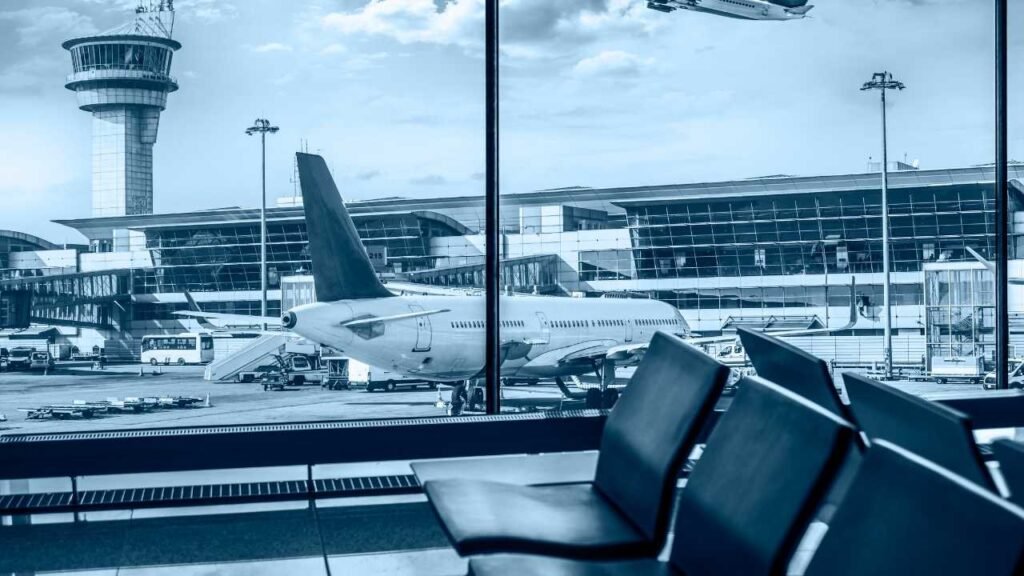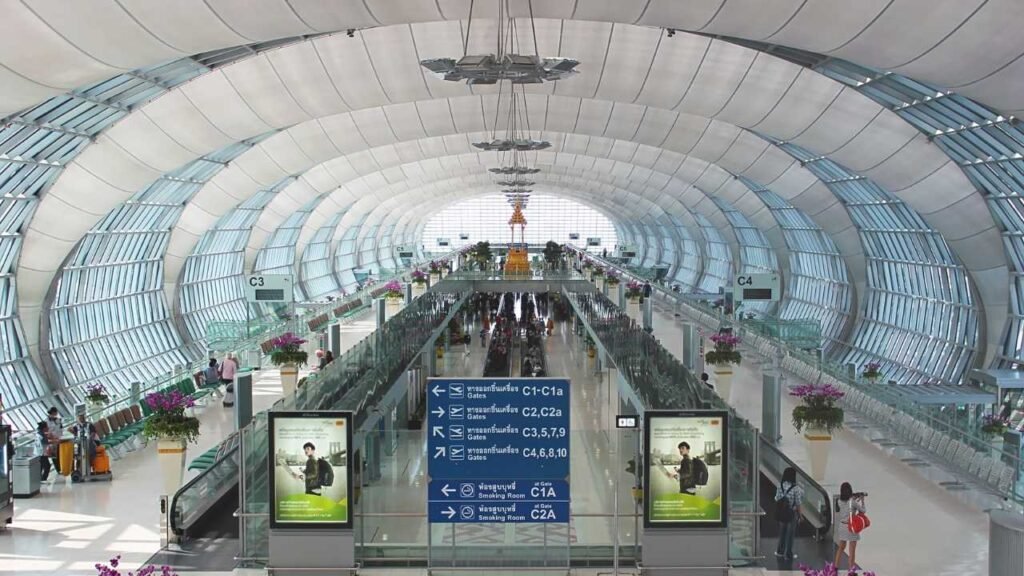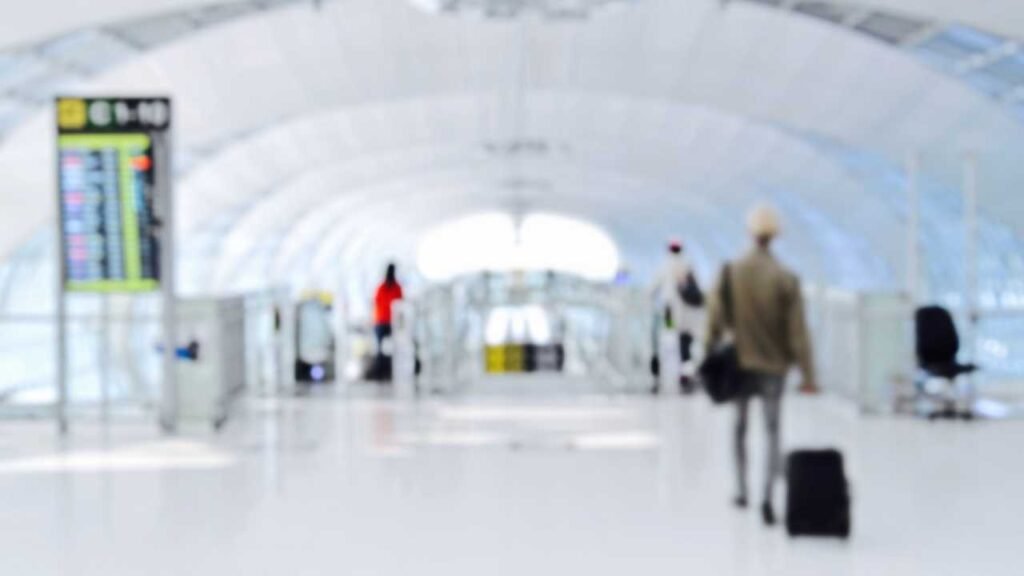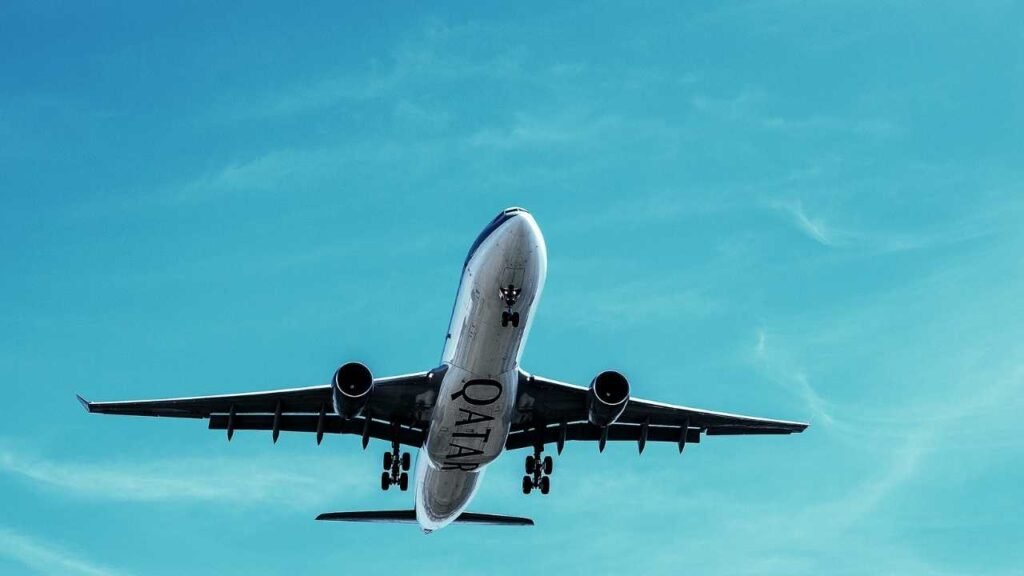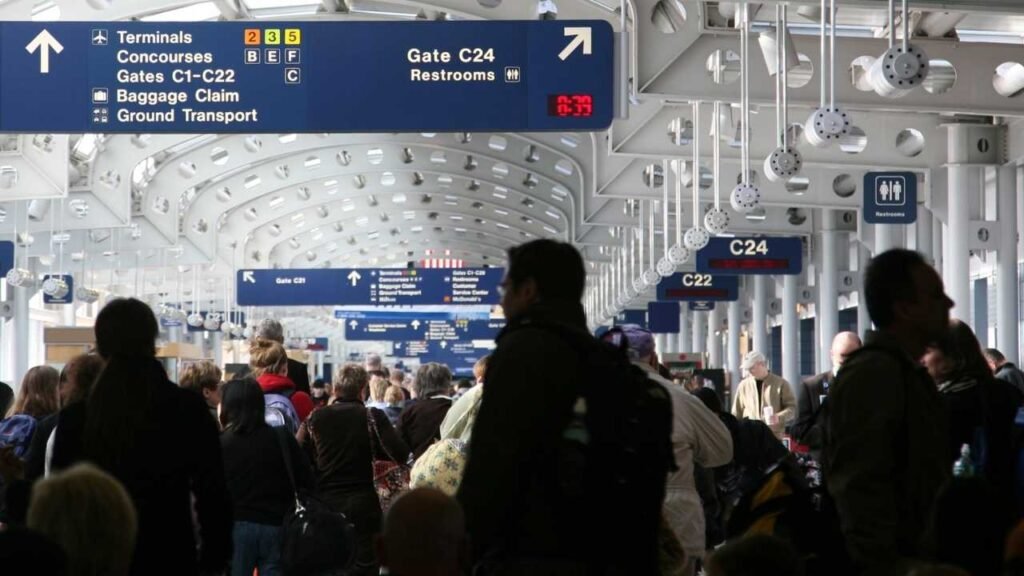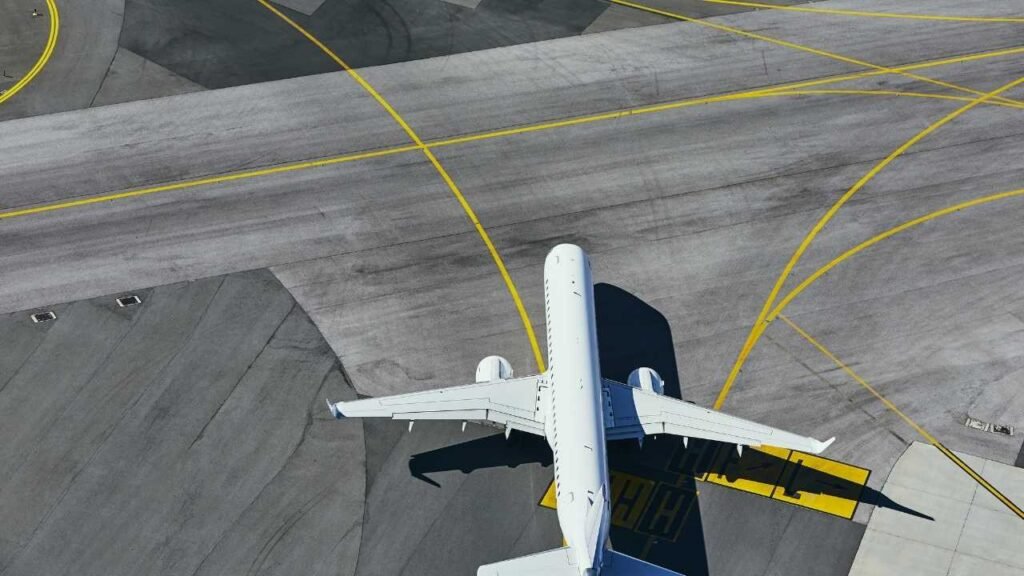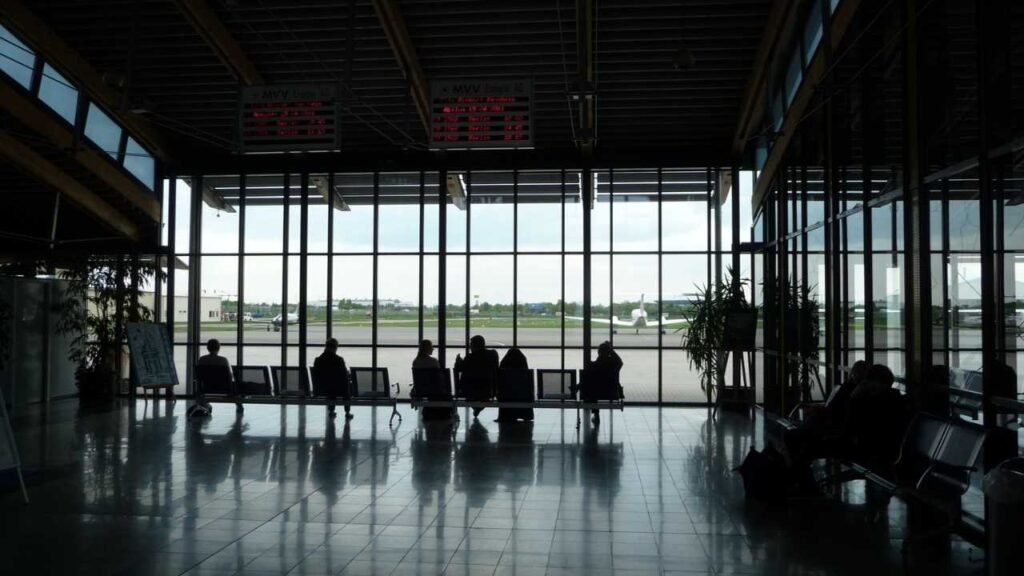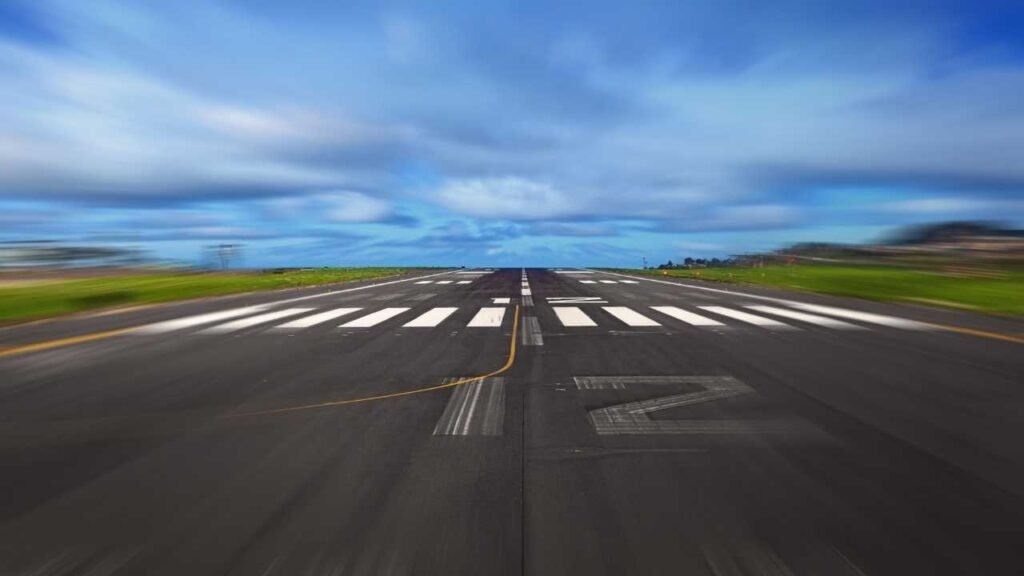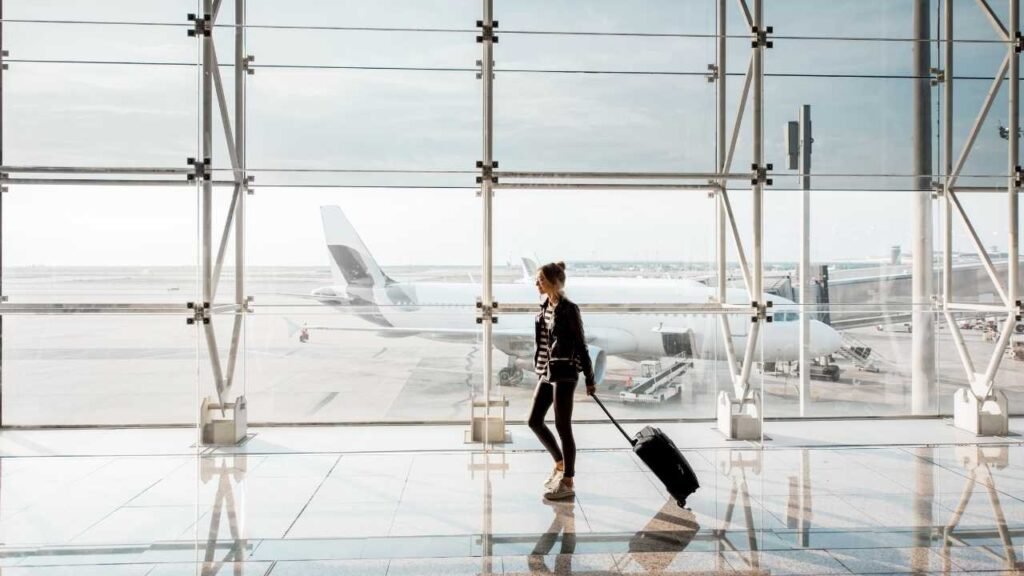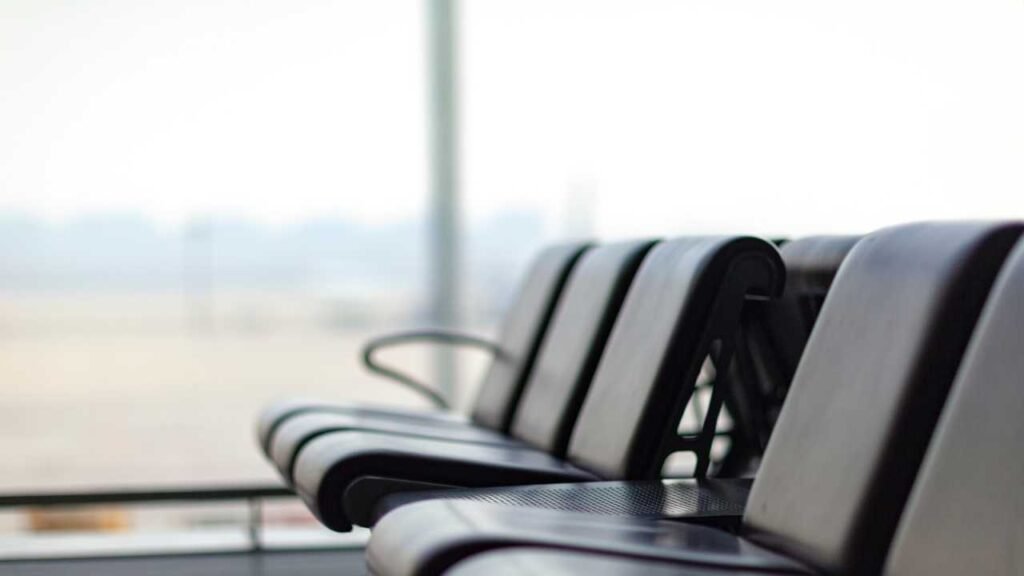- Home
- Orlando Sanford International Airport
Orlando Sanford International Airport
Airport Accidents at Orlando Sanford International: What Travelers in Orlando, Georgia Should Know
Slip and Fall and Other Accidents at Orlando Sanford International Aiport in Orlando, Georgia
Slips, trips, and other mishaps are common in busy terminals like Orlando Sanford International. Crowded walkways, tracked-in rain and loose mats make hazards hard to spot. If you are hurt, report the incident, save your boarding pass and receipts, and seek medical care promptly so your recovery and any claim start on solid ground.

Frequent Injuries Reported at Orlando Sanford International
Slip & Fall Accidents at Orlando Sanford International Aiport
Slip and fall accidents remain a leading cause of airport injuries in busy terminals.
Hazards commonly involve spilled drinks near gates, which turn a routine step into a fall.
High-risk spots tend to be restrooms and food courts, where rushes between flights make hazards harder to spot.
Many incidents arise from freshly mopped floors without cones.
Property operators owe a duty of care to travelers under premises liability rules.
Negligence is established through failure to follow cleaning schedules.
Injuries commonly involve back and neck strains, sometimes leading to long recoveries.
Right after a fall, request an incident number and get medical evaluation even if symptoms seem mild.
Useful evidence includes witness contact details.
Surveillance footage is often overwritten quickly, so email the operator to hold CCTV for the time window within hours.
Multiple parties may share responsibility, including an airline controlling the gate, depending on inspection and service records.
Comparative fault is weighed against the operator’s negligence, so let the facts speak.
Deadlines to file vary by jurisdiction, making it important to track the limitation period.
Compensation may cover lost income and travel costs, with expert opinions improving outcomes.
When contacted by insurers, stick to basics until you’ve reviewed incident paperwork.
A focused legal review helps secure key video and sets strategy.
Vehicle Accidents at Orlando Sanford International Airport
Airport vehicles such as shuttle vans at Orlando Sanford International in Orlando, Georgia can collide with pedestrians.
These crashes frequently happen in restricted service zones, where pedestrian safety is often overlooked.
Common causes include malfunctioning brakes or lights.
Risk spikes during late-night transfers, when lane markings are confusing.
Danger zones often involve areas where cones or barriers are missing.
Responsibility can fall on a shuttle operator for negligent operation.
Right after an impact, report the incident immediately and visit an urgent care the same day.
Helpful evidence includes time-stamped boarding passes or parking tickets.
Preservation requests should seek maintenance and inspection logs for the vehicle.
Typical injuries range from concussions to back and neck strains, so keep receipts and reports.
Comparative fault is weighed against the operator’s duty to drive safely, even if you stepped outside a marked crosswalk.
Time limits vary by state, so confirm the exact requirement before filing.
Compensation may include lost income and travel costs, and early evidence preservation support negotiations.
If you’re exploring a claim, speak with counsel who understands multi-party liability on airport property.
Jet Bridge & Boarding Accidents at Orlando Sanford International
Boarding areas and jet bridges at Orlando Sanford International in Orlando, Georgia may collapse, causing serious traveler injuries.
Responsibility often falls on airport contractors, especially when they fail to fix hazards.
Baggage Claim Accidents at Orlando Sanford International
The baggage claim area of Orlando Sanford International is one of the busiest sections of the airport, which creates risks.
jammed conveyor belts result in serious harm while passengers wait for their bags.
Risk factors include misaligned belt guards.
Crowding reduces visibility, especially during peak arrivals.
High-risk zones include tight corners where people cluster.
Common injuries often involve wrist and shoulder strains from grabbing heavy bags.
Contributing errors include defective belt sensors.
If a mishap occurs, ask for a supervisor and request an incident number.
Capture evidence like the bag that fell and its tag.
Act quickly to get treated even if symptoms seem minor to create a clear record.
Potentially responsible parties can involve a ground-handling contractor.
Liability often turns on response times to spills or belt jams.
Comparative fault is weighed against the operator’s duty to keep the area safe.
Time limits to file often require early notice of claim, so confirm the applicable period.
Recoverable damages may include lost income and travel disruptions, and organized documentation strengthen the case
Security Checkpoint Injuries at Orlando Sanford International Airport
Security checkpoints at Orlando Sanford International are often the site of accidents, especially when scanners malfunction.
Common hazards include pinches and strikes from rollers, which result in preventable harm.
Bottlenecks increase rushing and confusion, particularly after flight cancellations.
Contributing factors often include misaligned stanchions and belts.
Injuries often involve head trauma and concussions that require medical care.
After an incident, report it to the TSA or checkpoint supervisor and save boarding passes and receipts.
Useful evidence can include close-ups of signage placement.
Video and data sources may include checkpoint CCTV, so send a prompt preservation request.
Responsibility may involve equipment maintenance providers, depending on who controlled the checkpoint.
Comparative fault may reduce but not eliminate compensation, even if you momentarily stepped outside a marked path.
Deadlines to file may require a formal notice of claim, so confirm the exact requirement before filing.
Compensation may include future care needs, and clear causation documentation support negotiations.
Worker Accidents at Orlando Sanford International
Employees at Orlando Sanford International in Orlando, Georgia face heavy lifting injuries.
Many of these incidents are preventable if management followed safety protocols.
International Airport Accidents Linked to Orlando Sanford International Airport
International travelers injured at Orlando Sanford International in Orlando, Georgia may face challenges with foreign laws.
Because Orlando Sanford International connects Orlando to international carriers, liability often becomes hard to resolve across jurisdictions.
Escalator & Elevator Accidents at Orlando Sanford International
Escalators and elevators inside Orlando Sanford International in Orlando, Georgia can malfunction, causing falls.
Responsibility may lie with equipment manufacturers when parts fail prematurely.
Shuttle Bus & Ground Transportation Accidents at Orlando Sanford International Airport
Shuttle buses, trams, and ground transportation vehicles at Orlando Sanford International in Orlando, Georgia sometimes collide, injuring travelers.
These accidents often occur at crowded pickup areas, creating severe injury risks for residents of Georgia.
Parking Lot & Curbside Accidents at Orlando Sanford International Airport
Parking lots and curbside zones at Orlando Sanford International in Orlando, Georgia are common accident zones.
Hazards include icy sidewalks, leading to slip and fall accidents.
Luggage Cart & Conveyor Belt Accidents at Orlando Sanford International Airport
At Orlando Sanford International in Orlando, Georgia, runaway luggage carts or malfunctioning conveyor belts can trap hands.
These incidents may result from airport operator negligence.
Food Court & Restaurant Accidents at Orlando Sanford International Airport
Restaurants and food vendors inside Orlando Sanford International in Orlando, Georgia can cause slip hazards.
Liability often rests with airport restaurant operators when they ignore safety regulations.
Airport Construction Zone Accidents at Orlando Sanford International
Renovation or construction areas inside Orlando Sanford International in Orlando, Georgia expose travelers to wiring.
Injuries here may involve lack of proper barriers.
Disabled Passenger Assistance Accidents at Orlando Sanford International
Disabled passengers at Orlando Sanford International in Orlando, Georgia may be mishandled during wheelchair or electric cart assistance.
Failures to provide safe equipment often lead to serious accidents.
Boarding Stair & Ramp Accidents at Orlando Sanford International
Portable boarding stairs and ramps at Orlando Sanford International in Orlando, Georgia may create slipping risks, causing serious injuries.
These accidents are especially common at gates without jet bridges.
Lost Luggage & Property-Related Injuries at Orlando Sanford International
Lost luggage at Orlando Sanford International in Orlando, Georgia is not just inconvenient — it can create safety problems, such as when safety gear is lost.
Travelers may pursue claims for damages linked to lost or delayed luggage.
Airside & Tarmac Accidents at Orlando Sanford International
Restricted airside areas at Orlando Sanford International in Orlando, Georgia expose workers and sometimes passengers to aircraft support equipment.
These incidents are serious and often fall under worker’s compensation.
The steps you take in the immediate hours following your injury at Orlando Sanford International in Orlando, Georgia can make the difference between a successful claim and one that fails to move forward. Here’s what every injured traveler should do.
Get Medical Attention Right Away
The most important step is protecting your health. After an incident at Orlando Sanford International in Orlando, Georgia, it’s vital to seek treatment immediately. Even if you don’t think you’re badly hurt, hidden injuries like concussions, fractures, or internal bleeding often show symptoms hours or days later. Request on-site medical staff or go to the urgent care facility in Orlando, Georgia and make sure you document your injuries in detail. This medical record will support your claim when pursuing a lawsuit.
Record the Scene of the Accident
One of the most essential steps after an accident at Orlando Sanford International in Orlando, Georgia is to gather evidence. Use your smartphone to take photos of the dangerous area such as wet floors. Make sure to capture the area in detail and include foot traffic conditions. Write down the time of the accident and any details you remember. If there are other passengers who saw the incident, get their contact information. This evidence will strengthen your case when your lawyer pursues a settlement on your behalf.
Call for Airport Accident Legal Support
Speak to a Lawyer Right Away Once you’ve documented the scene at Orlando Sanford International in Orlando, Georgia, the next step is to get an experienced lawyer involved. Airports and their insurance companies will act quickly to protect their own interests, and without proper representation you may be pressured into a small settlement. A qualified attorney can: Secure evidence before it disappears Make sure no one who played a role is left out of your claim File claims within strict legal timeframes Fight for maximum compensation Call our accident support line now for a free consultation. By contacting us today, you can get answers about the process and make sure your accident at Orlando Sanford International in Orlando, Georgia is handled the right way.
Contact the Airport Accident Support Team
After an accident at Orlando Sanford International in Orlando, Georgia, it’s very important that you notify airport staff right away. Go directly to airport management offices, or call the airport’s passenger assistance phone number if you need urgent reporting support. Always request an incident report, and make sure it includes your full name as well as the date and time of the accident. This report serves as an essential record that the accident occurred inside Orlando Sanford International, and it can help your lawyer build a stronger case. If the airport provides a support ticket, write it down and store it with your records.
Save All Documentation After the Accident
After an injury at Orlando Sanford International in Orlando, Georgia, it’s very important to preserve all documents connected to your case. This includes medical bills, as well as travel-related receipts. Keep copies of insurance correspondence along with your contact details that you gave at the time of the report. If you lost time from work, make sure to keep proof of your employment schedule to show how the accident at Orlando Sanford International affected your income. Maintaining a clear paper trail of expenses and correspondence will support your lawyer in building a solid case. Without this proof, the airport, airline, or their insurers may try to minimize your losses.
Protect Your Case by Staying Silent on Key Details
After an injury at Orlando Sanford International in Orlando, Georgia, it’s very important that you watch what you say. Airline staff, airport security, or insurance representatives may ask for details while you’re still in shock. Anything you confirm could later be used to weaken your claim. Avoid guessing what happened without first getting legal advice. Instead, limit your comments and let your attorney handle all detailed questions. By remaining cautious, you protect your rights and allow your lawyer to speak on your behalf.
Frequent Ask Questions About Accidents in {aiport_name} Airport
What counts as an accident at Orlando Sanford International Airport?
Injury cases at Orlando Sanford International Airport cover a wide range of scenarios. For example, slips on freshly mopped floors in the terminal. Danger doesn’t end at the security line — shops and food outlets inside Orlando Sanford International Airport also see frequent slip and fall incidents. At the end of the day, when unsafe conditions cause an injury to a passenger, it can qualify as an airport accident under the law.
Who can be held responsible after an accident at Orlando Sanford International Airport?
Liability is not always straightforward and depends on the circumstances. It’s common that, the public or private operator of Orlando Sanford International Airport can be sued if they ignored safety hazards. But that’s not always the only party. Vendors, shop owners, and food courts inside Orlando Sanford International Airport can also be held accountable if their negligence created unsafe conditions. It’s not unusual for several defendants to be included in a single case involving Orlando Sanford International Airport. Only an experienced lawyer can identify all potentially liable parties at Orlando Sanford International Airport and make sure they are all held accountable.
What steps are most important after I’m injured at Orlando Sanford International Airport?
Make sure you see a doctor immediately, even if your injuries seem minor. Without a medical report, your case may be much harder to prove. Make sure the accident is documented by airport employees. If possible, get a copy of the report or at least note who you spoke to. Use your phone to capture evidence. Witness statements can make or break your claim. Finally, contact a lawyer quickly. Evidence can disappear in hours.
Is it really necessary to have an attorney if I was hurt at Orlando Sanford International Airport?
Nearly always, yes. You’re going up against airport authorities, airlines, and insurance companies. Airports count on injured passengers not knowing their rights. Legal representation forces the airport to take your claim seriously. You only pay if your case is successful. So hiring a lawyer doesn’t add risk — it adds protection.
Am I allowed to hold the airline accountable if my accident happened while boarding or deplaning at Orlando Sanford International Airport?
Yes. The airline has a duty of care once you are on the jet bridge or plane. Falls due to slippery floors, rushing passengers, or poor staff training are all grounds for claims. An experienced attorney will determine if one or multiple parties should be sued. If you were hurt during boarding or exiting, don’t assume you have no case — the airline may owe you compensation.
What can I claim financially after an accident at Orlando Sanford International Airport?
Depending on your case, you may be eligible for several categories of damages. You can claim compensation for current and future healthcare needs. You may also be entitled to compensation for reduced earning potential if your injuries are permanent. This covers physical pain, emotional distress, and the overall impact on your quality of life. Additional damages may include future care, assistive devices, or even home modifications if your injury is long-term. An experienced lawyer will calculate the full scope of your losses.
Is filing a claim against Orlando Sanford International Airport different from other injury cases?
In most situations, these claims are not as straightforward as other injury cases. Airports often involve government entities, multiple contractors, and airlines. Sometimes you need to file a notice of claim before suing a government-run airport. Additionally, large airports have insurance companies and legal teams who fight claims aggressively. Airports are high-security, high-liability environments.
What happens if the airport says the accident was my fault?
Don’t be surprised if they claim you ignored signs or weren’t watching where you were going. You could still win money even if the airport proves you were partly responsible. If both you and the airport share blame, you may still collect a percentage of damages. Strong evidence can tip the case in your favor. Blame-shifting is a strategy to avoid paying, not proof you don’t have a case.
Do I have to pay upfront to hire a lawyer for an accident at Orlando Sanford International Airport?
You don’t need to worry about hourly fees or large retainers. If you don’t recover compensation, you don’t owe anything. The percentage fee is agreed upon before representation begins. It allows injured passengers at Orlando Sanford International Airport to hire top-quality representation without financial risk. At the end of the day, legal representation usually results in far higher settlements, even after attorney fees are deducted.
